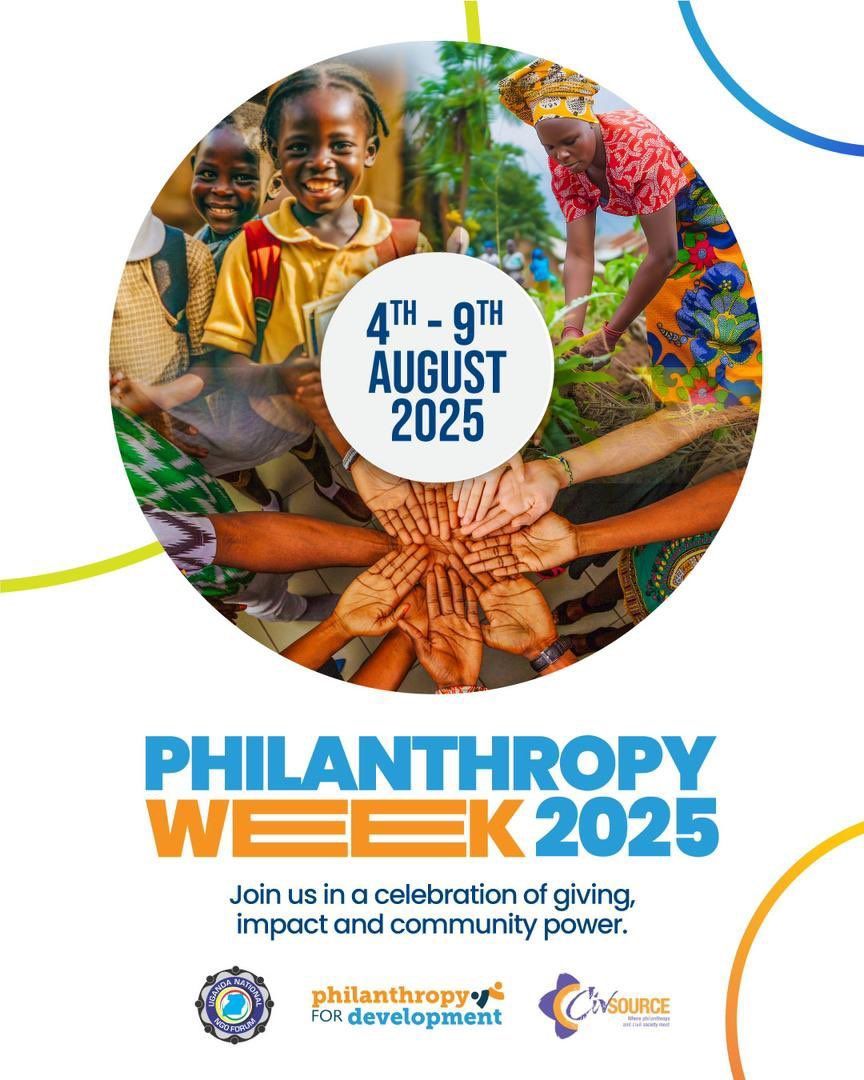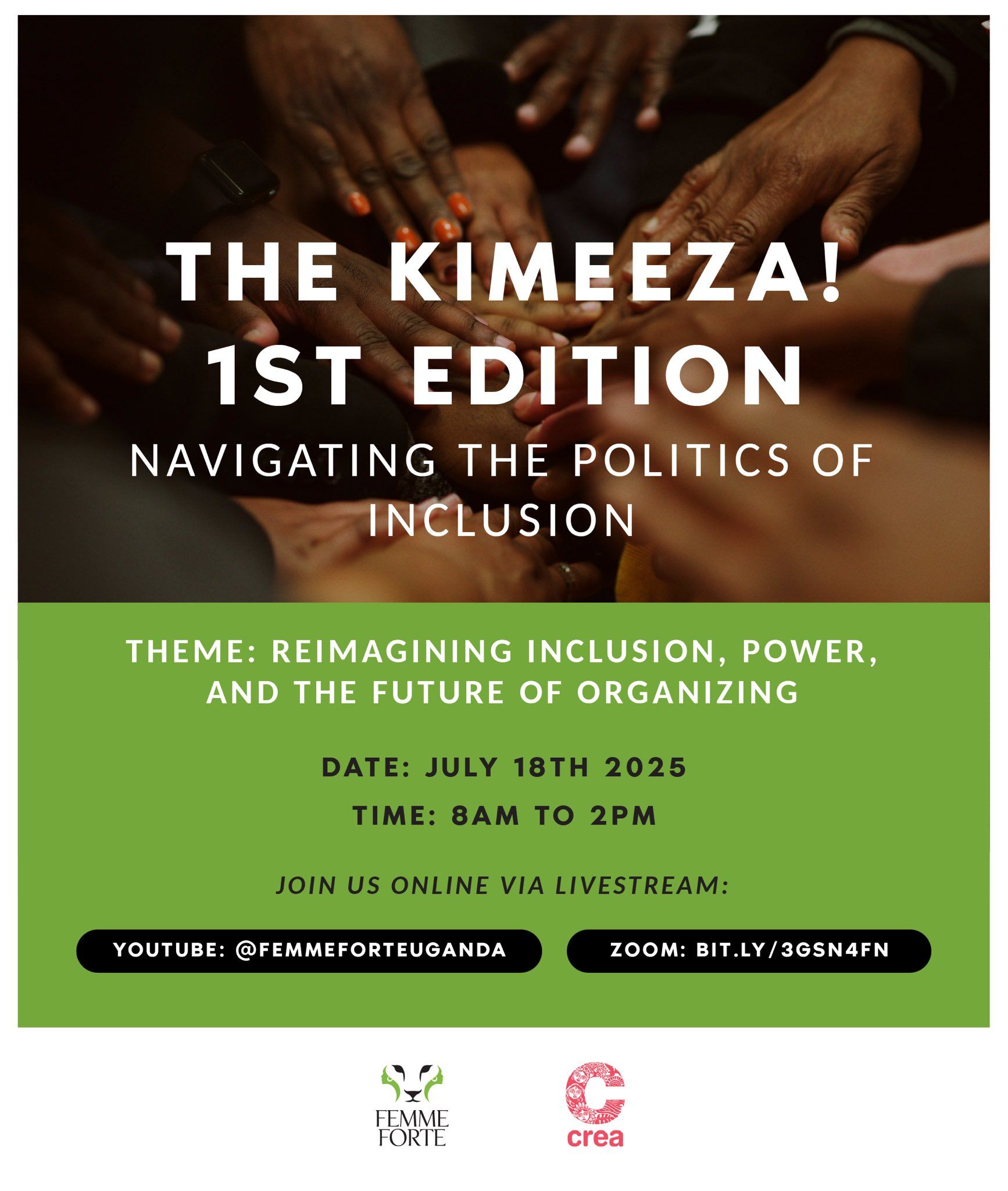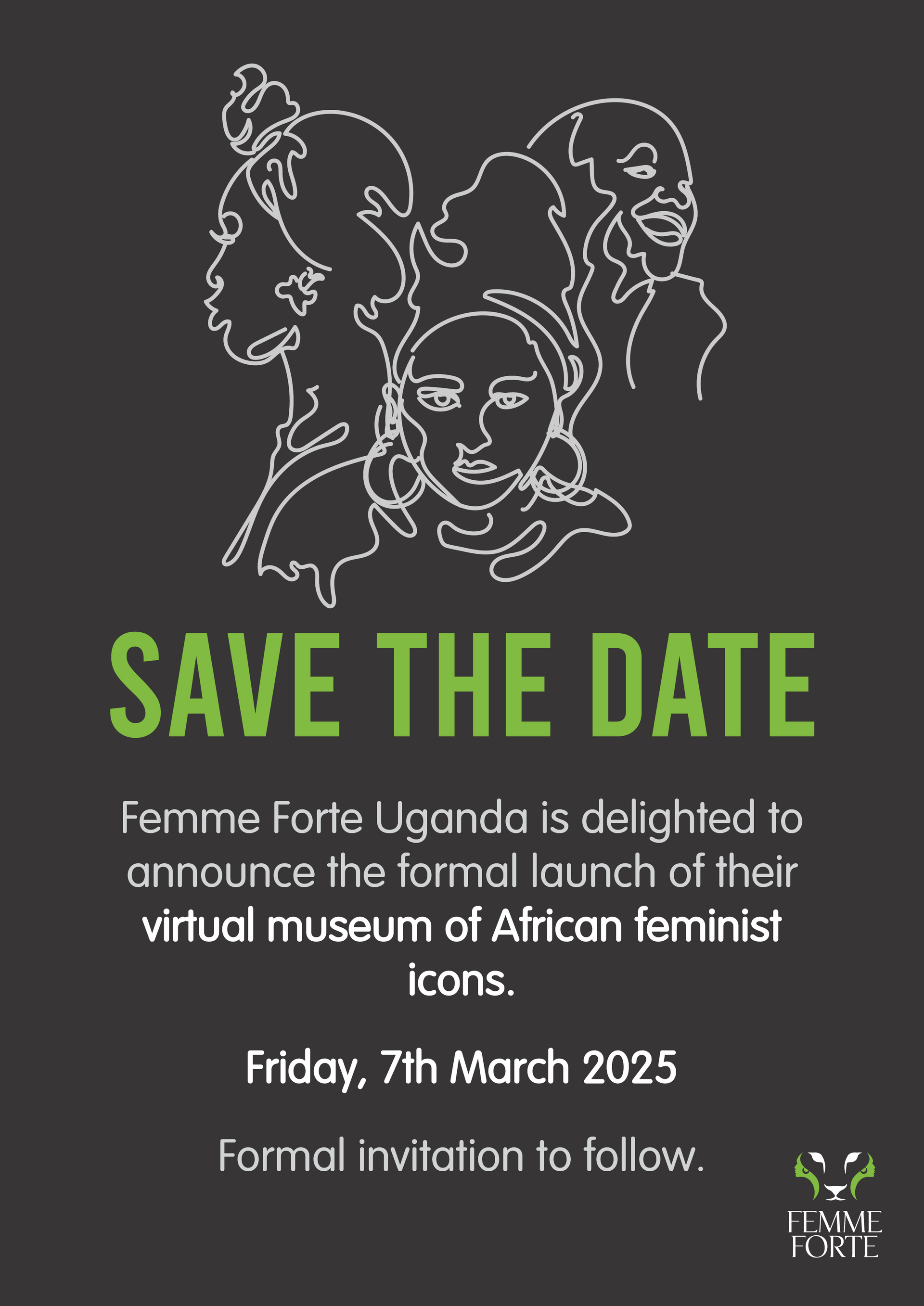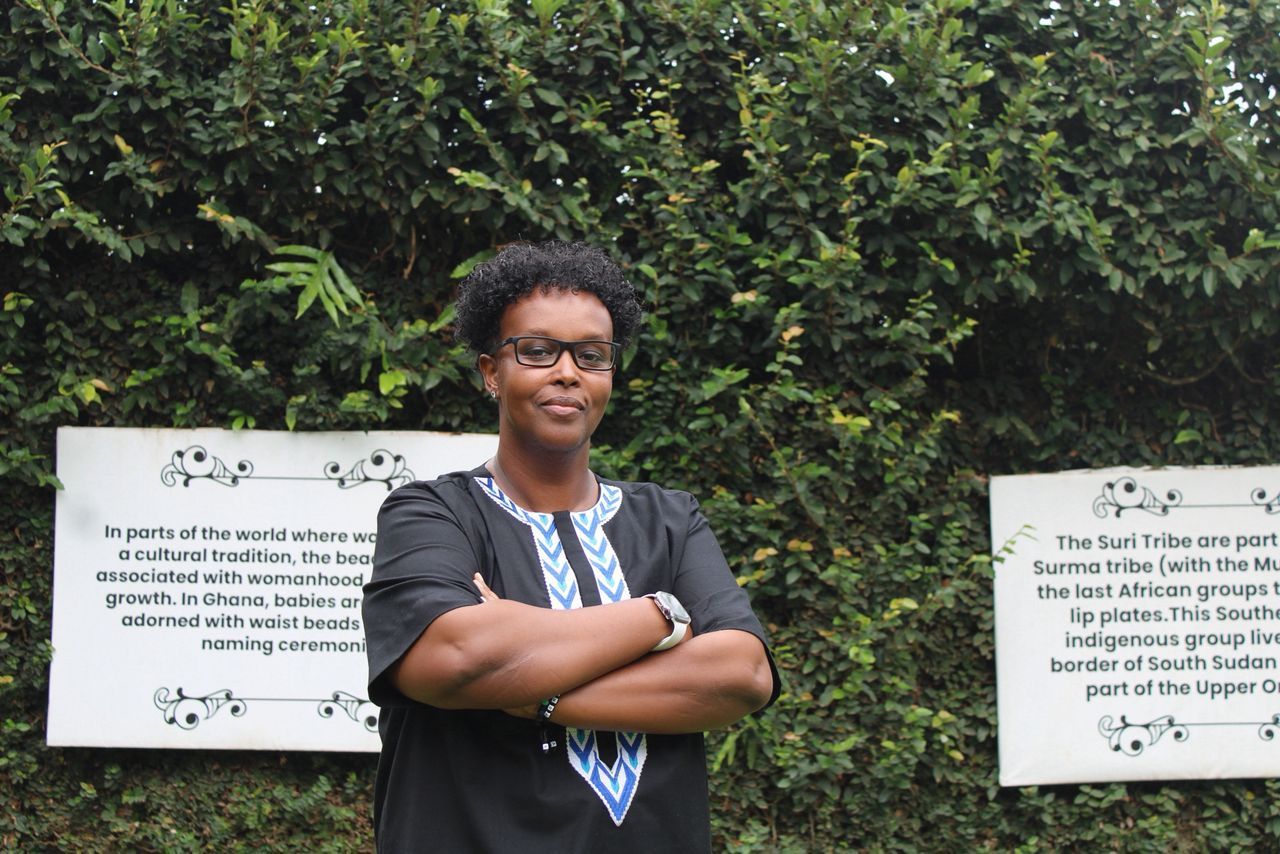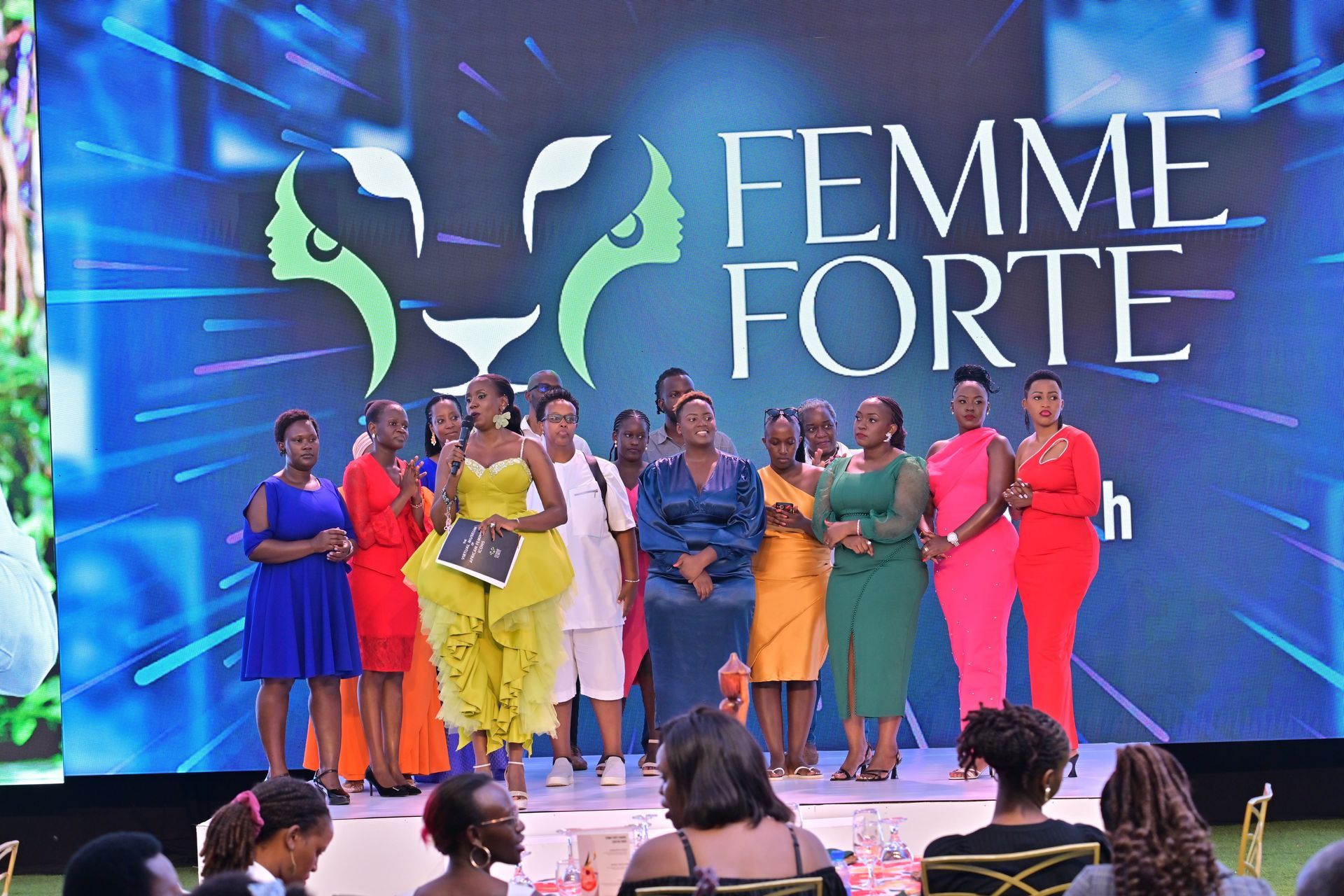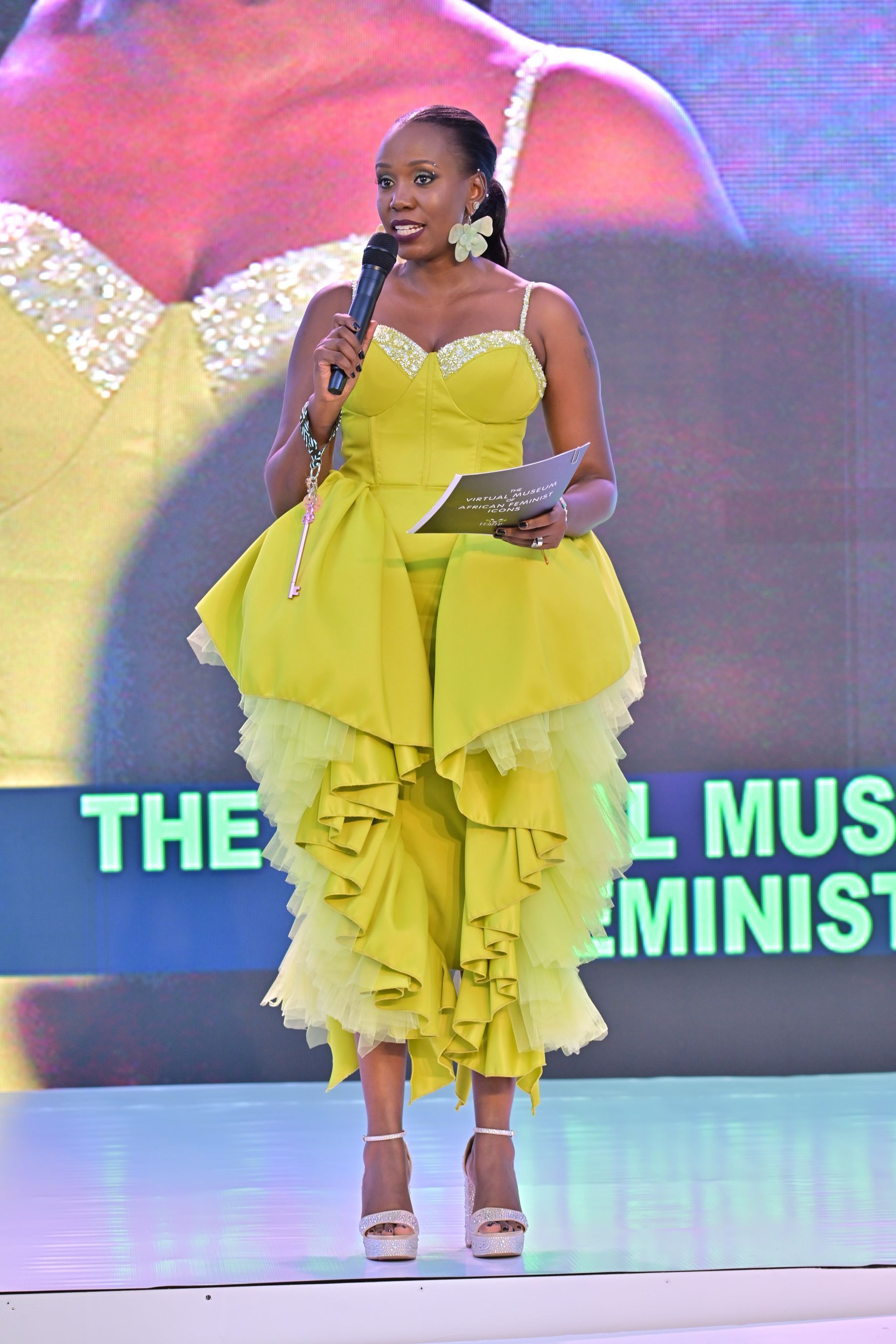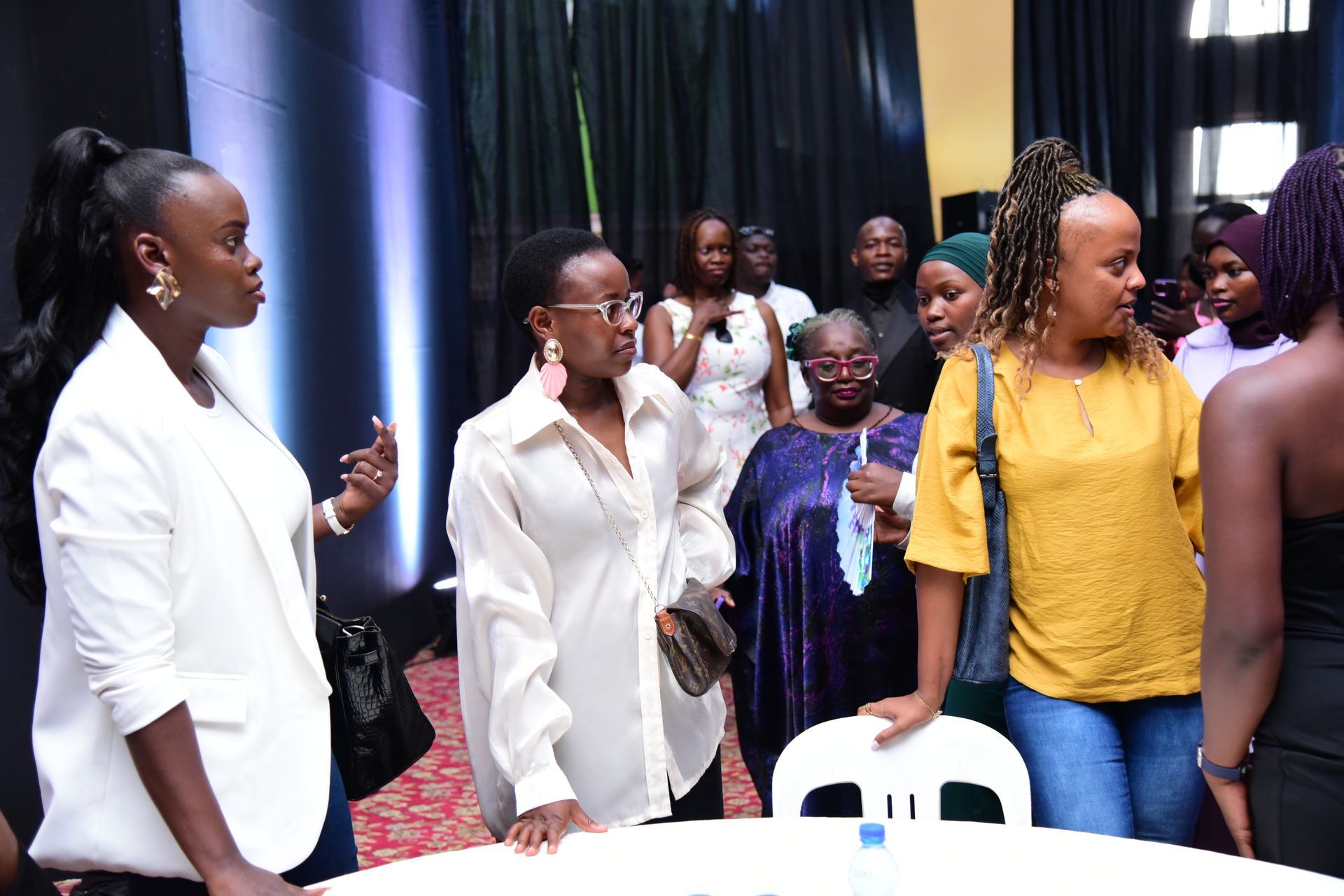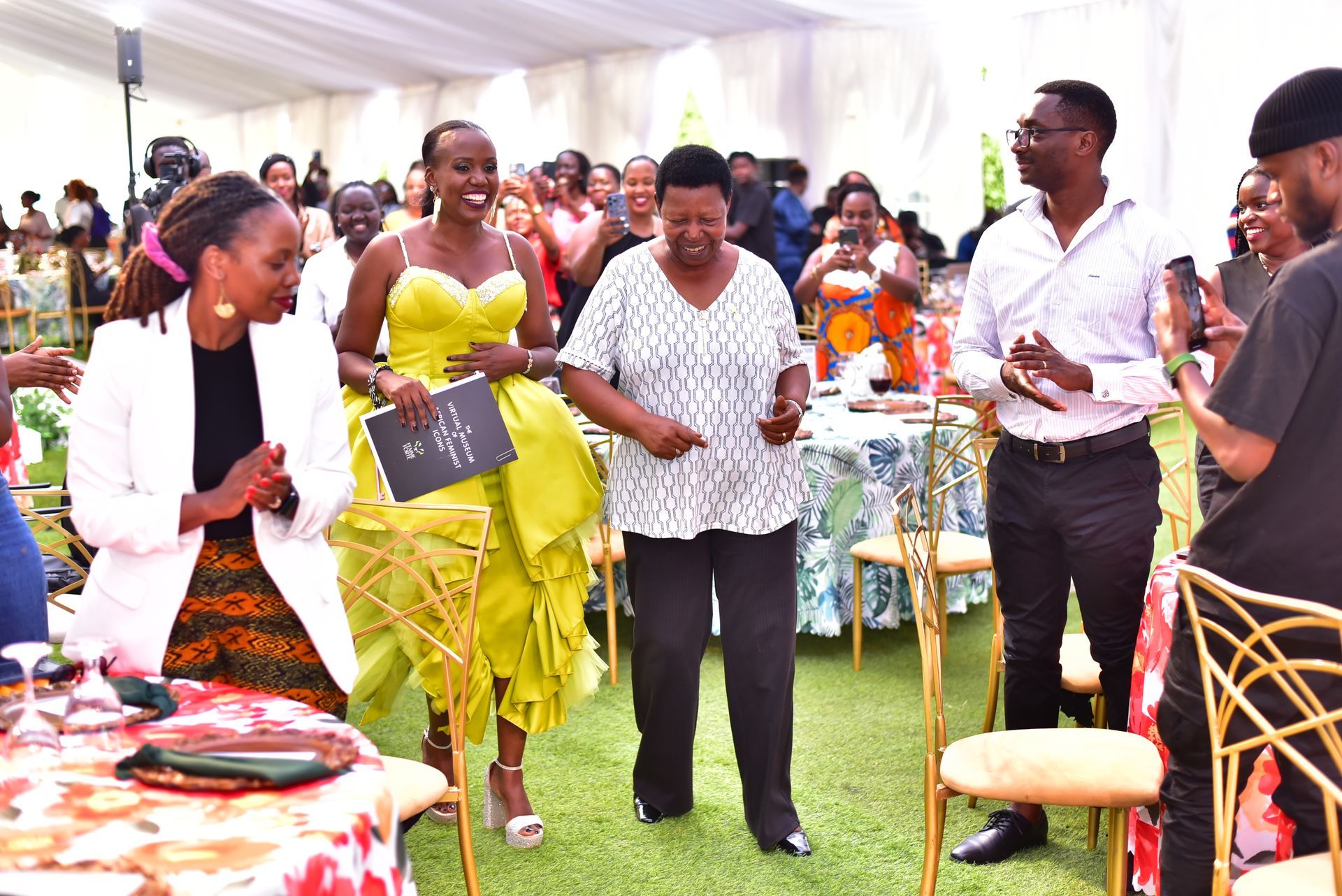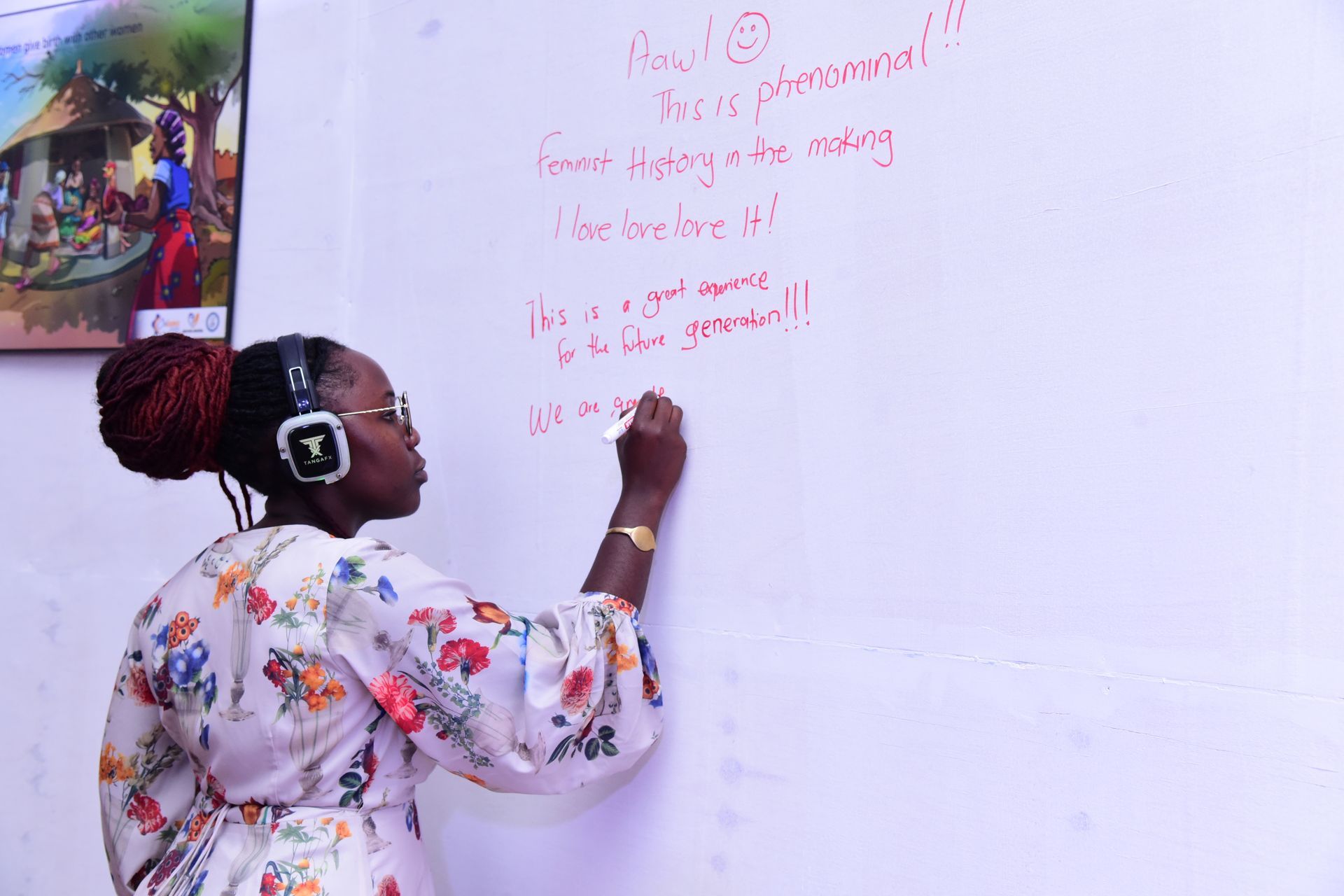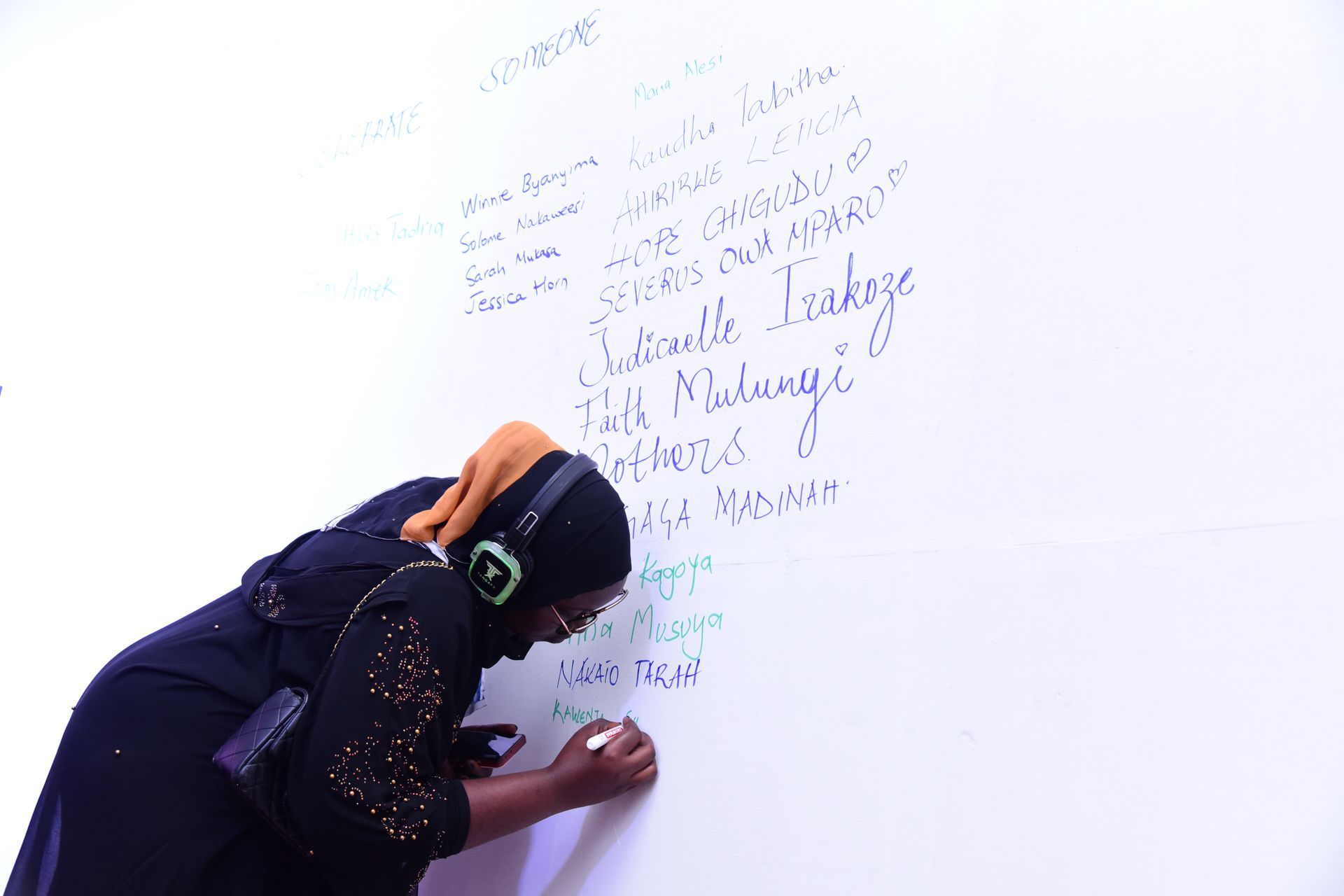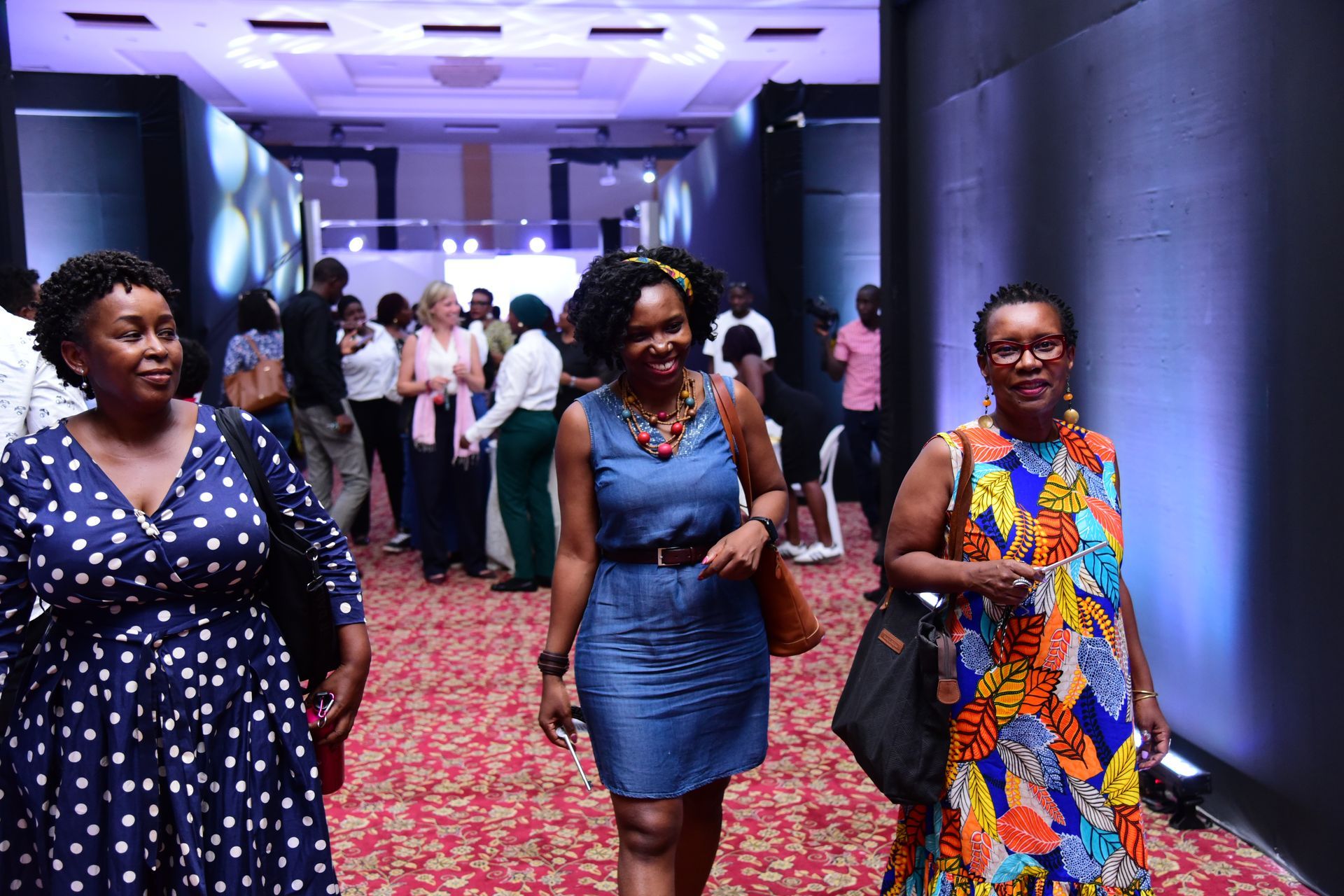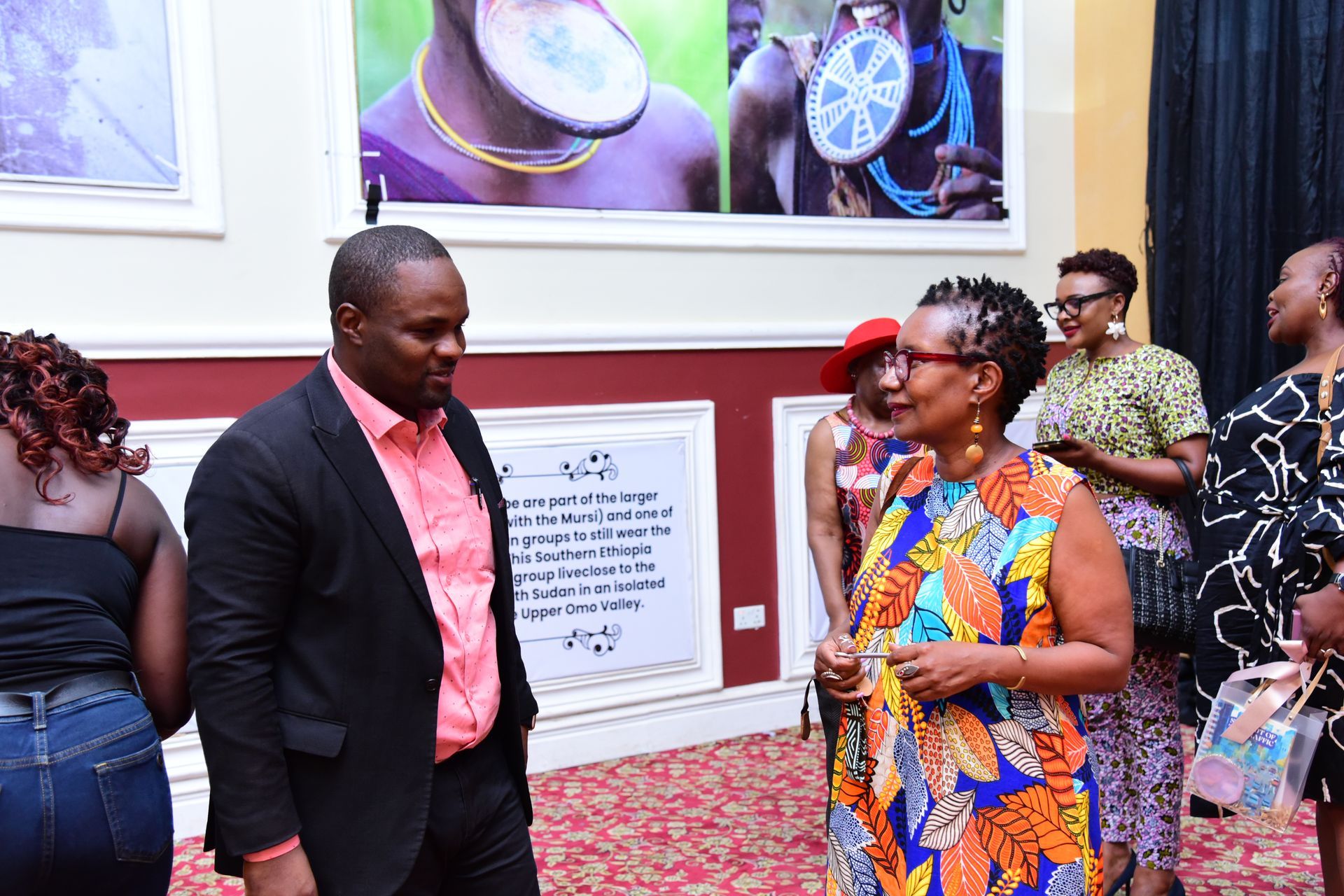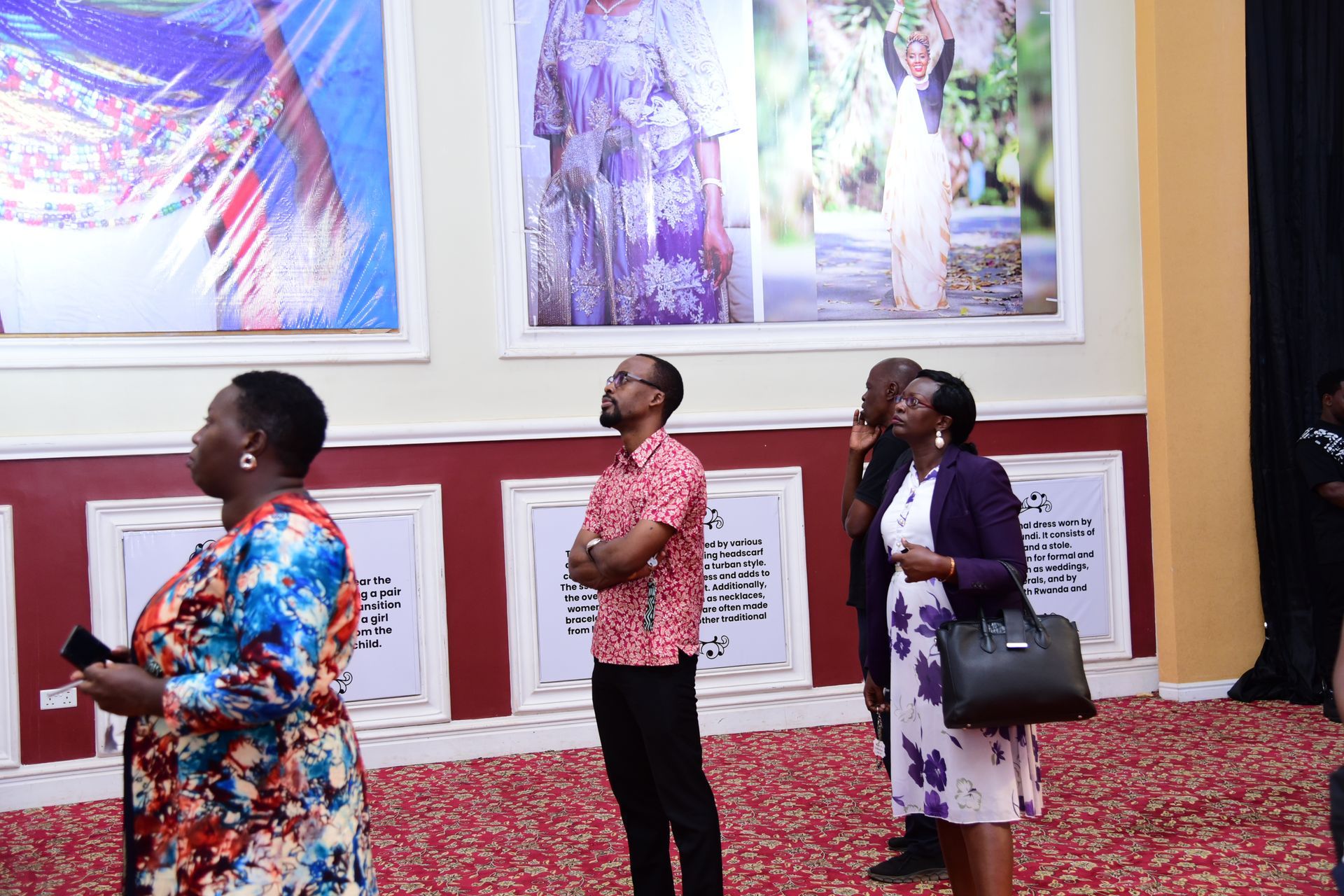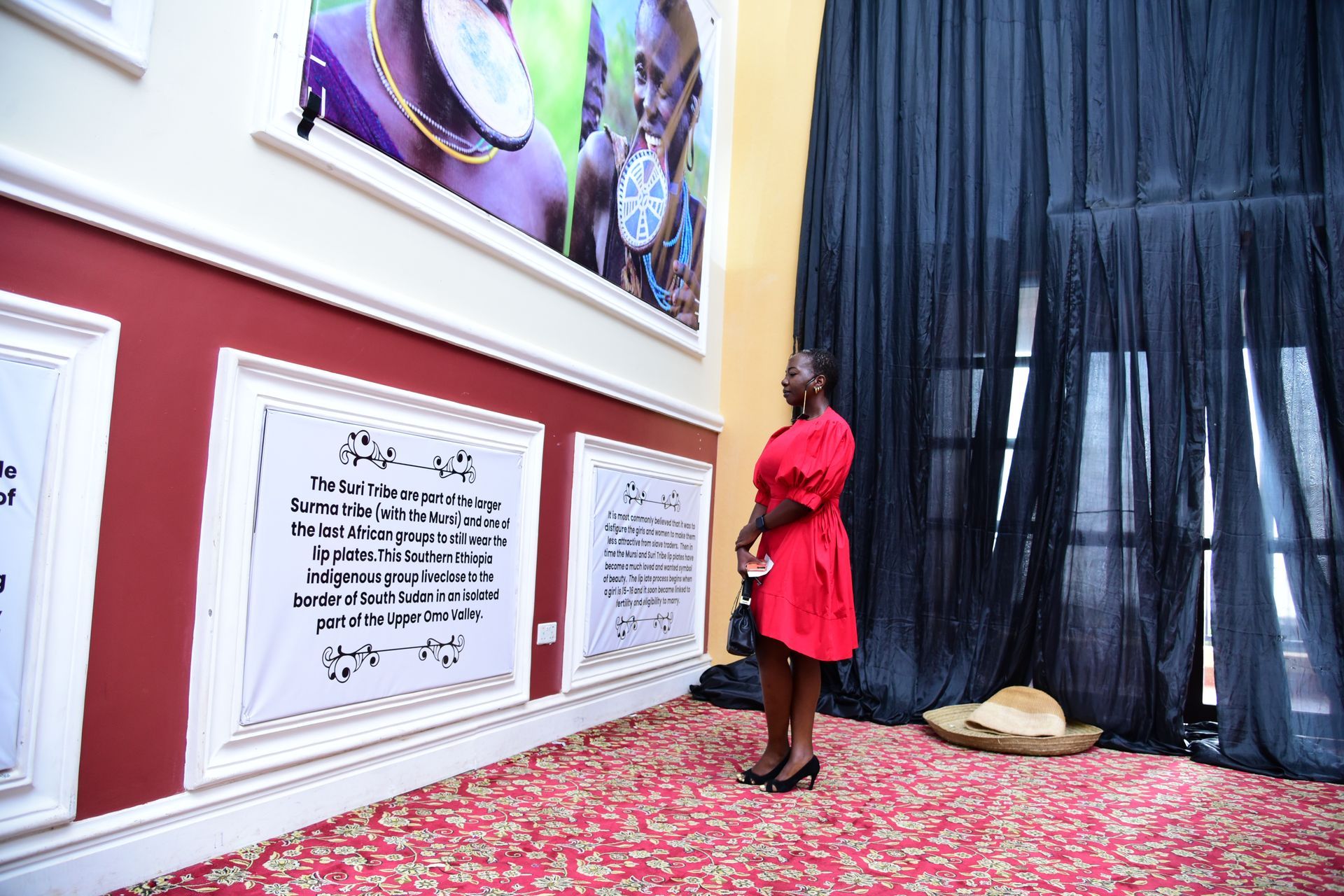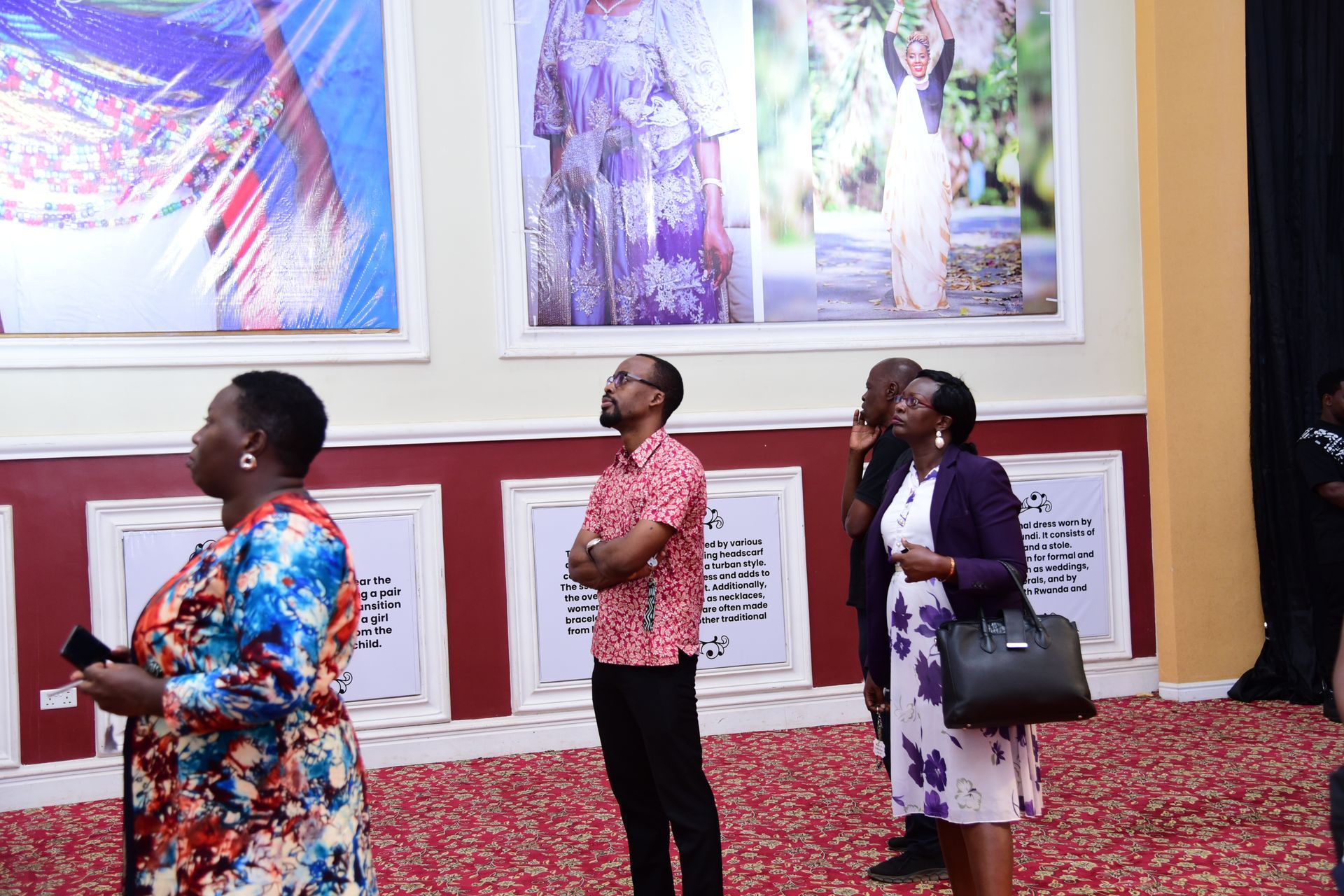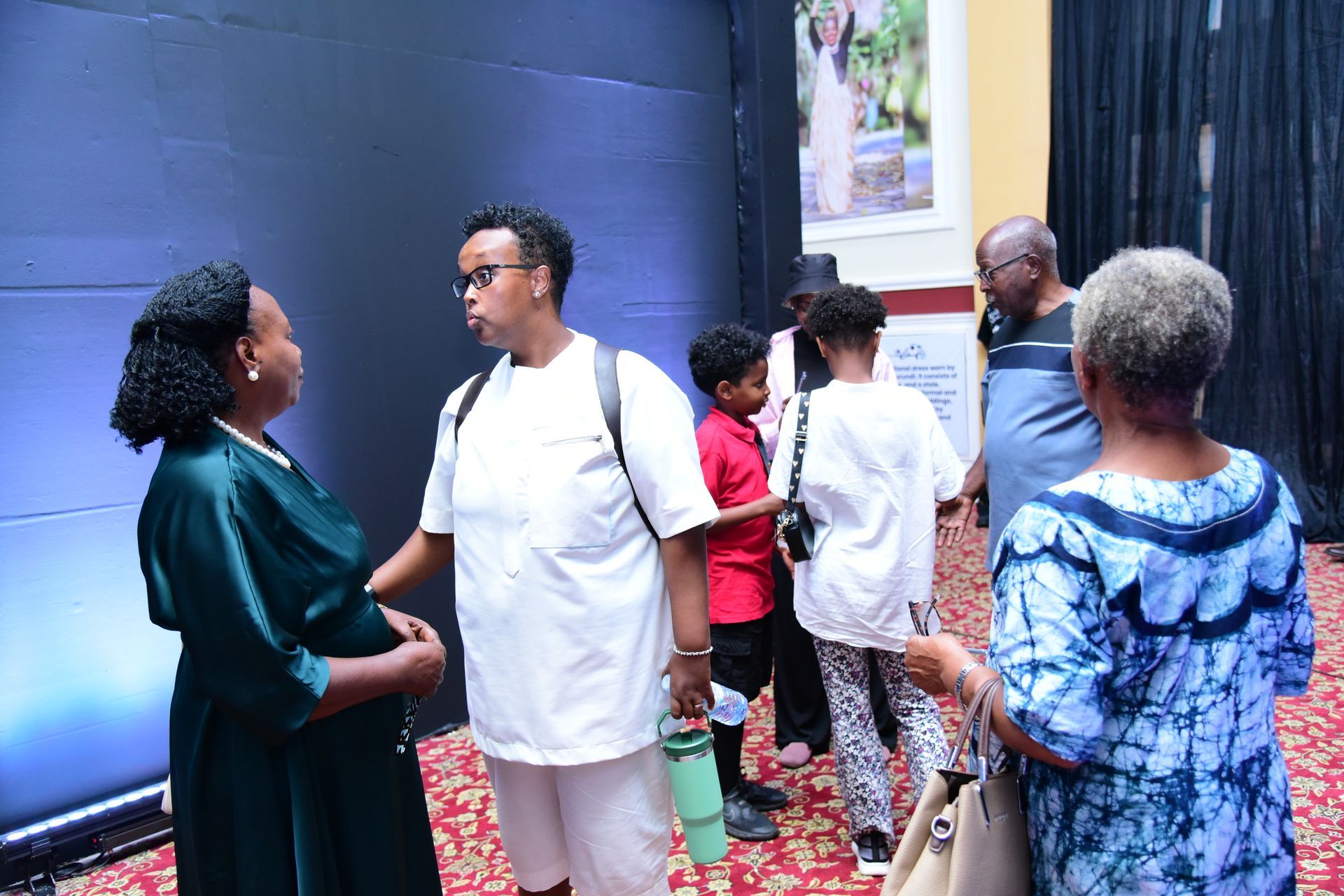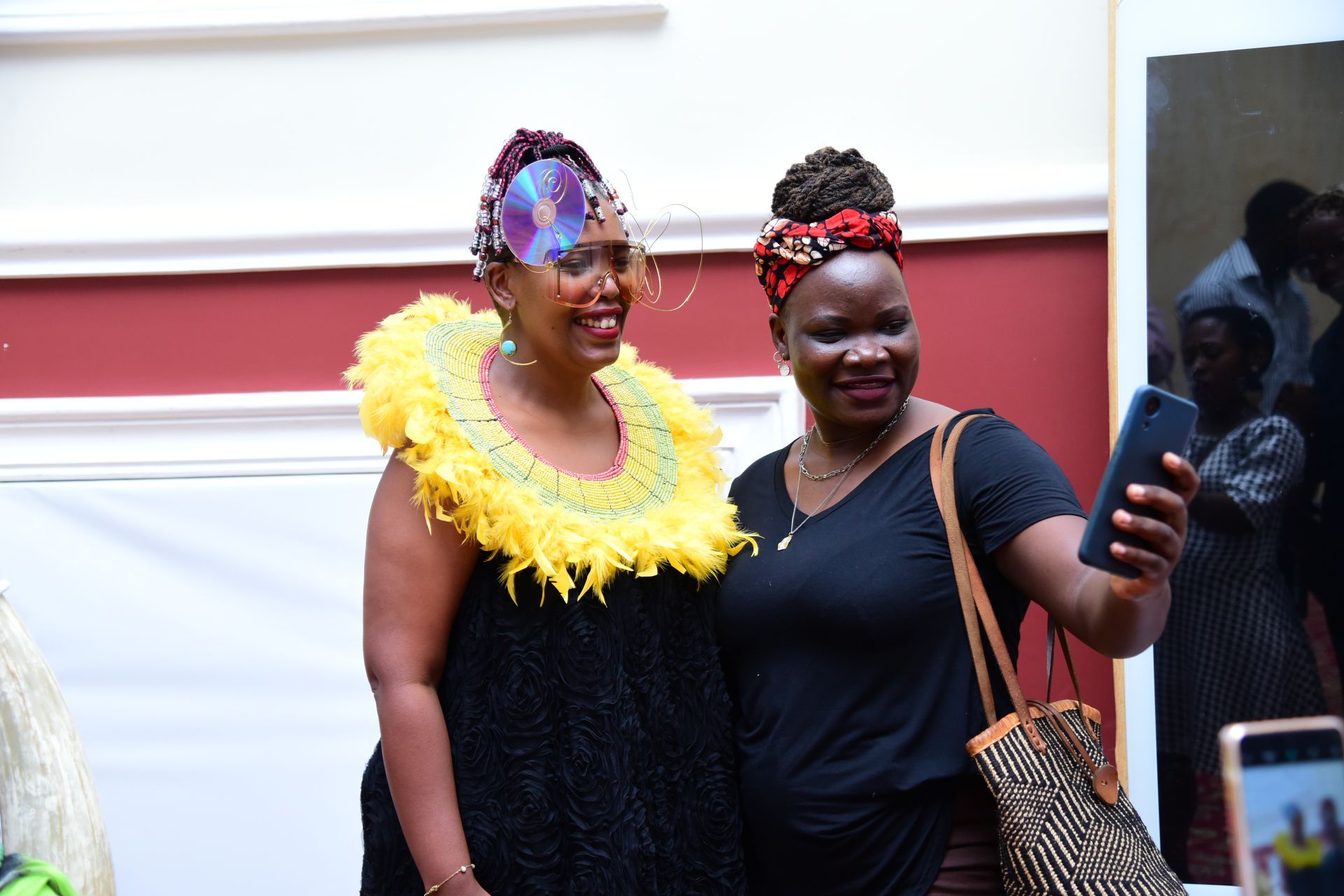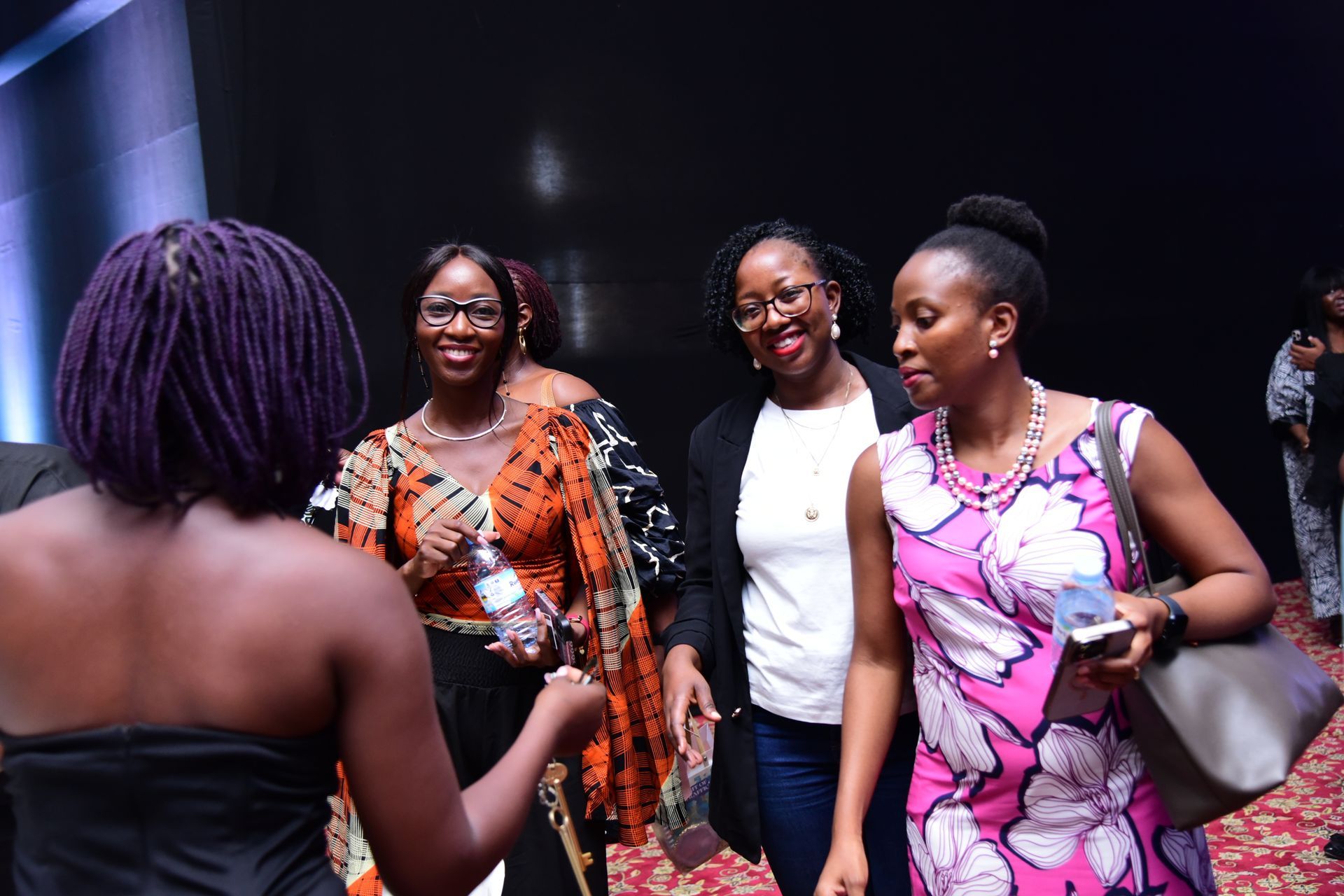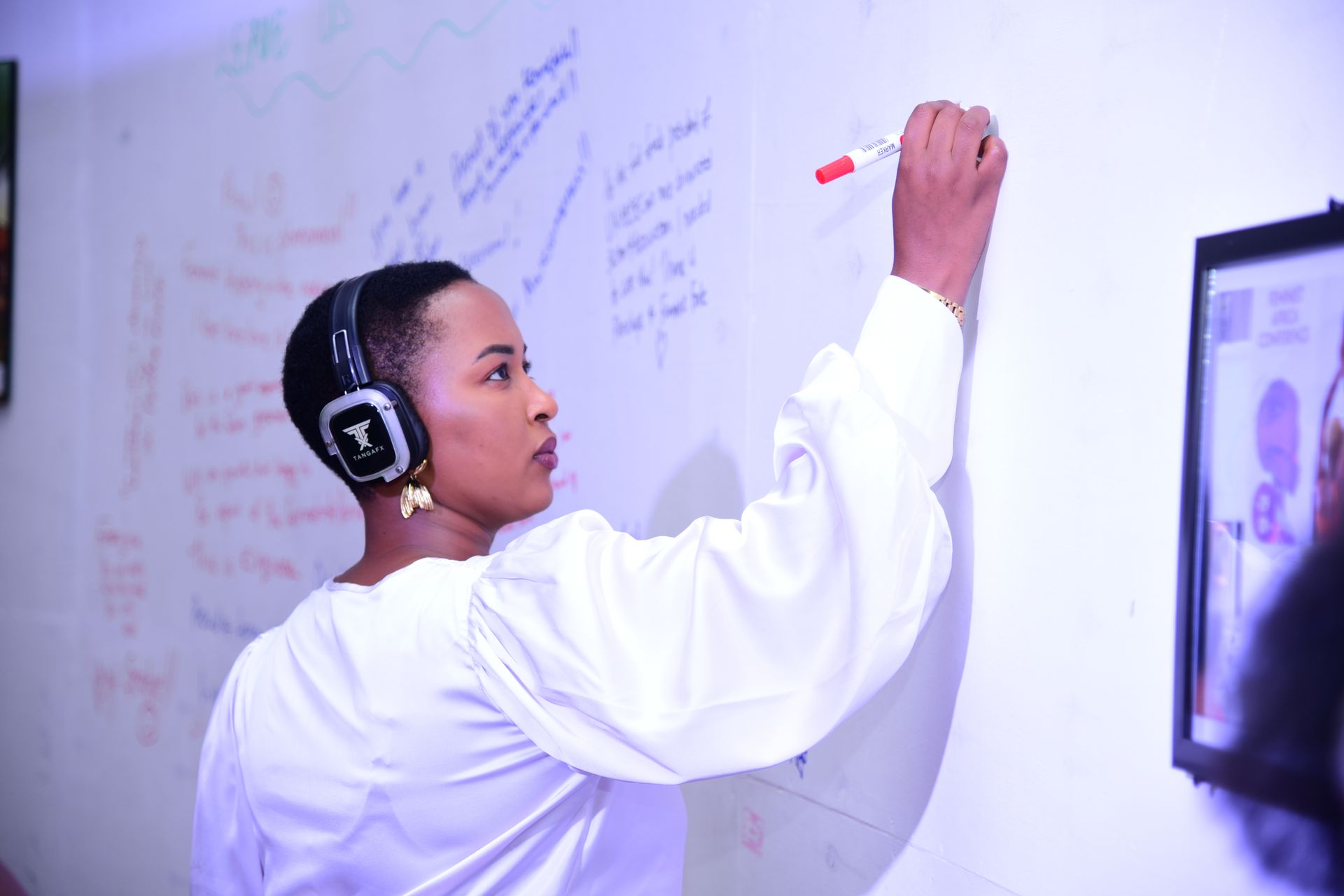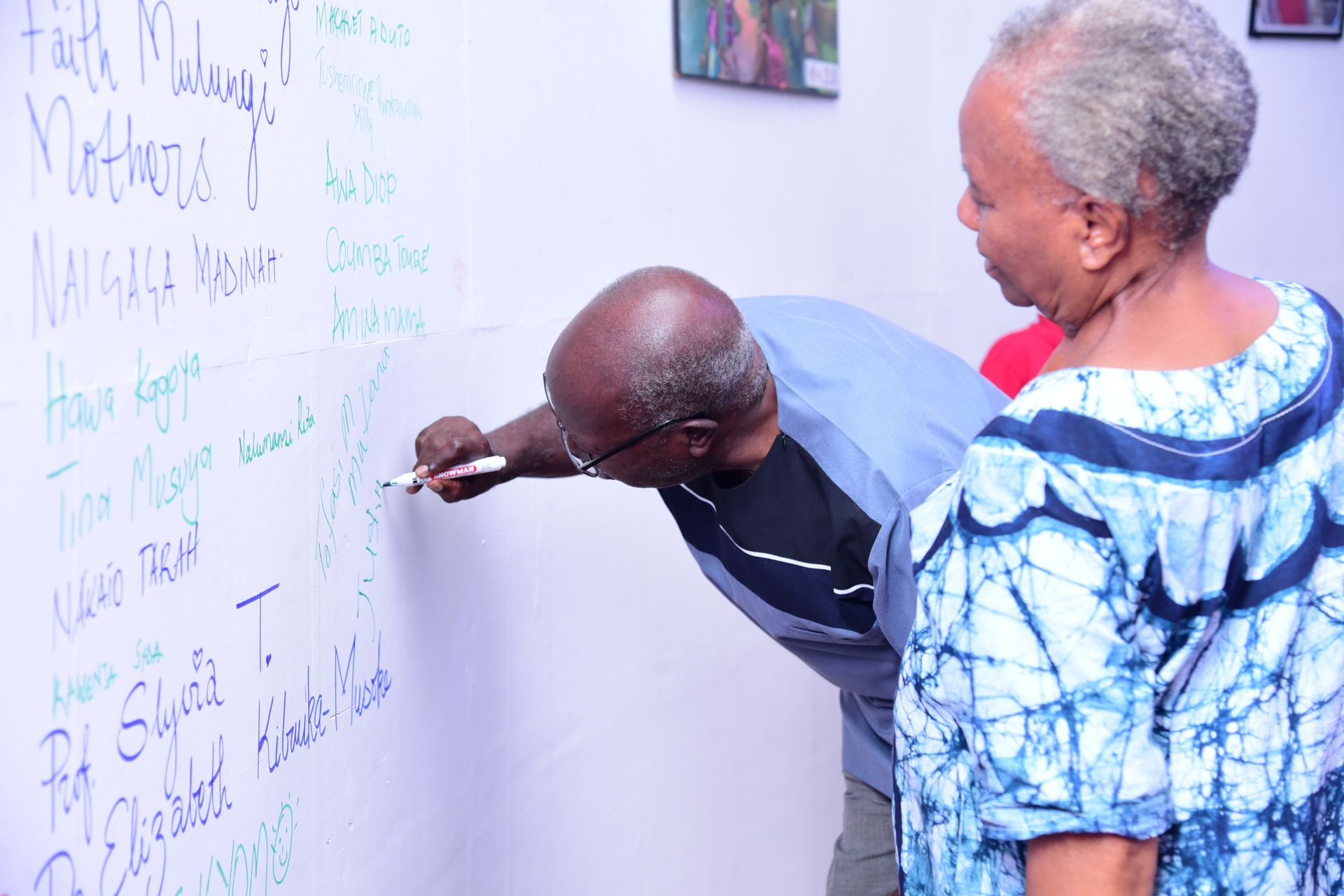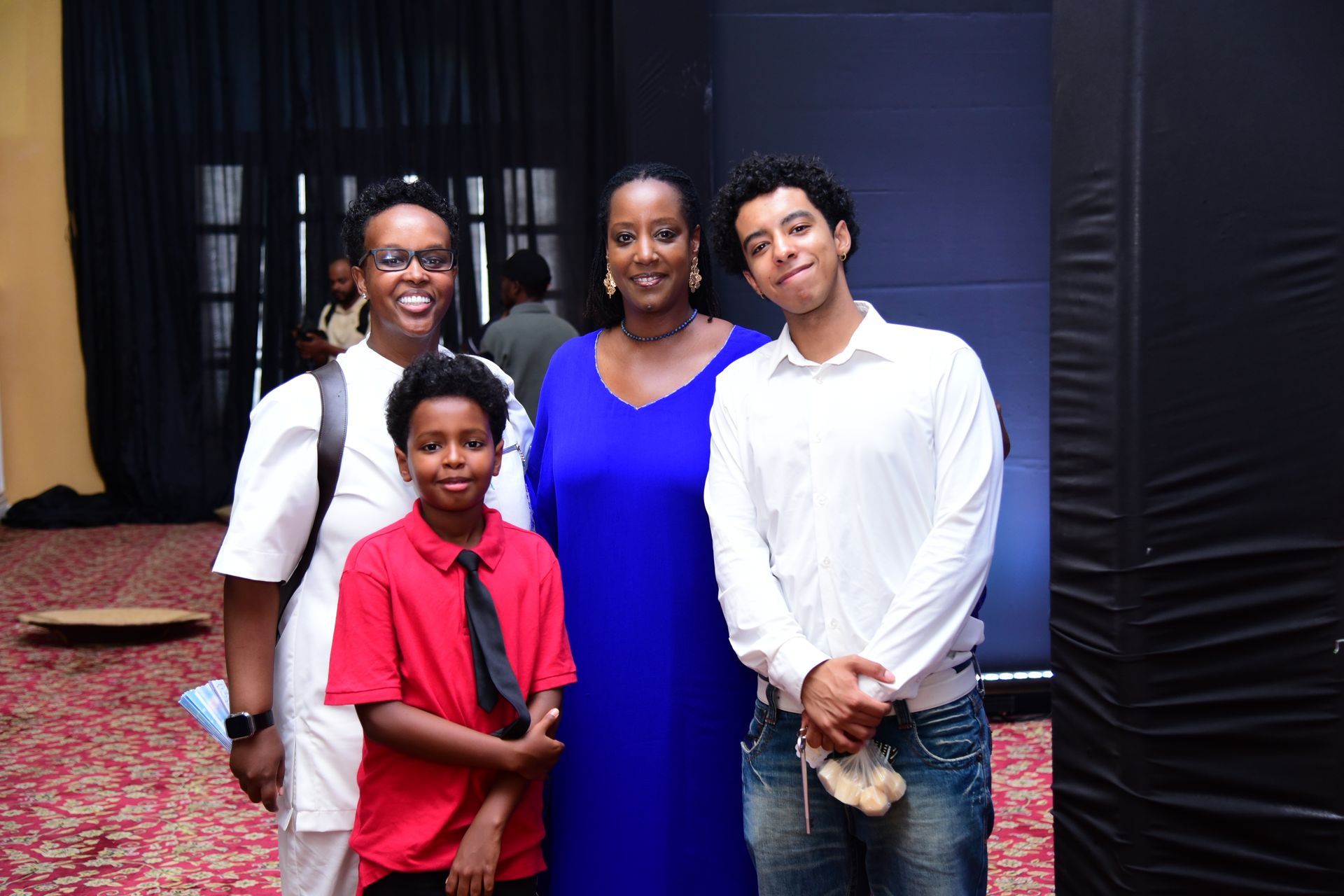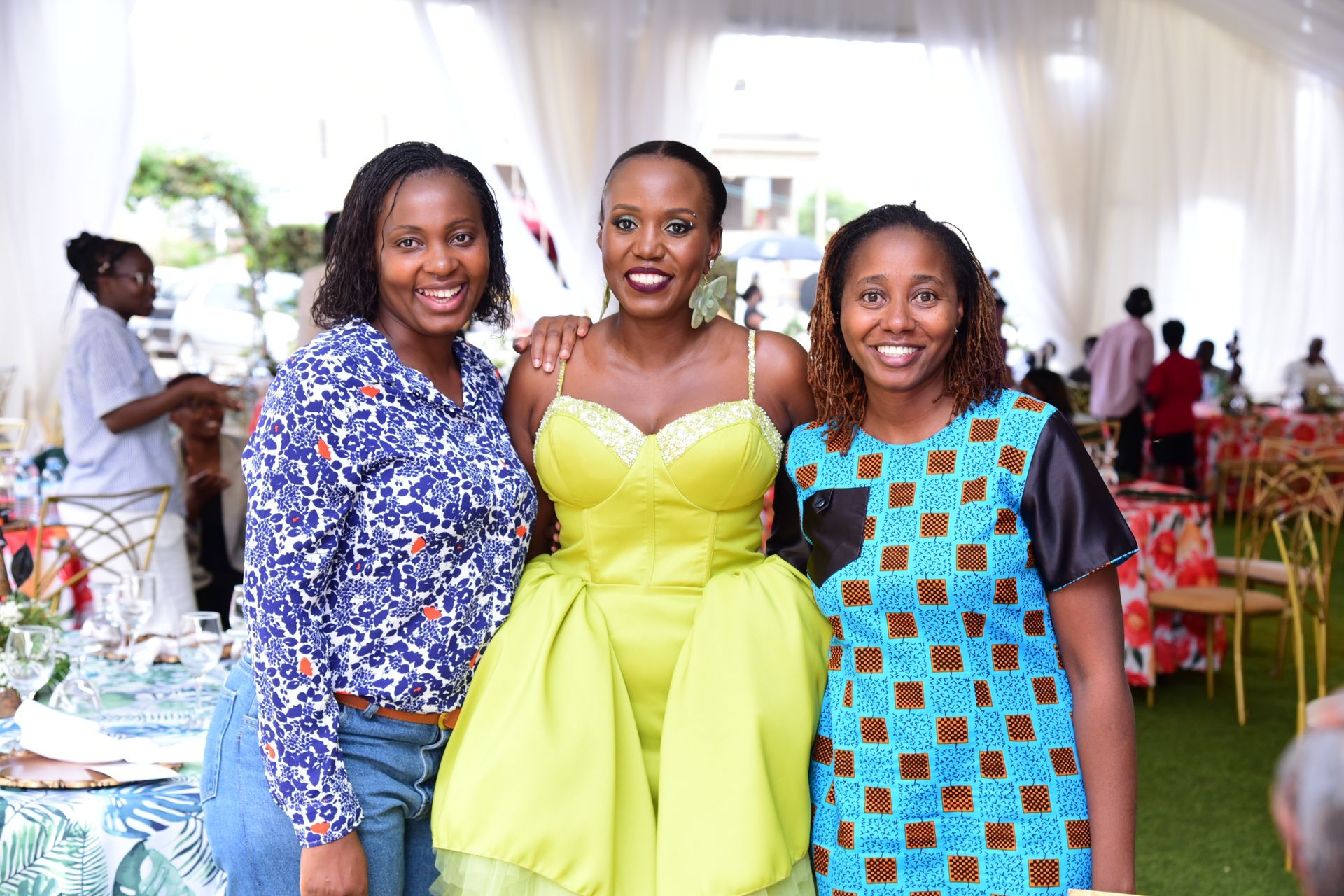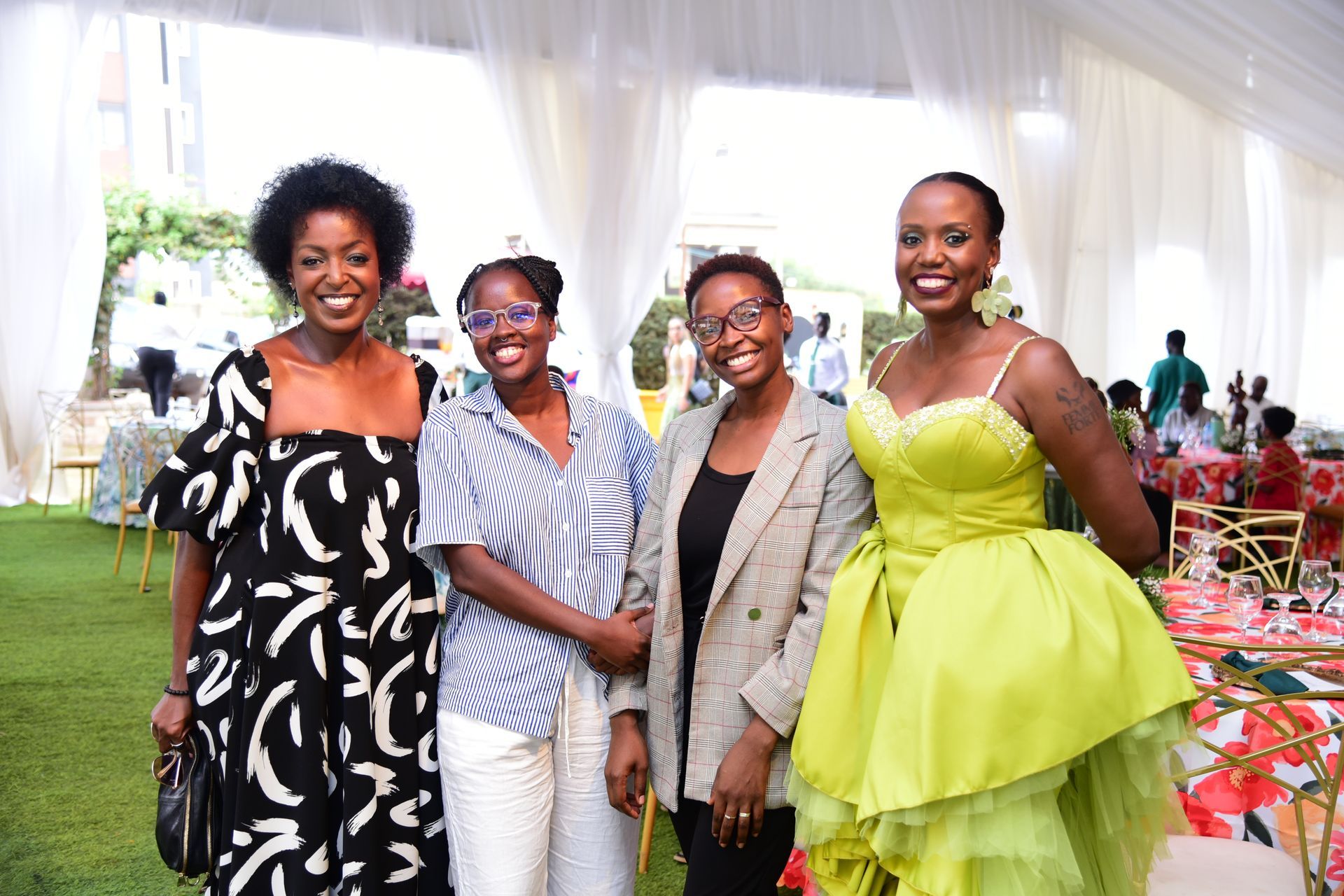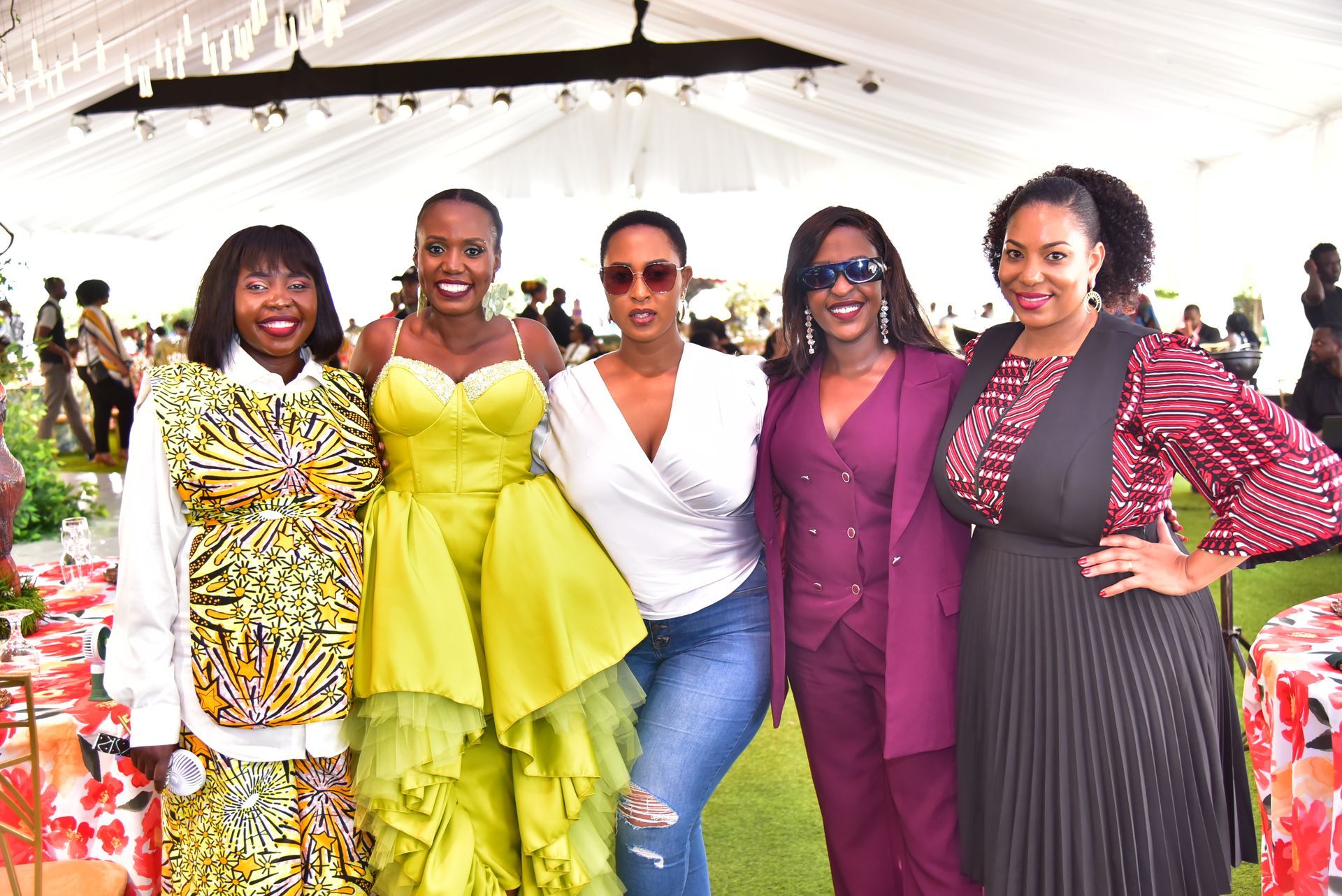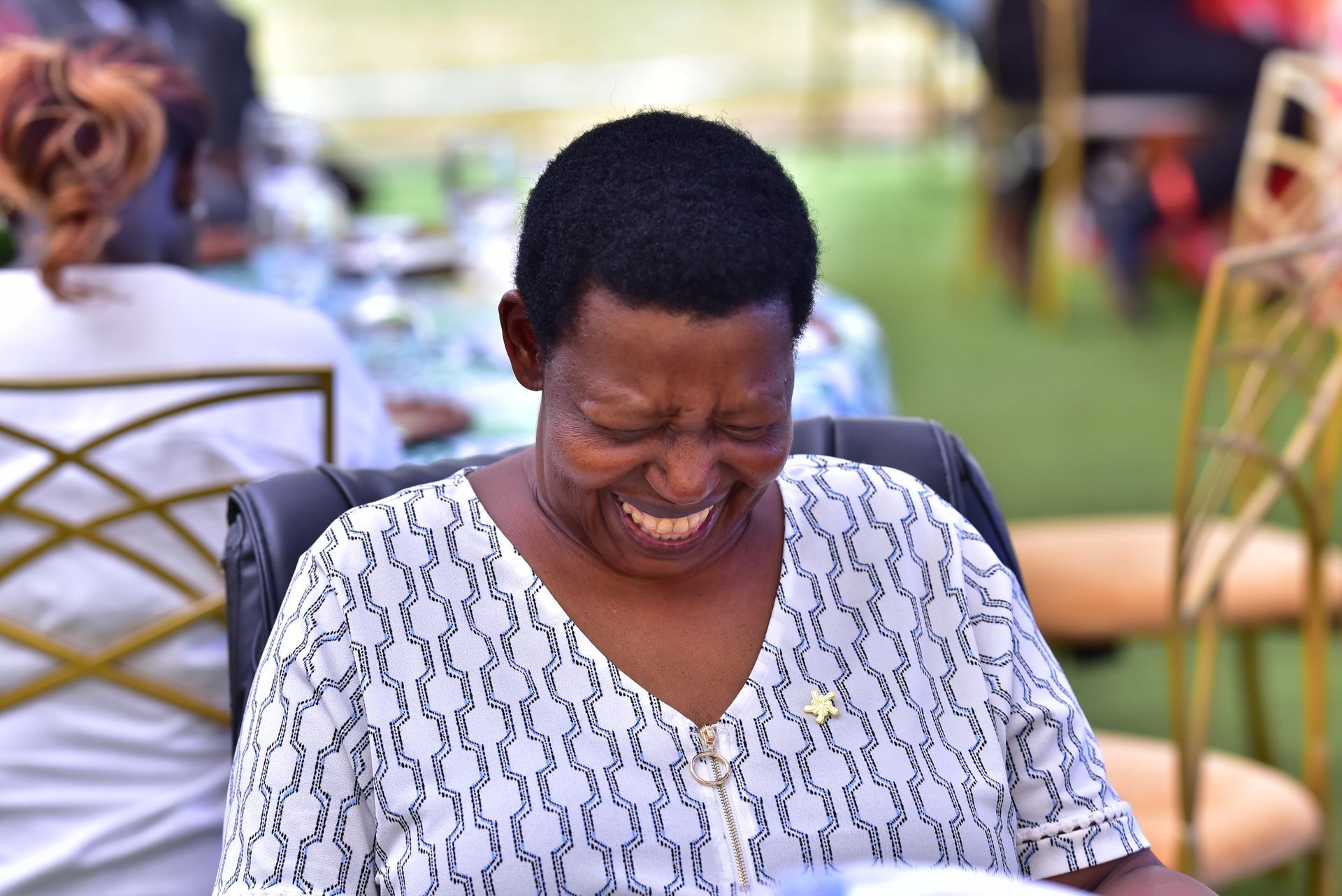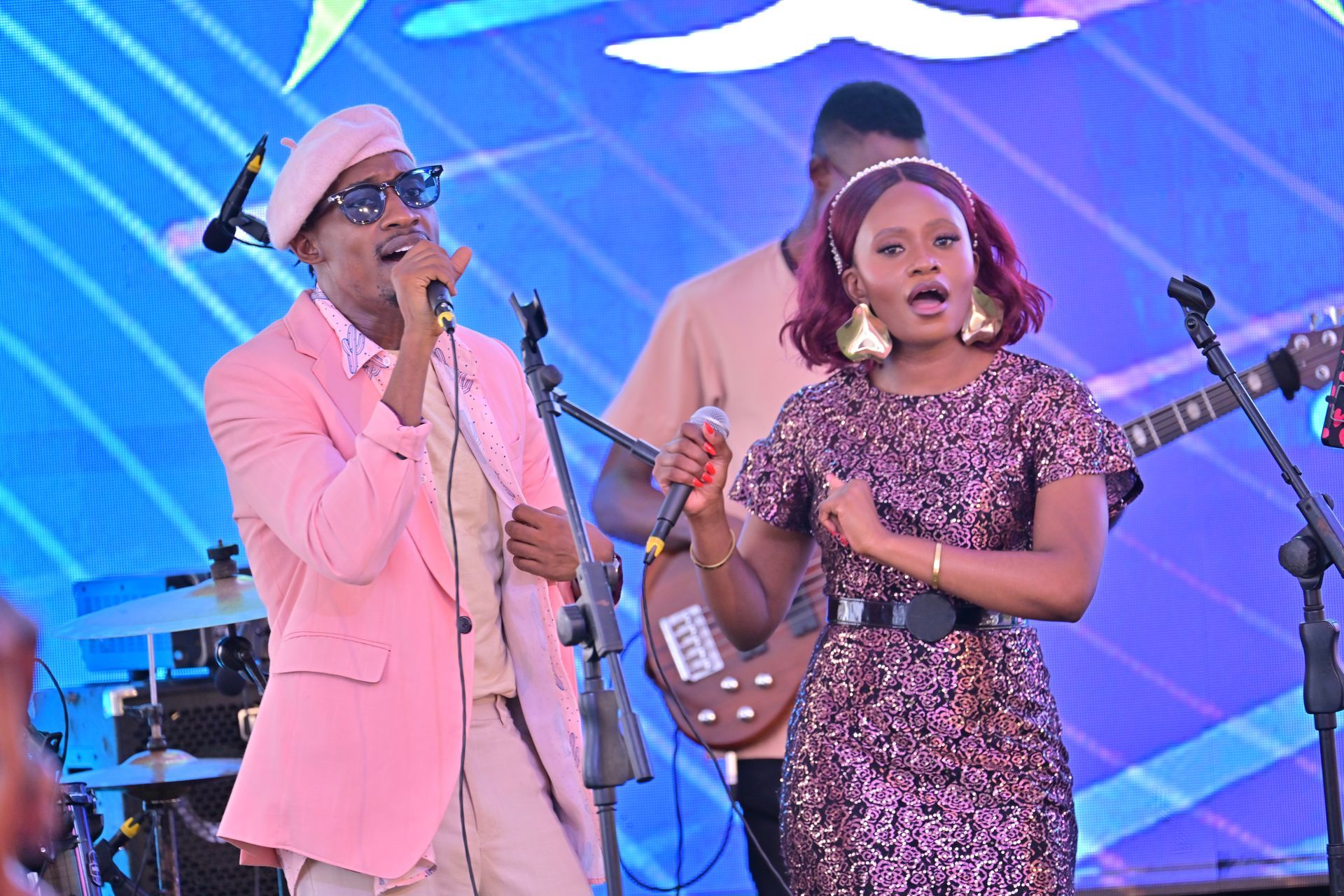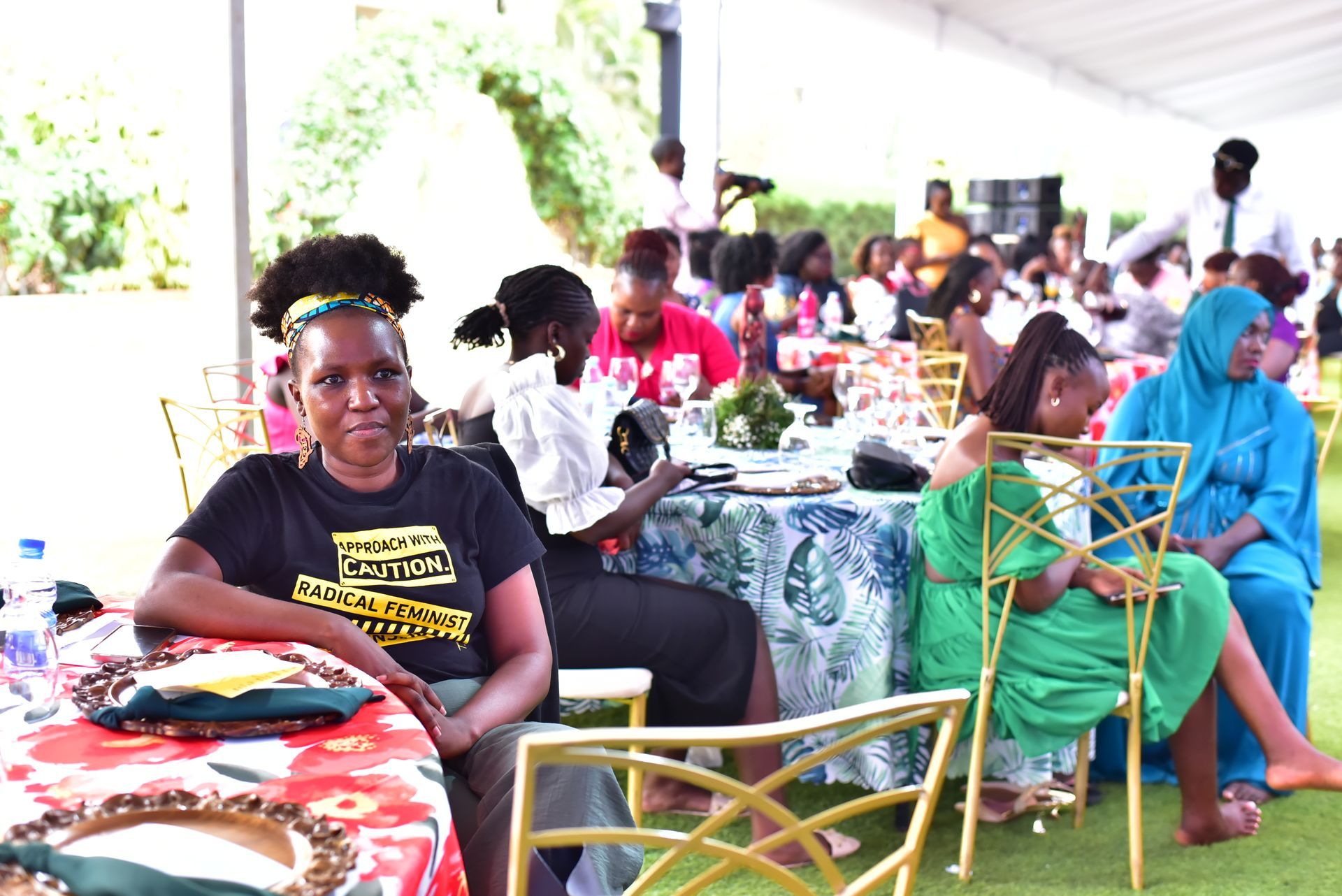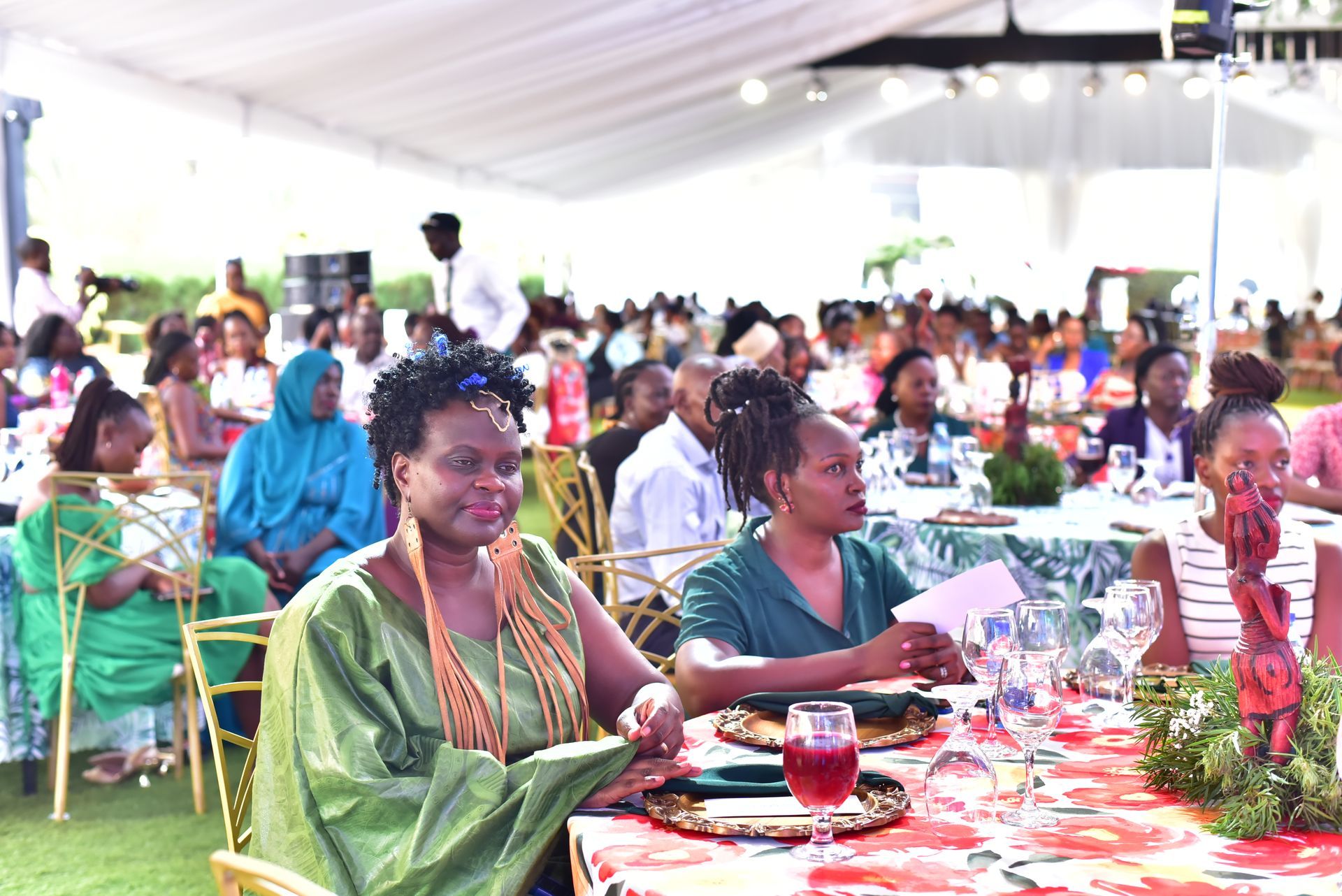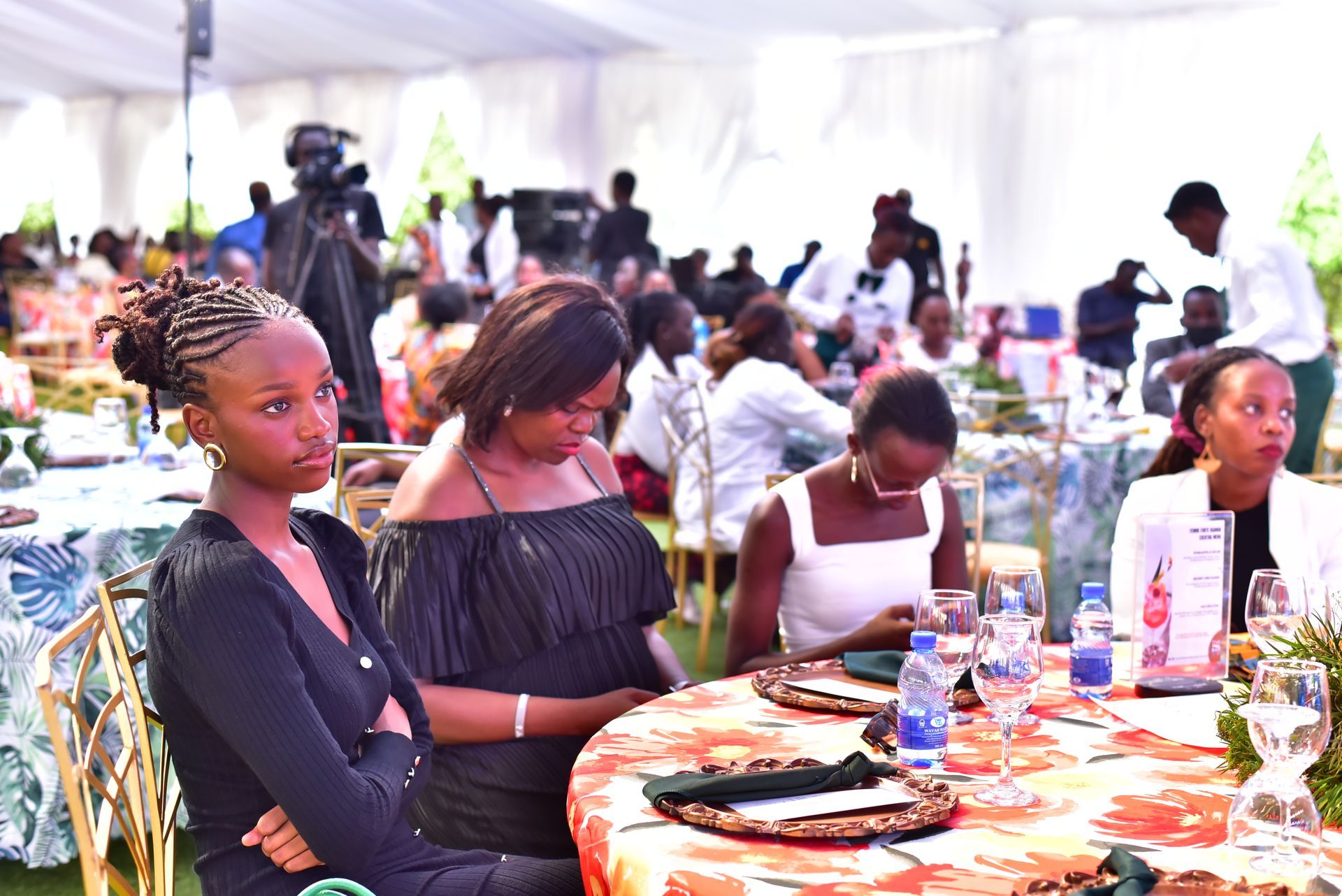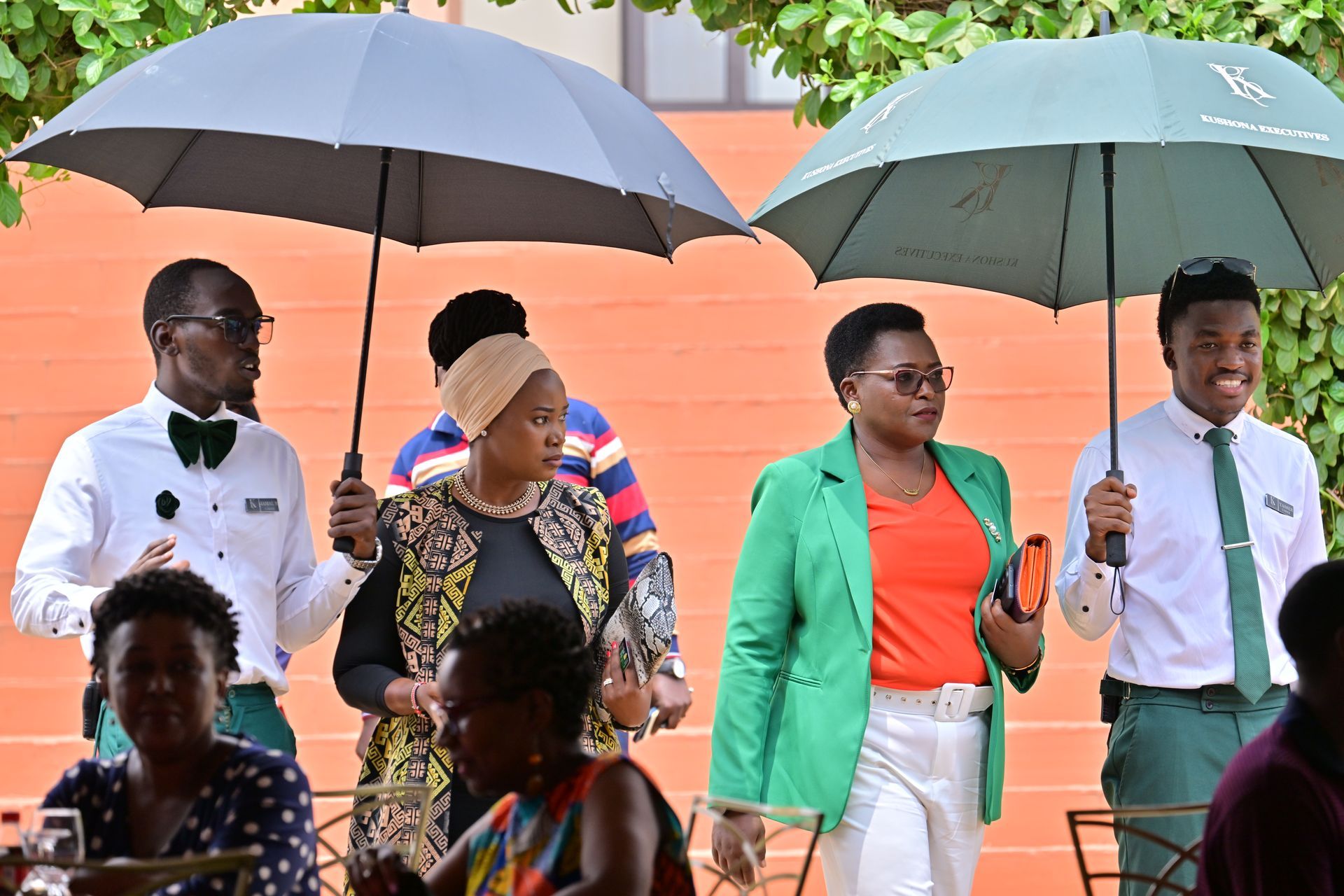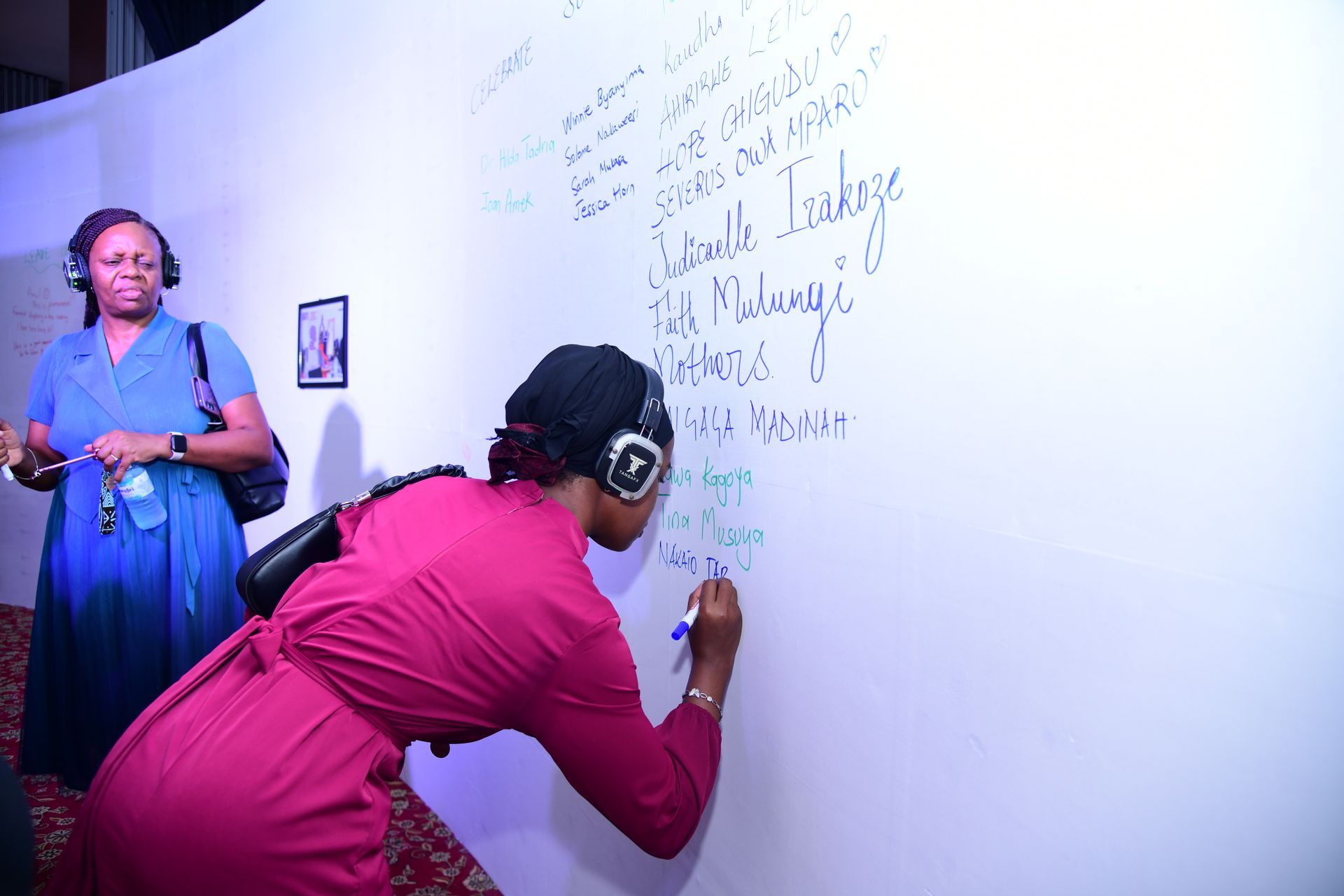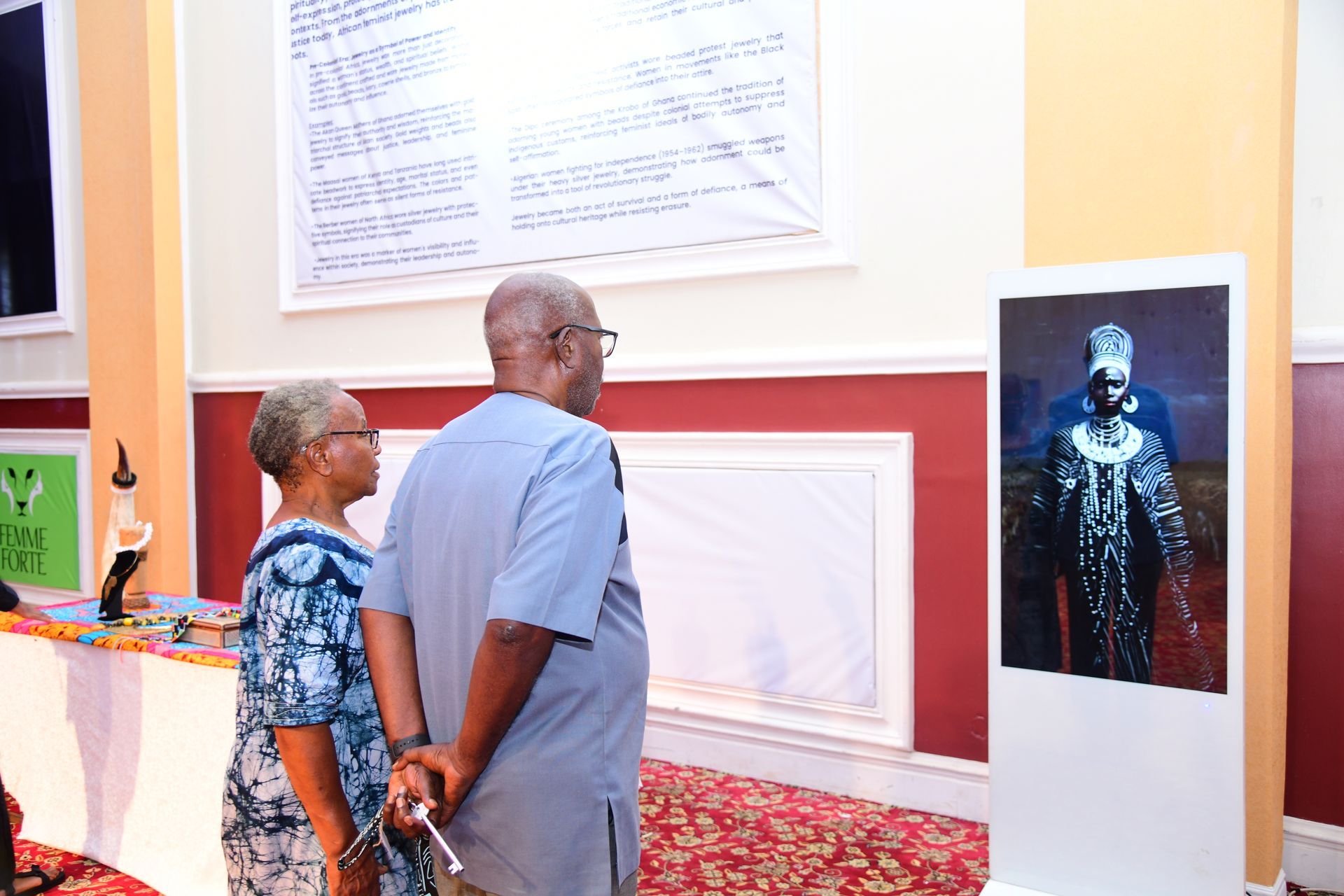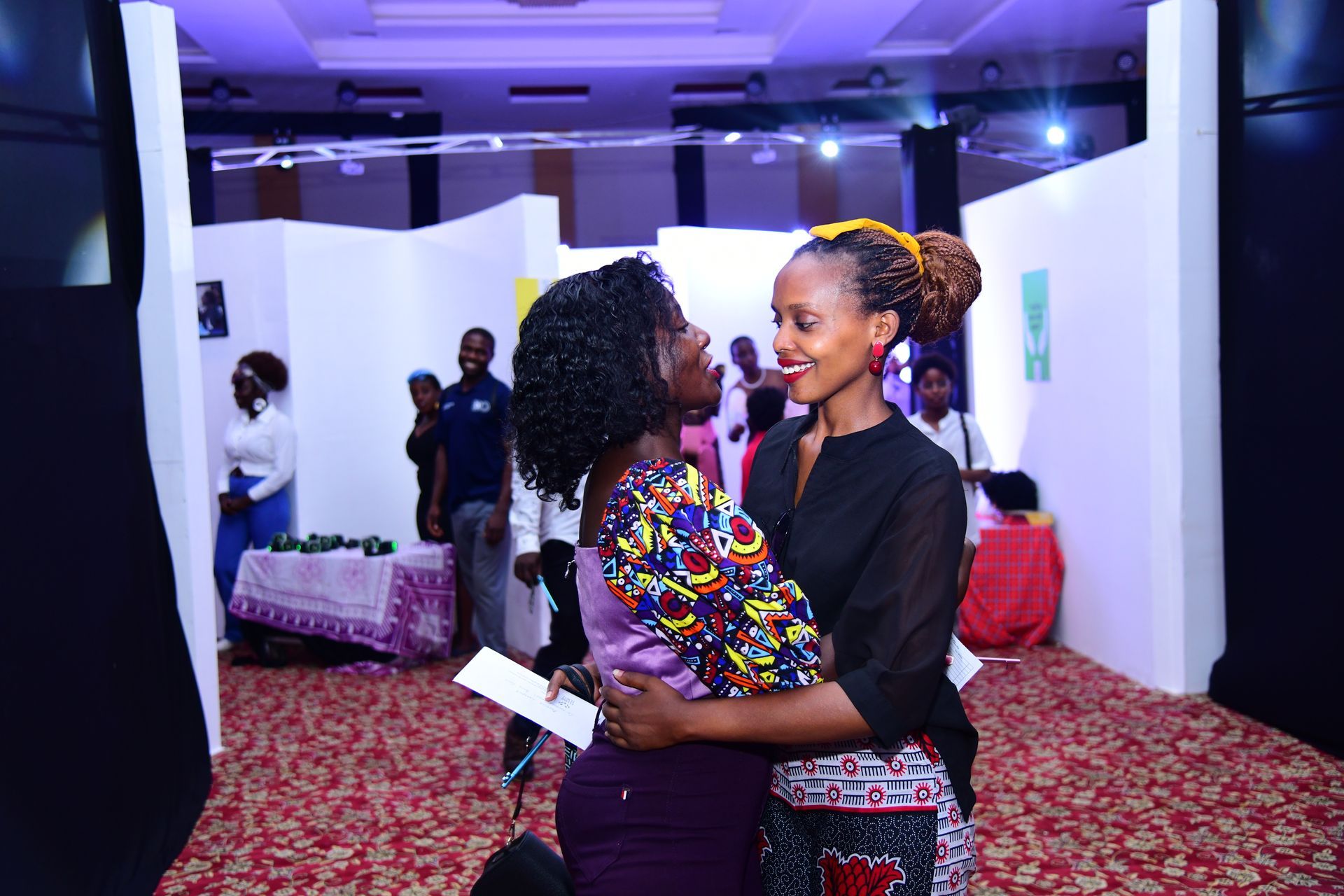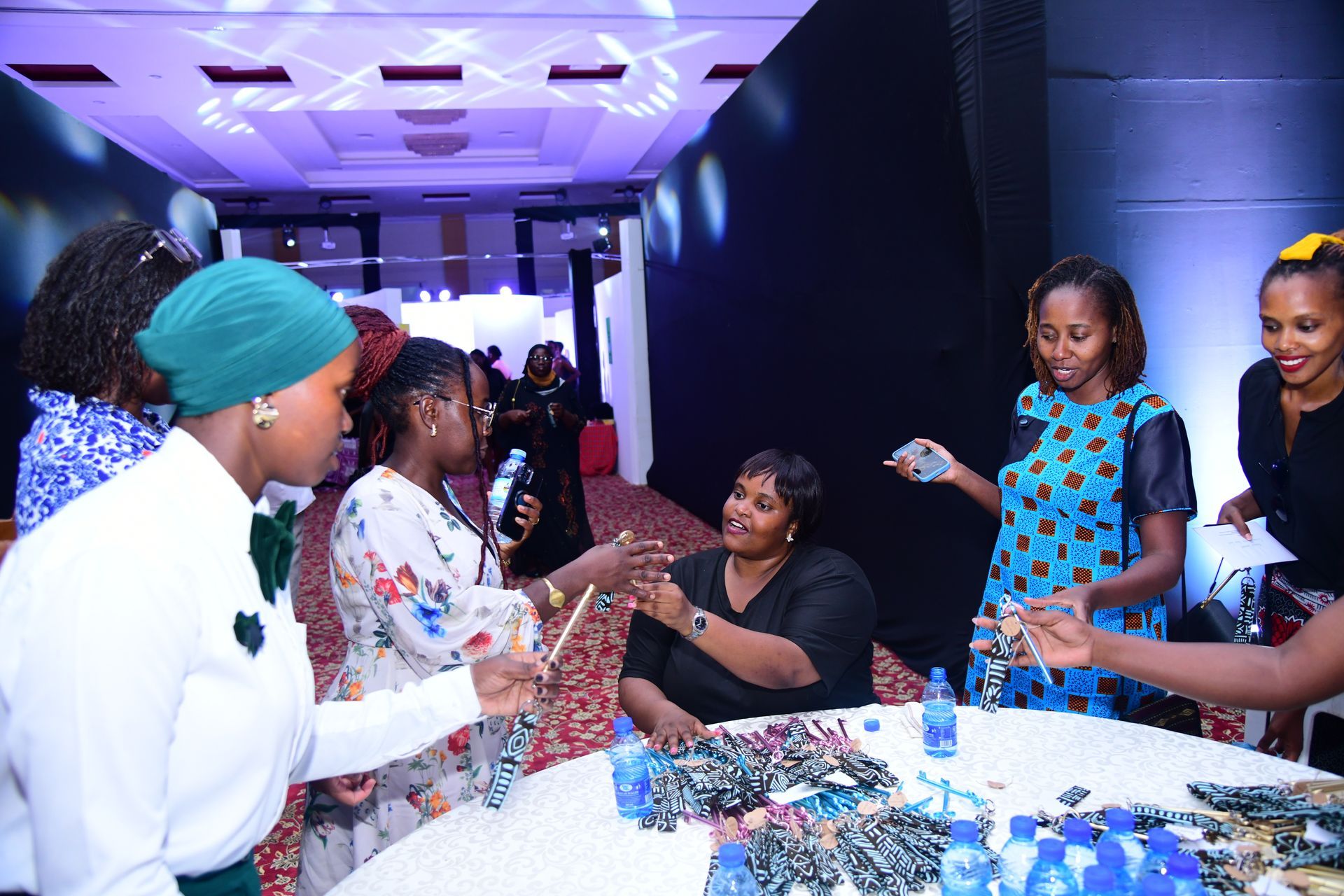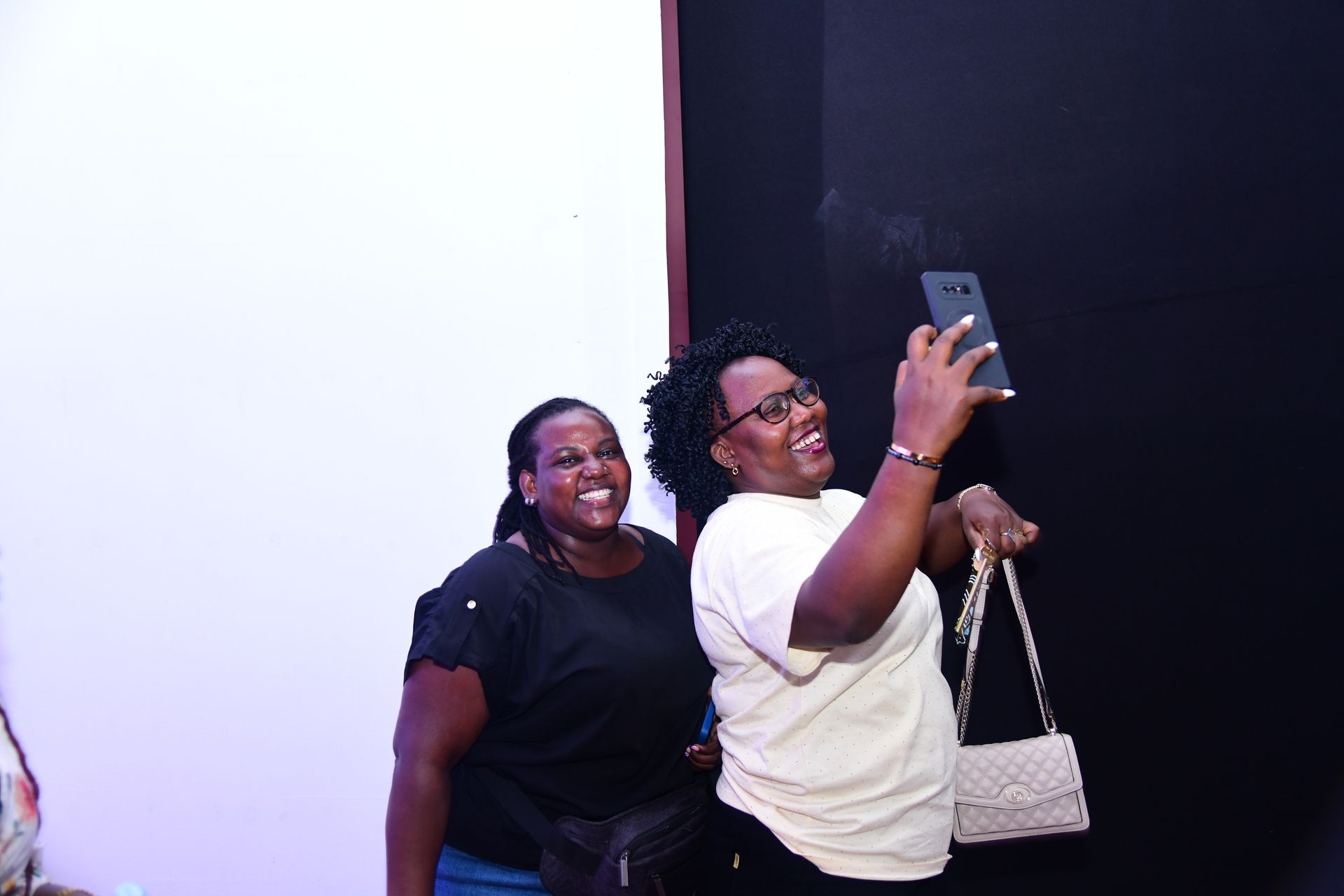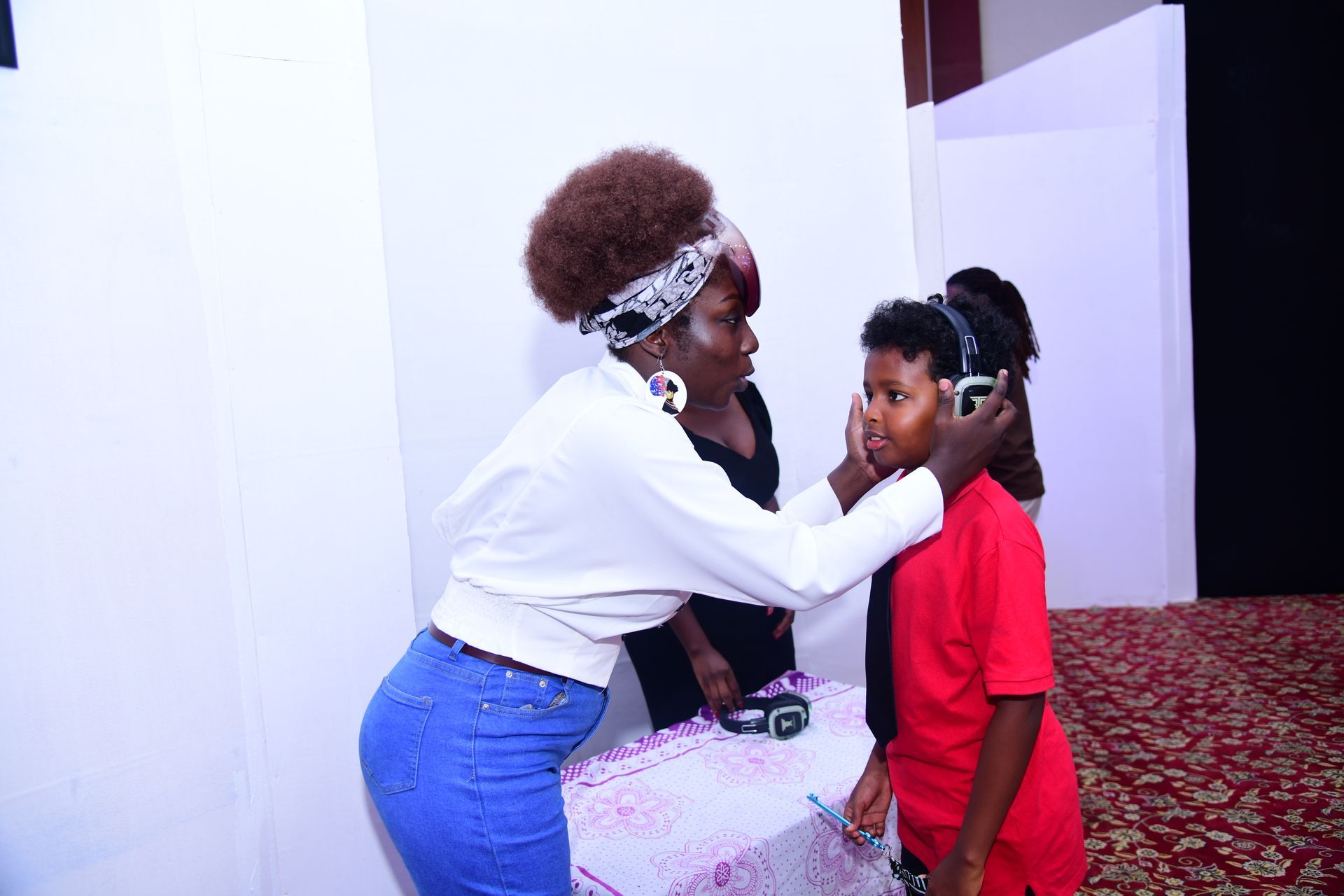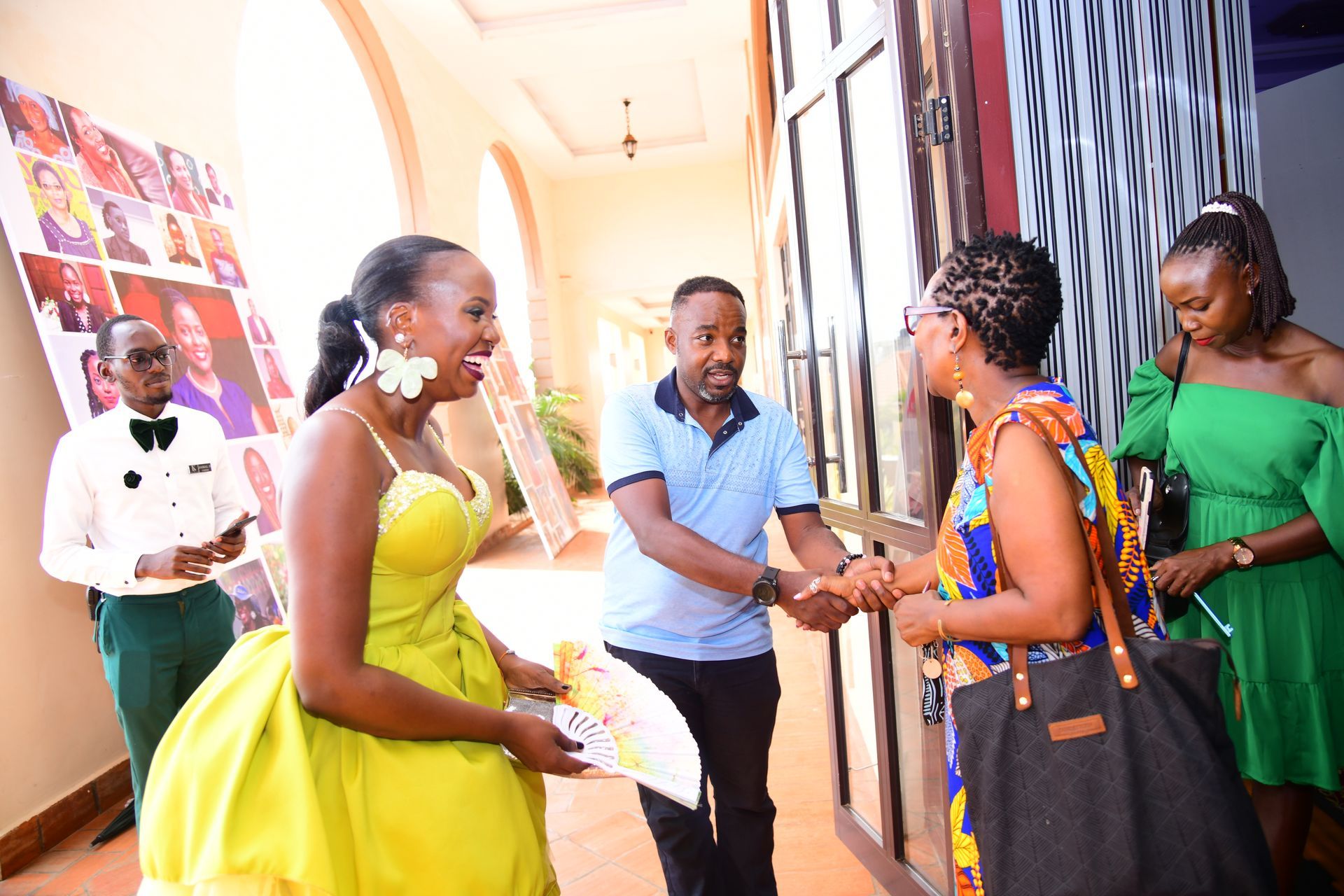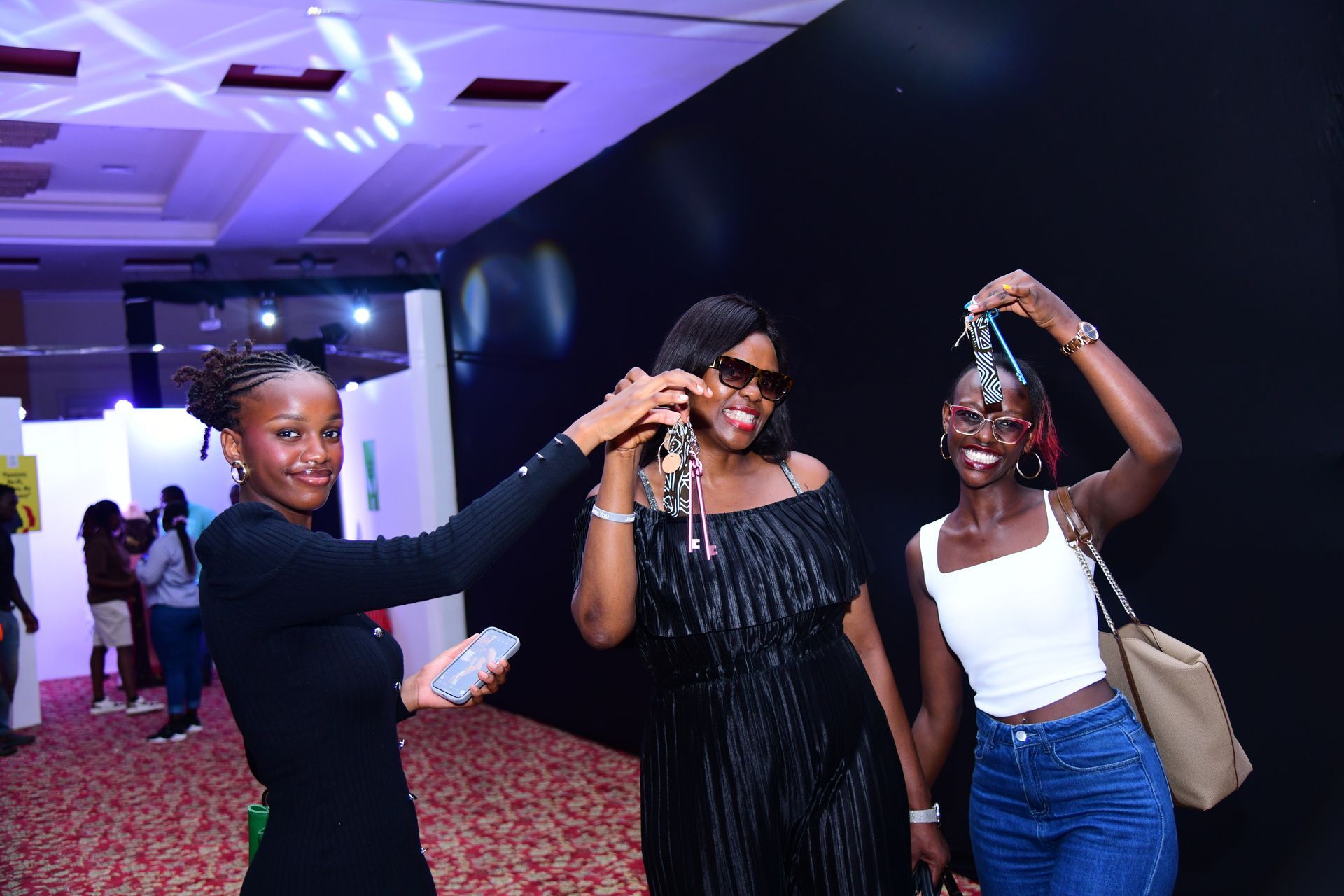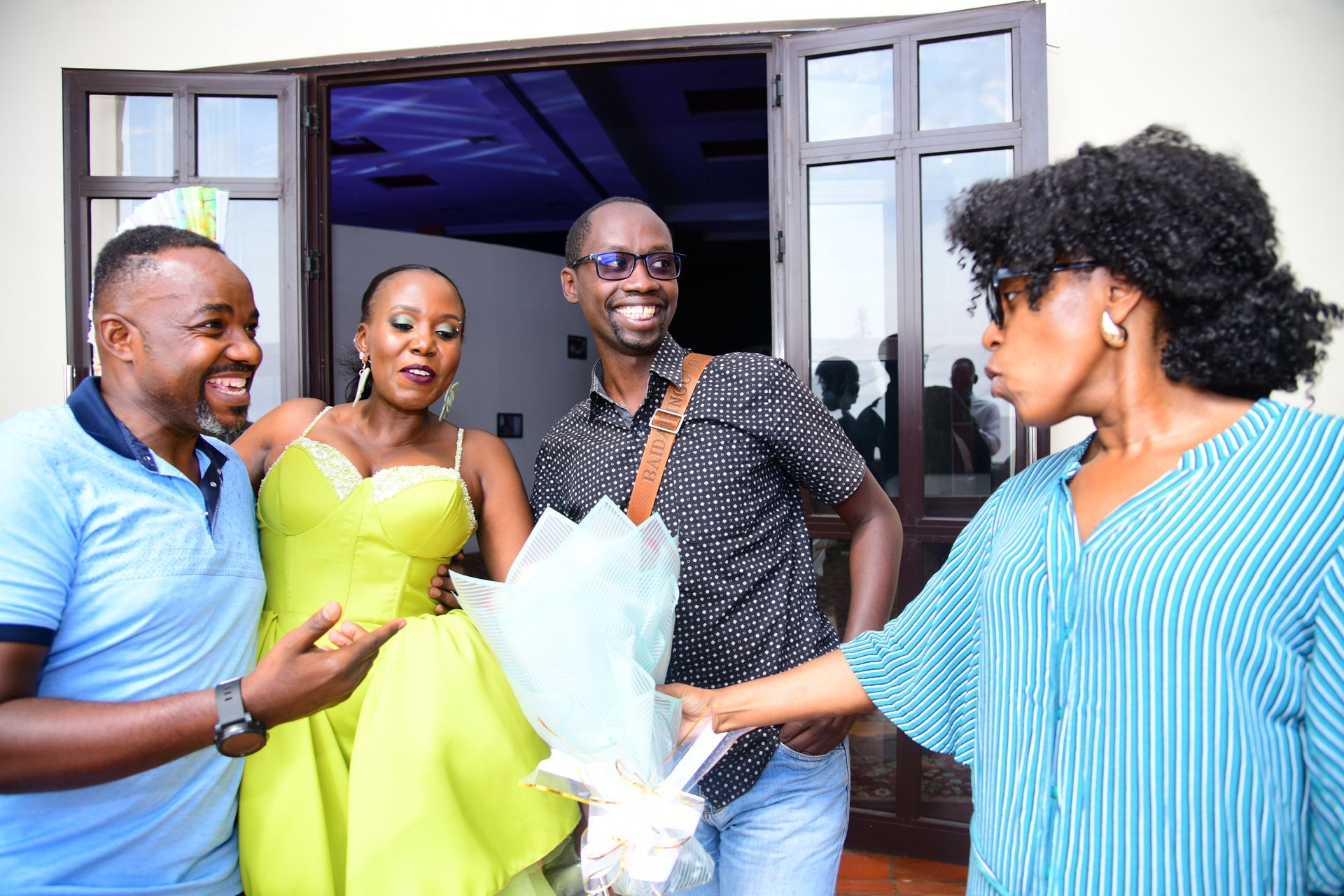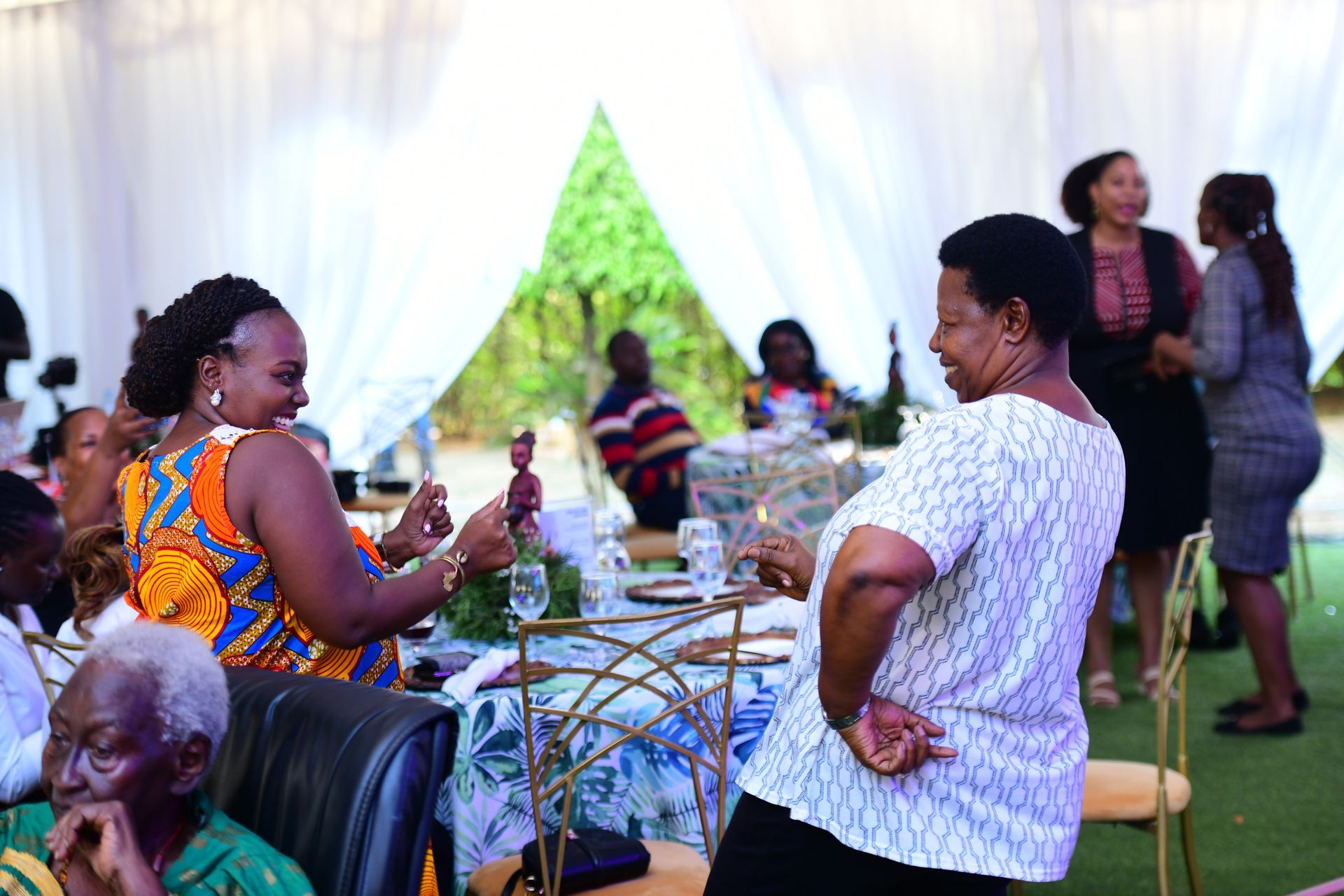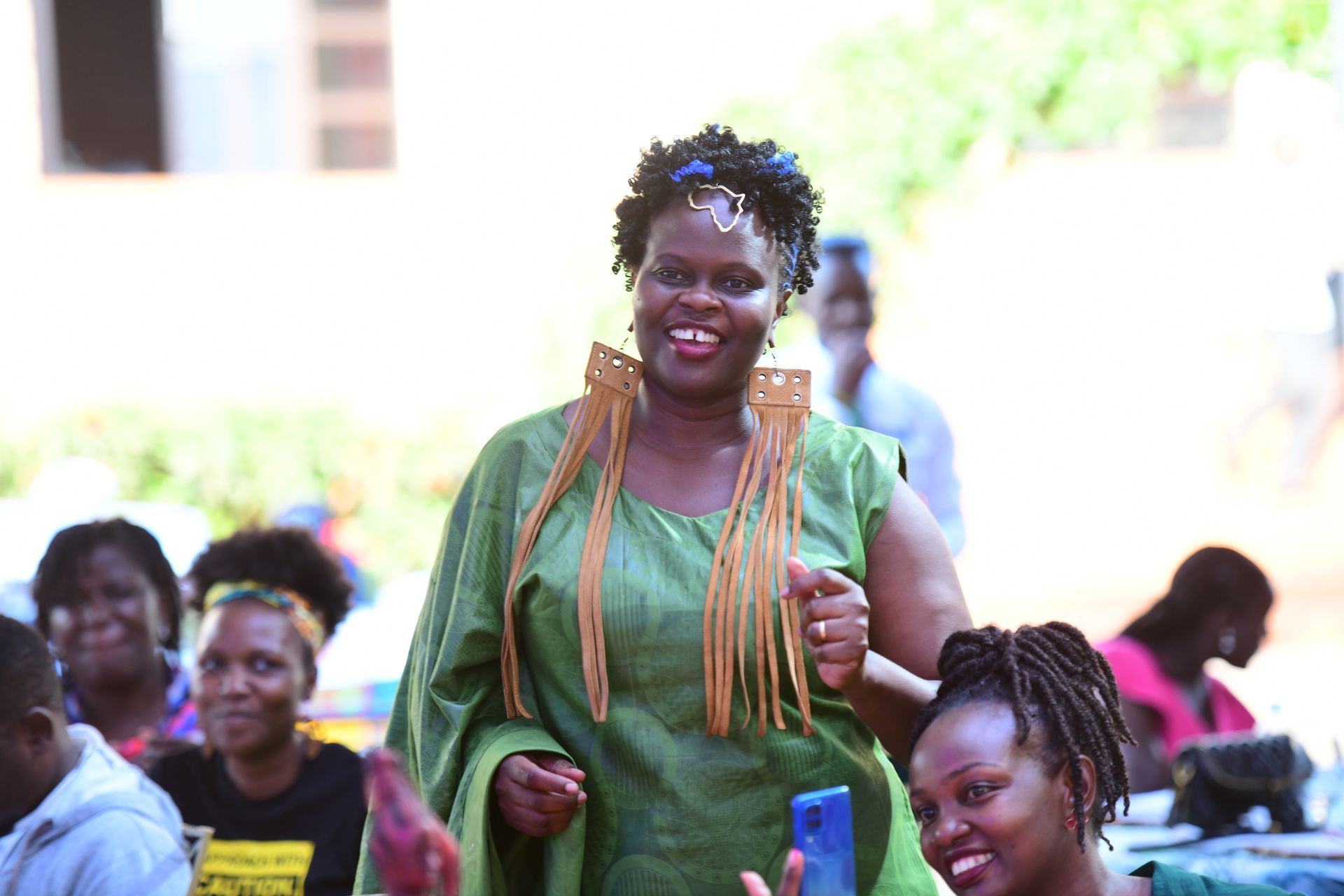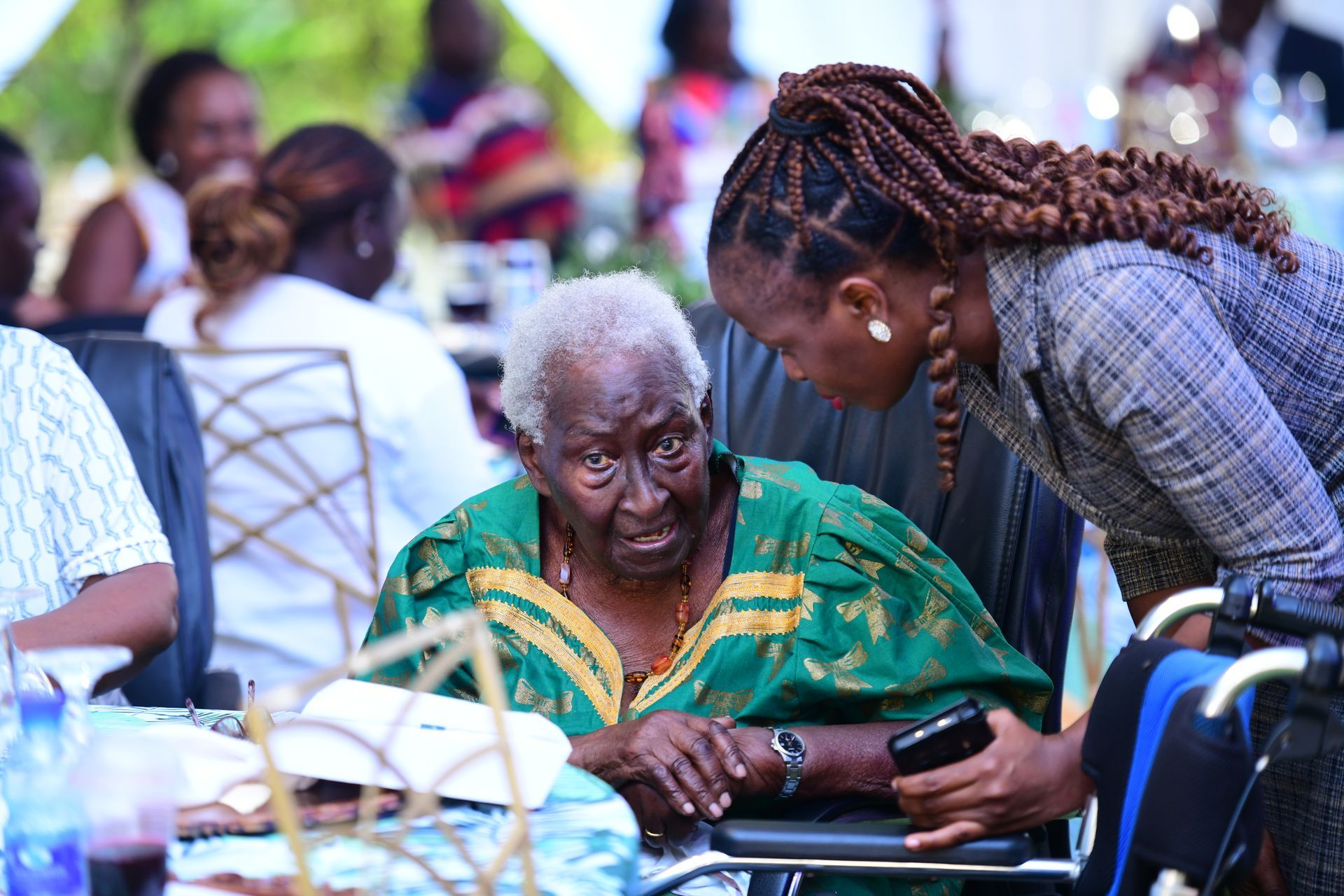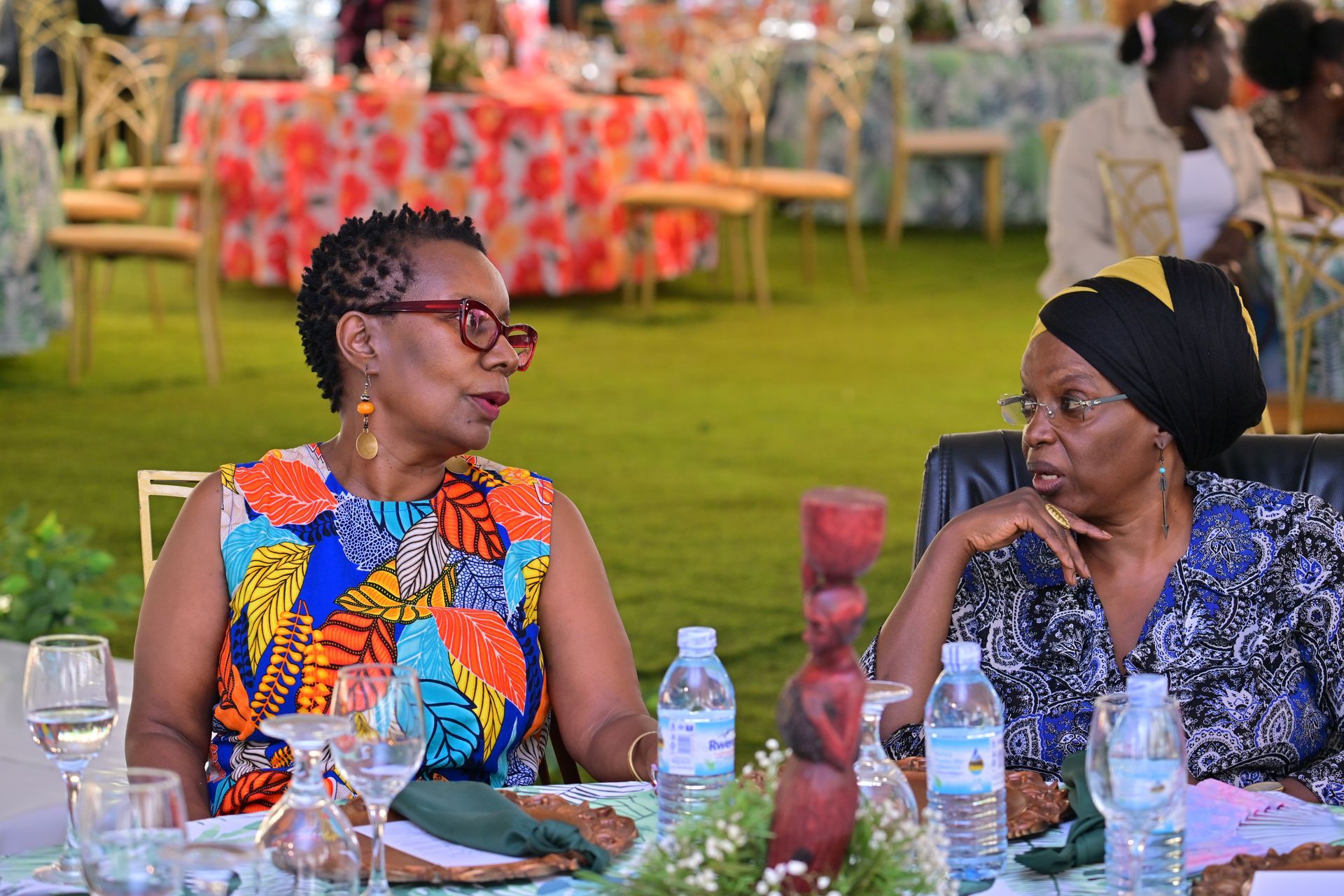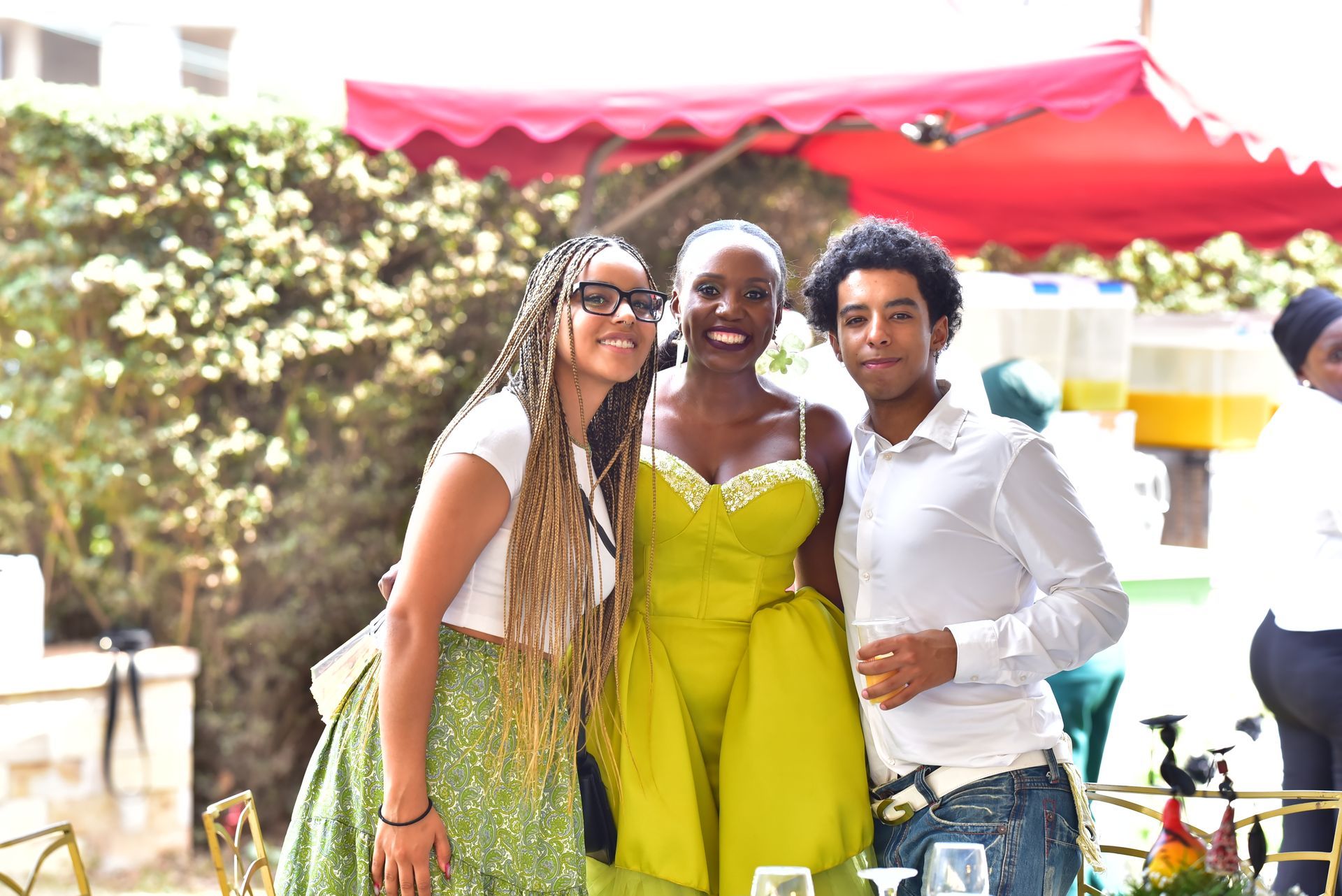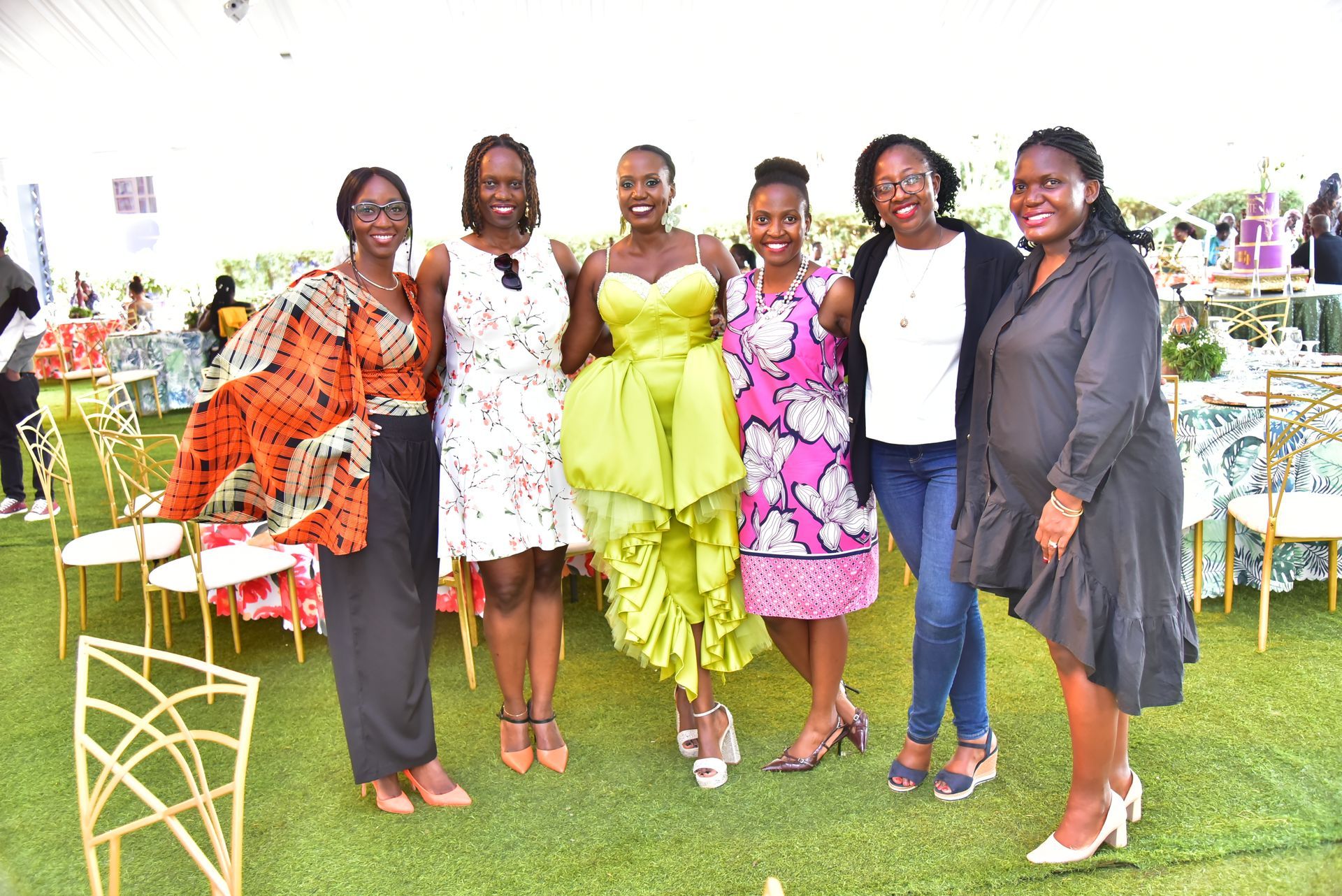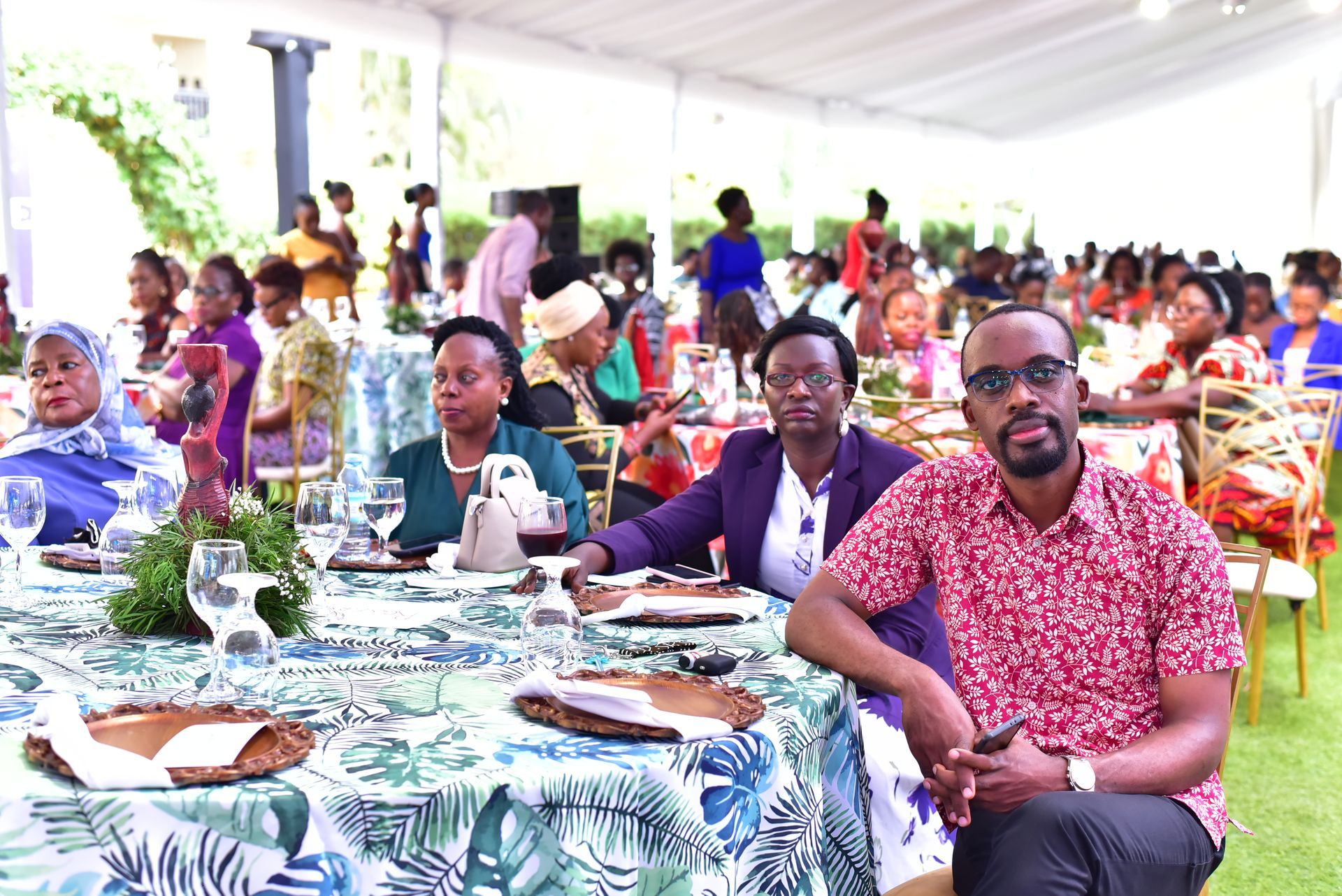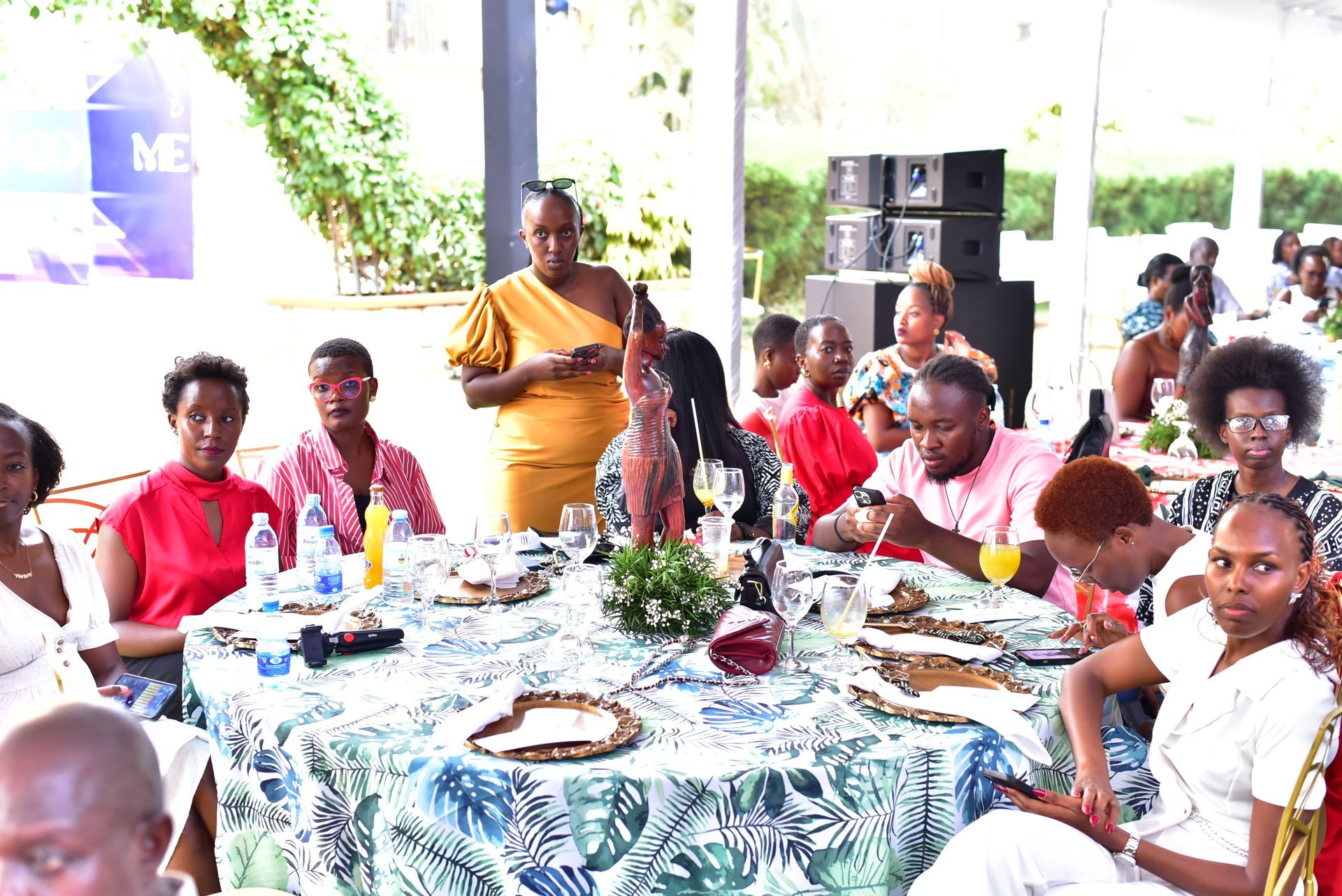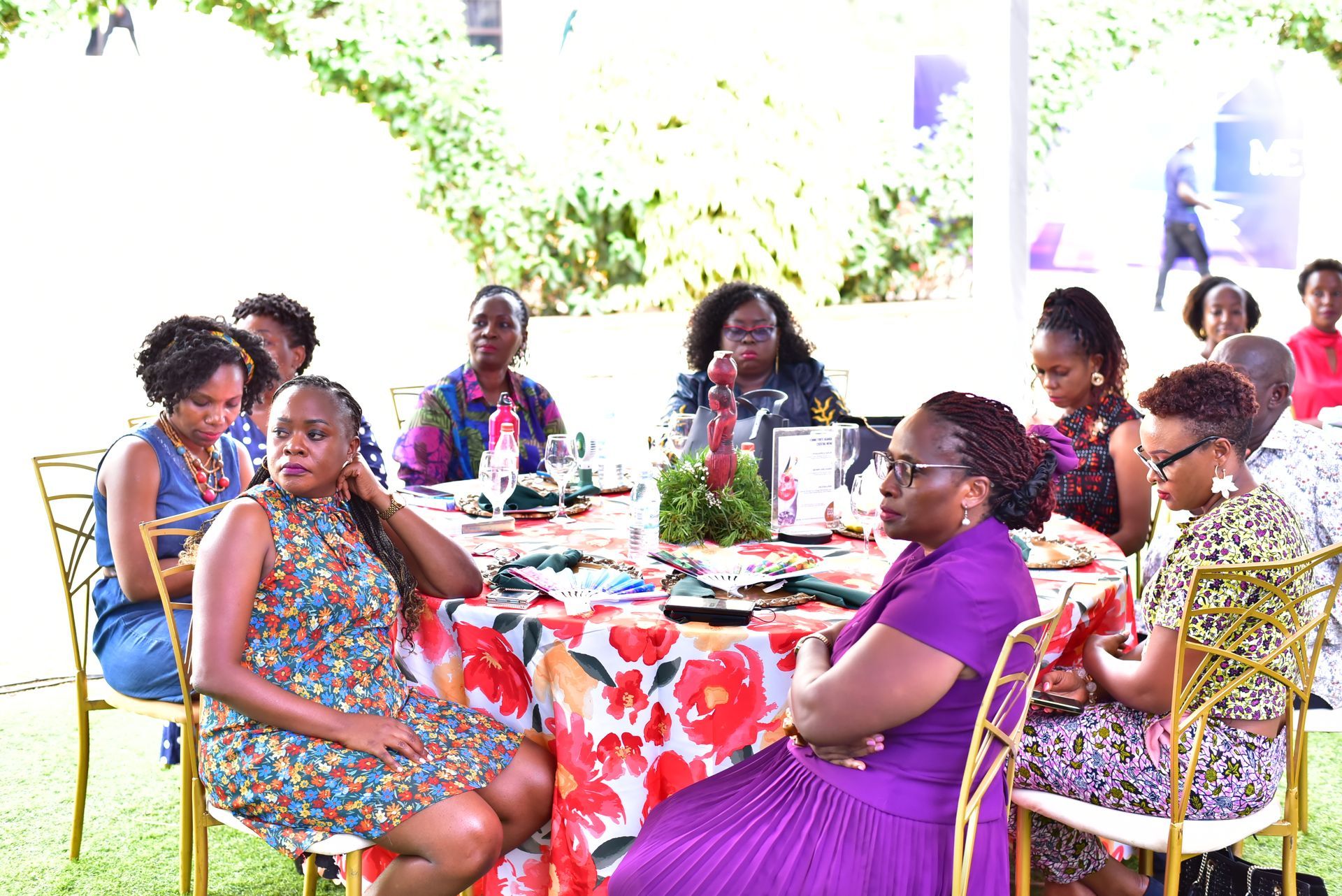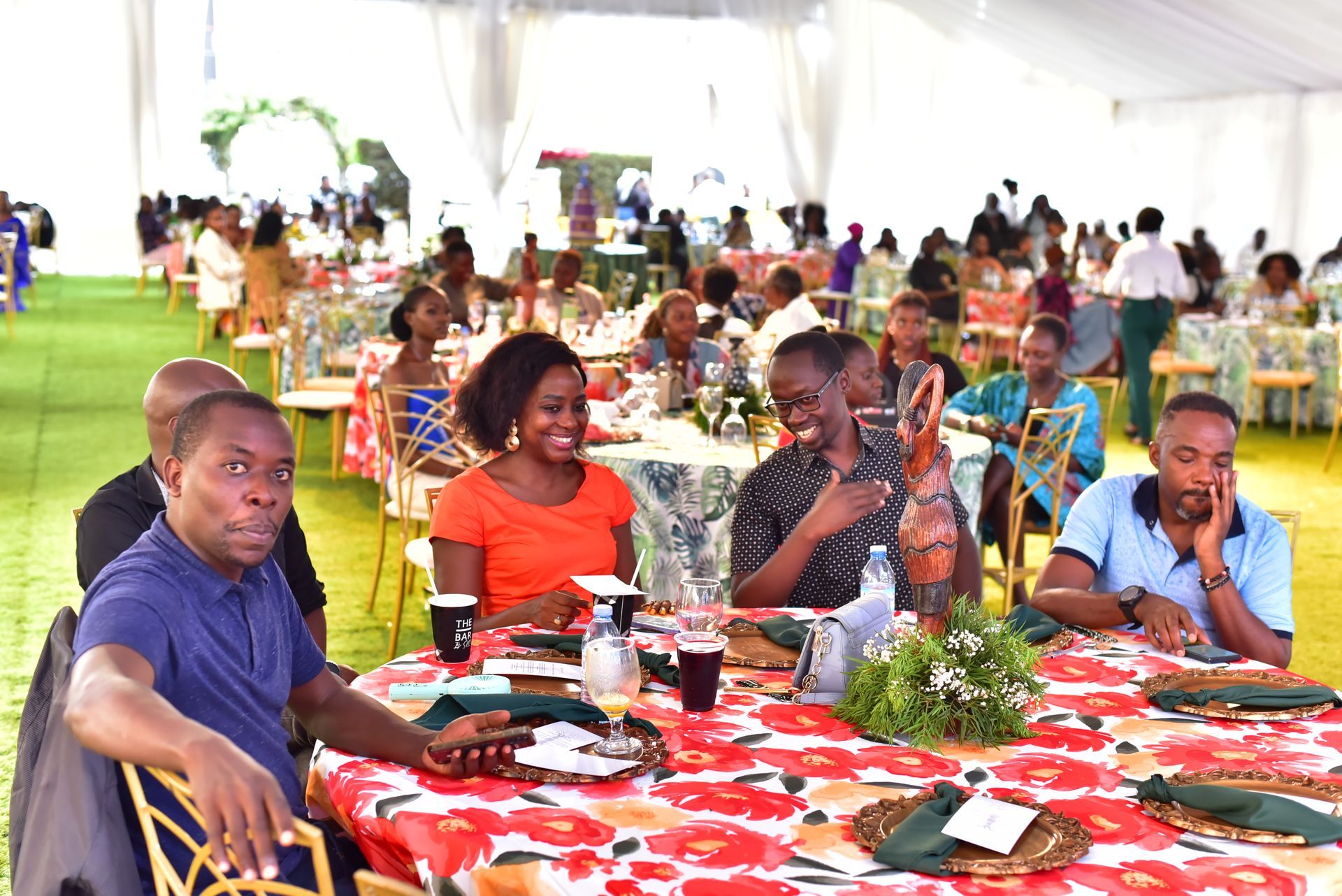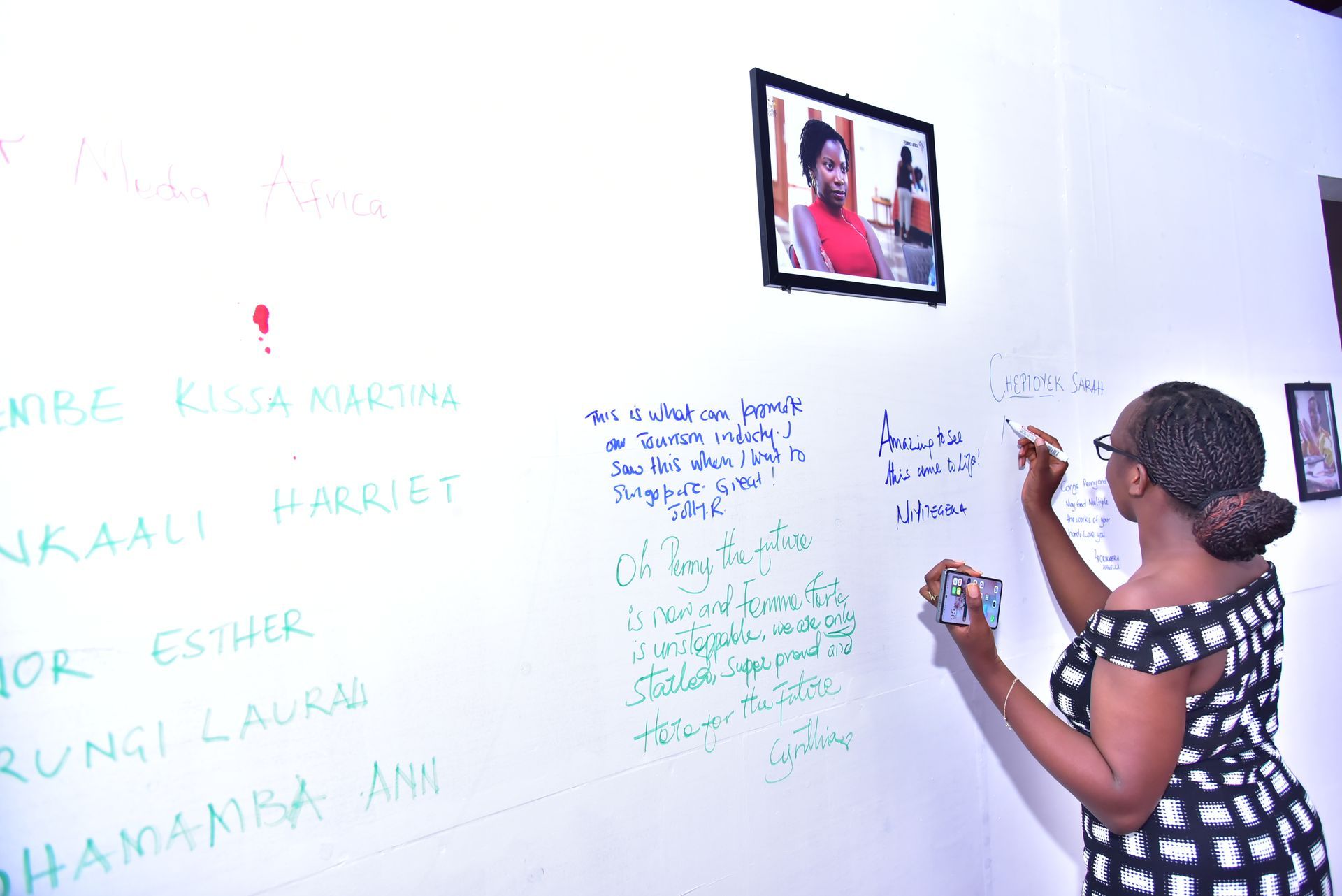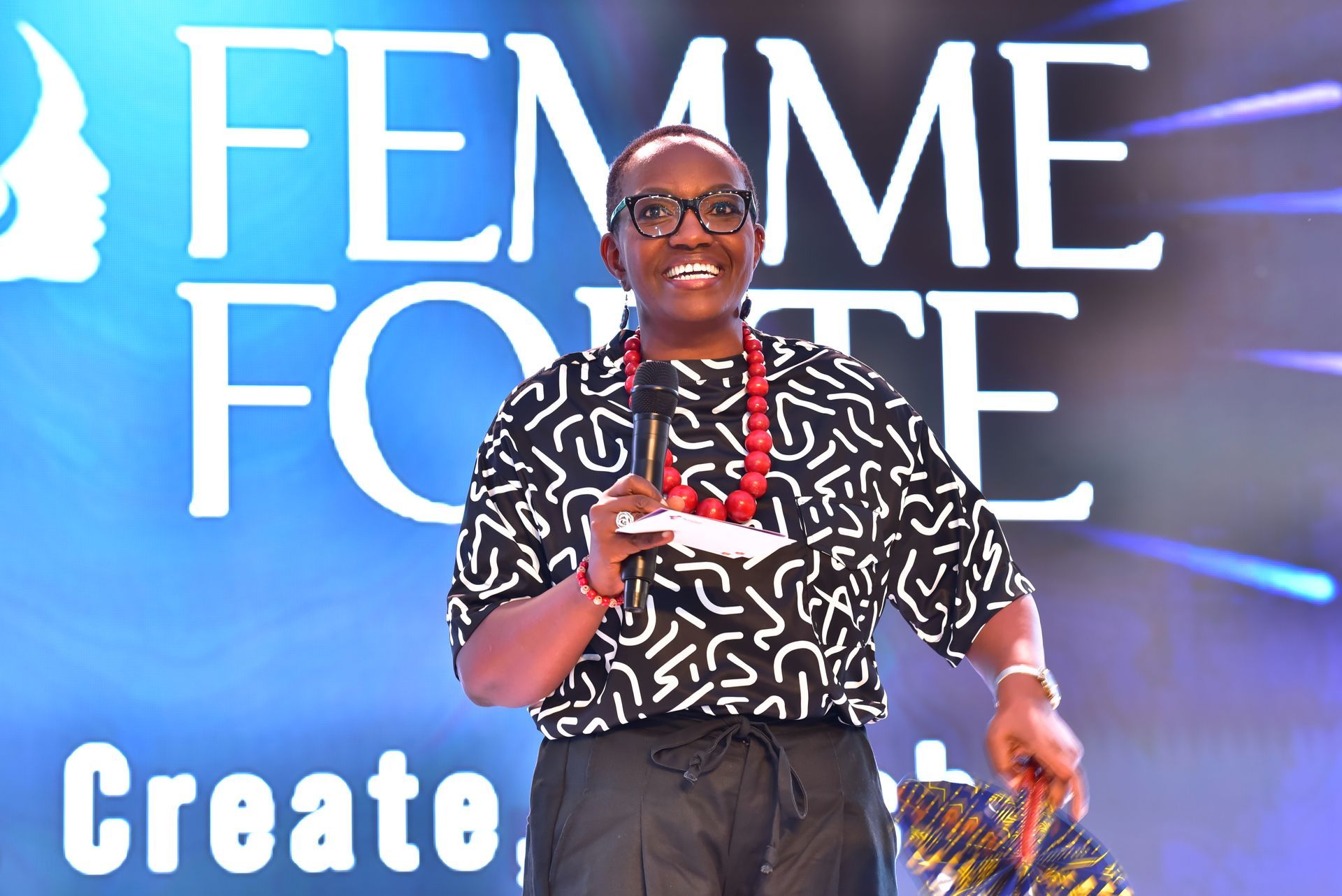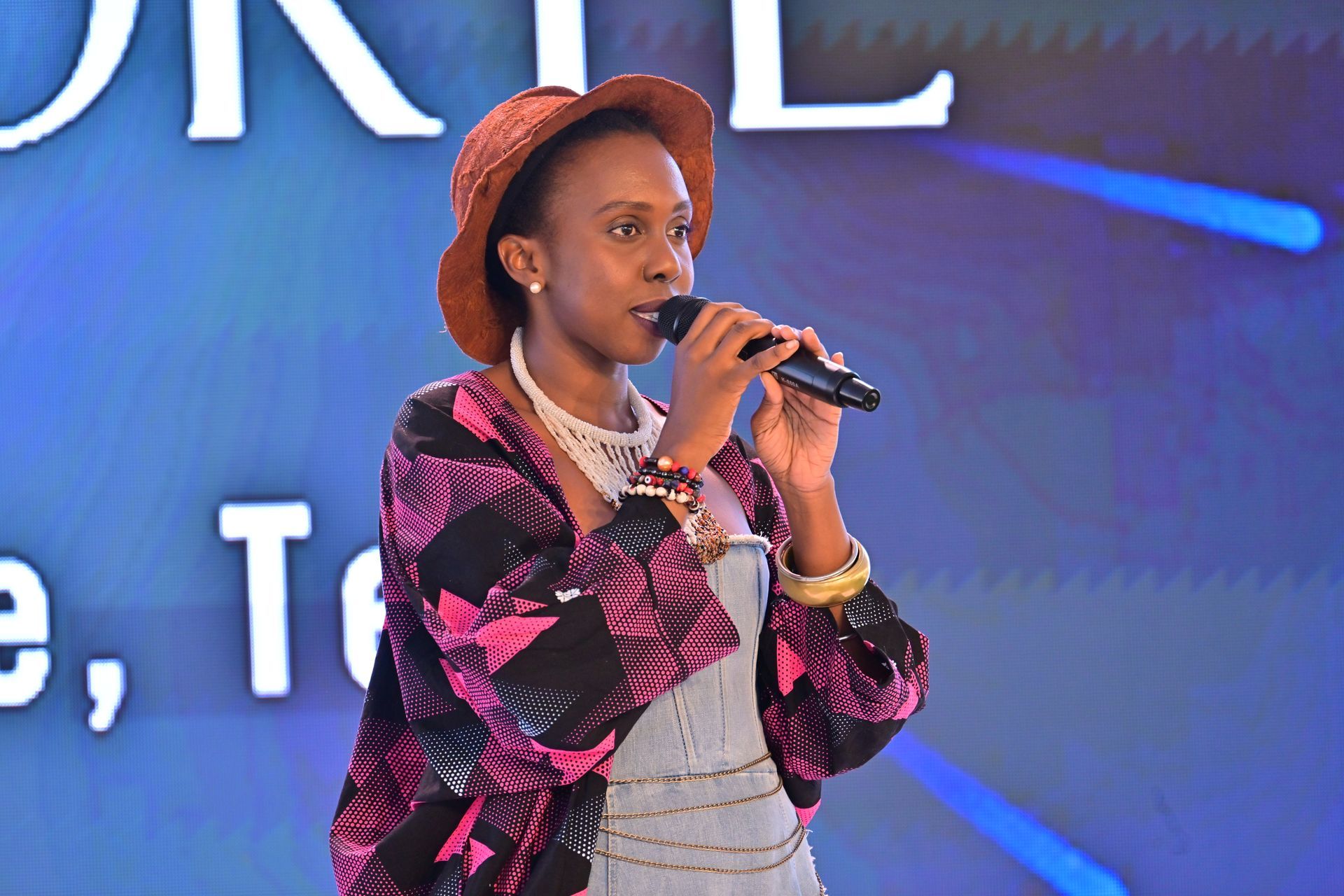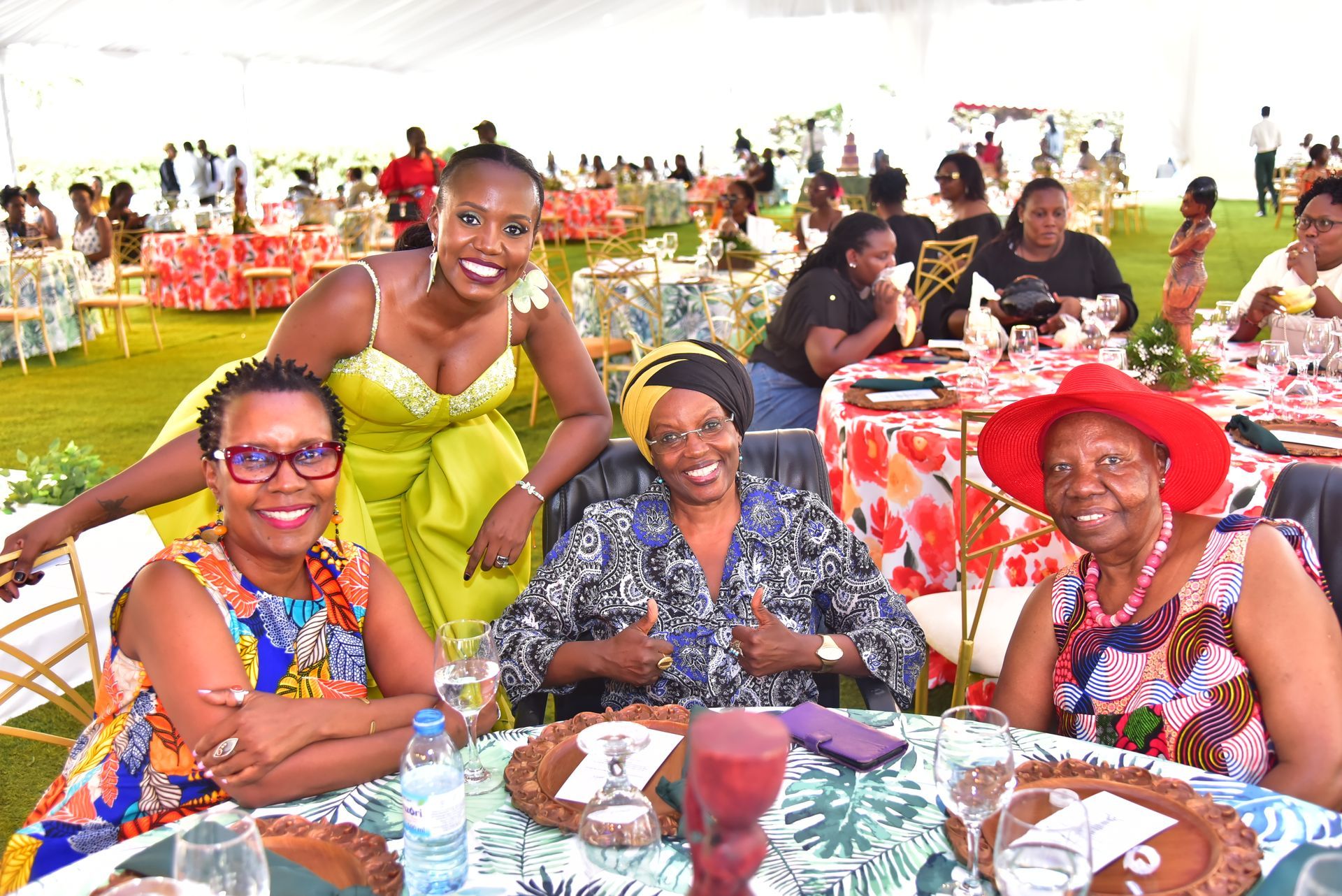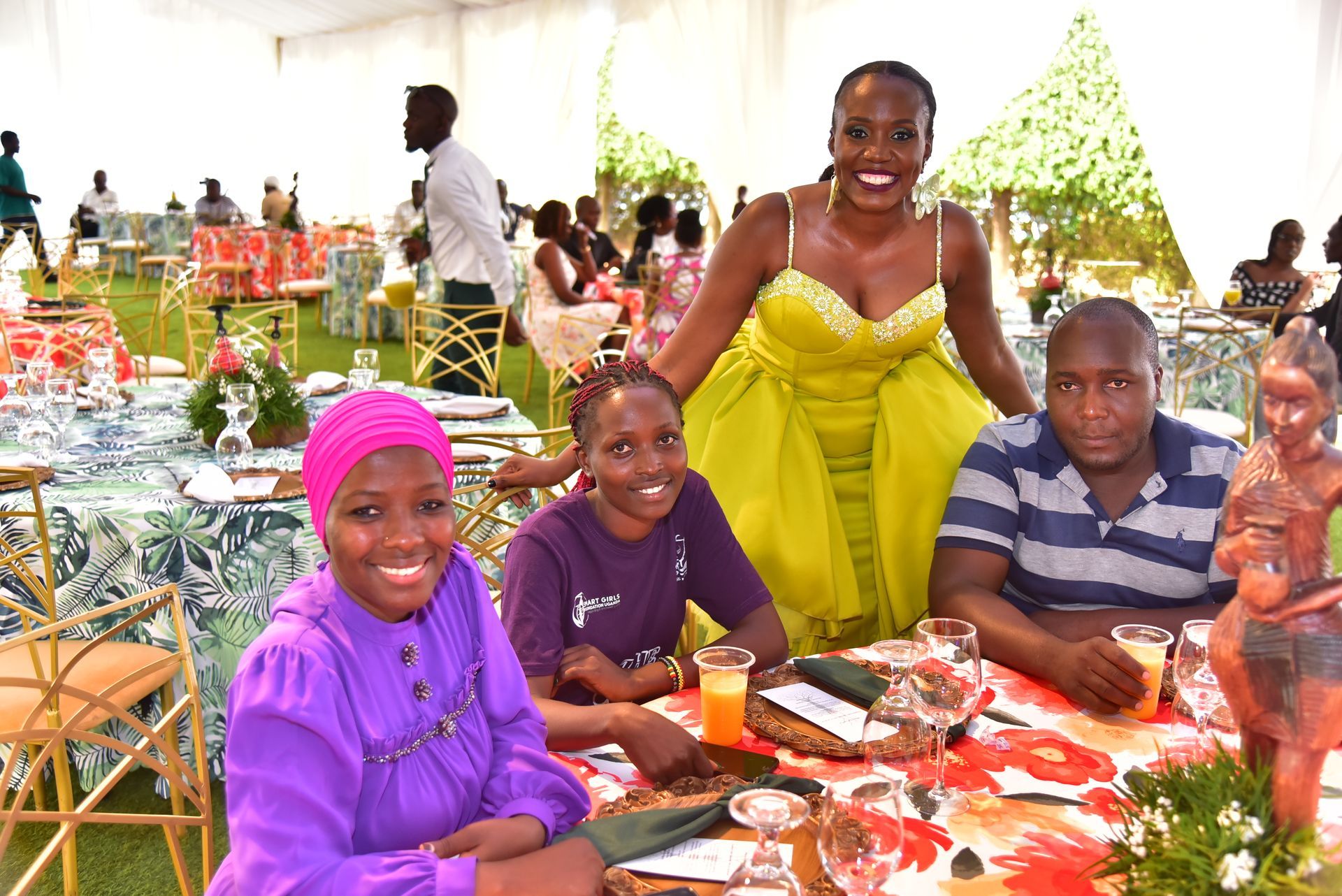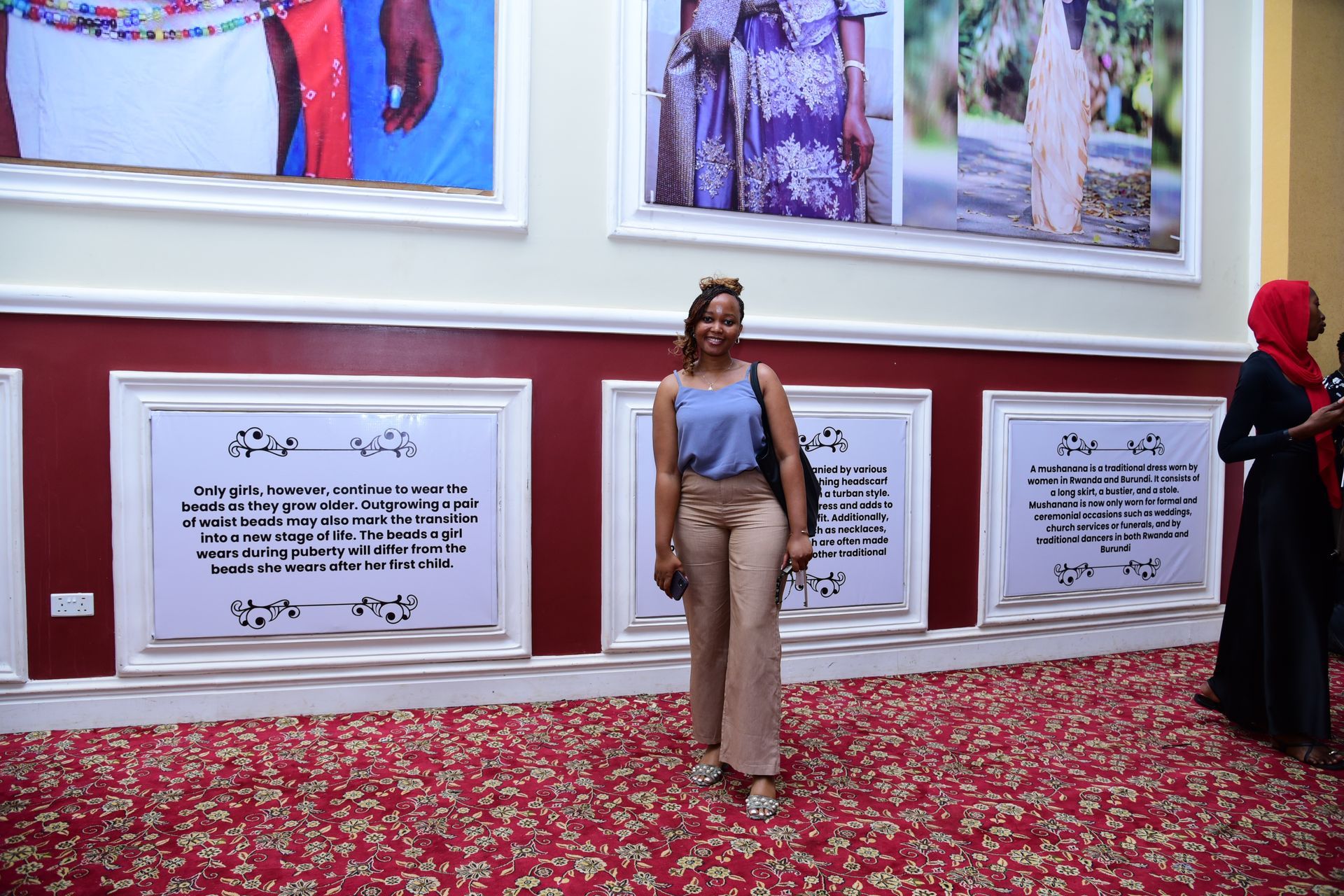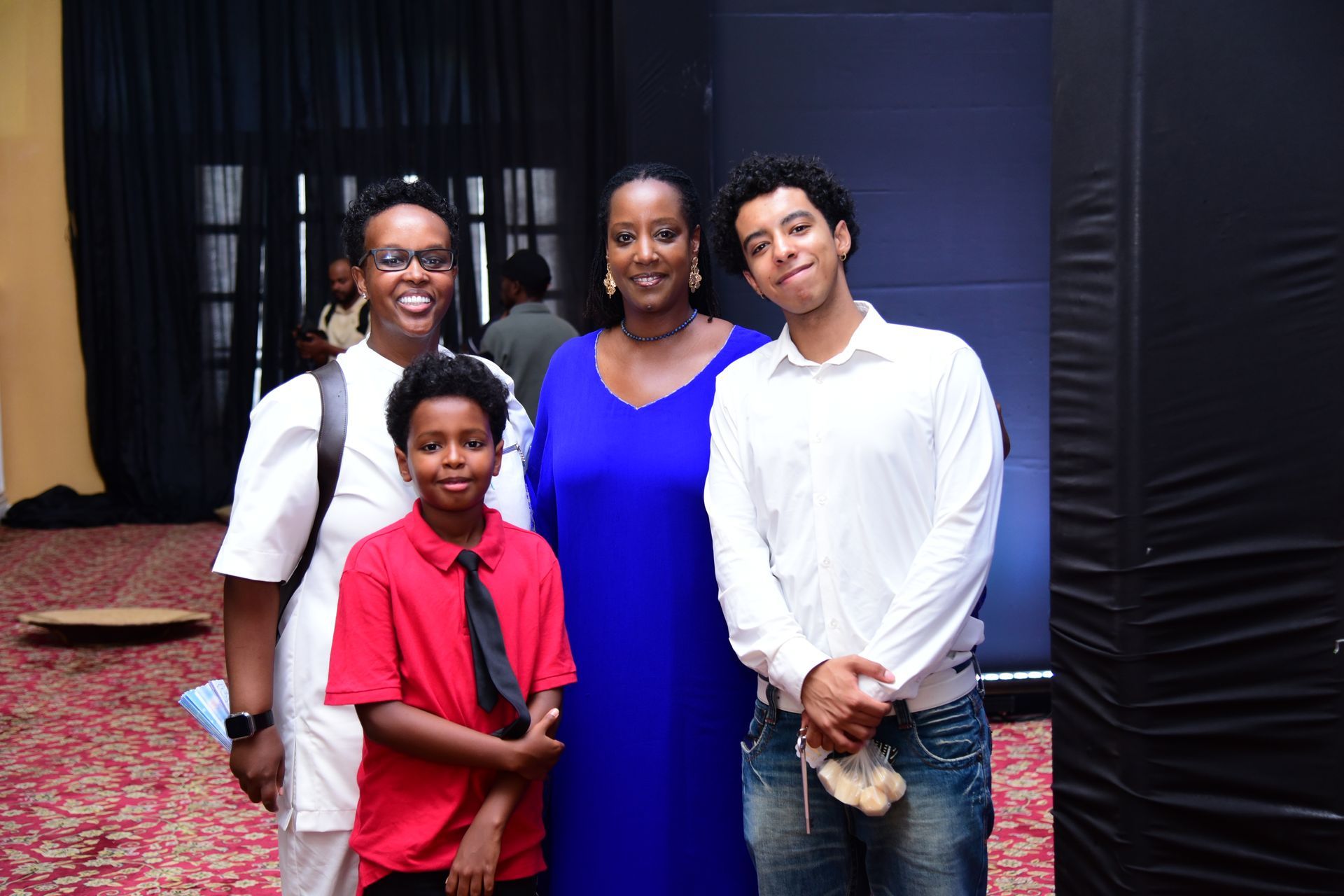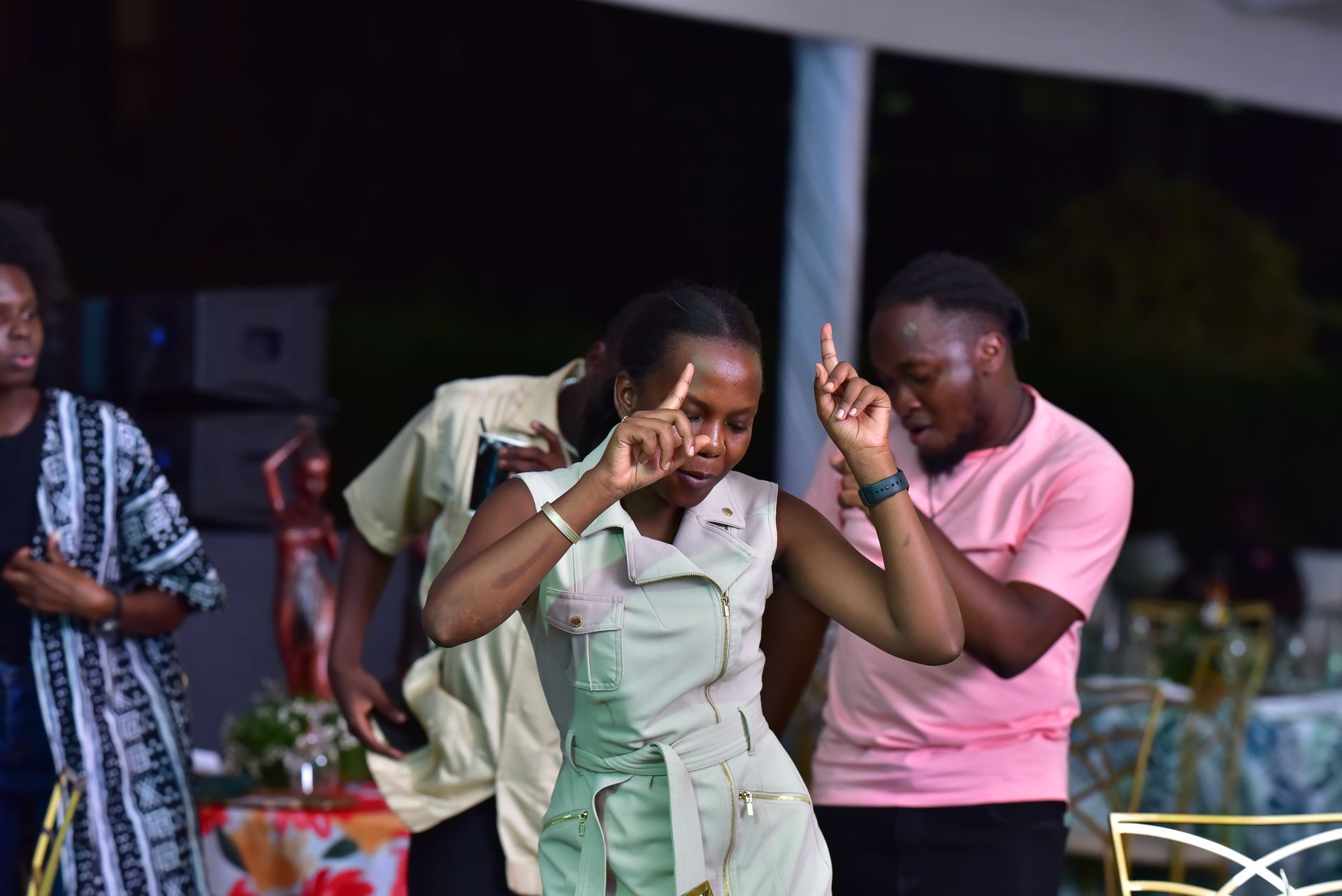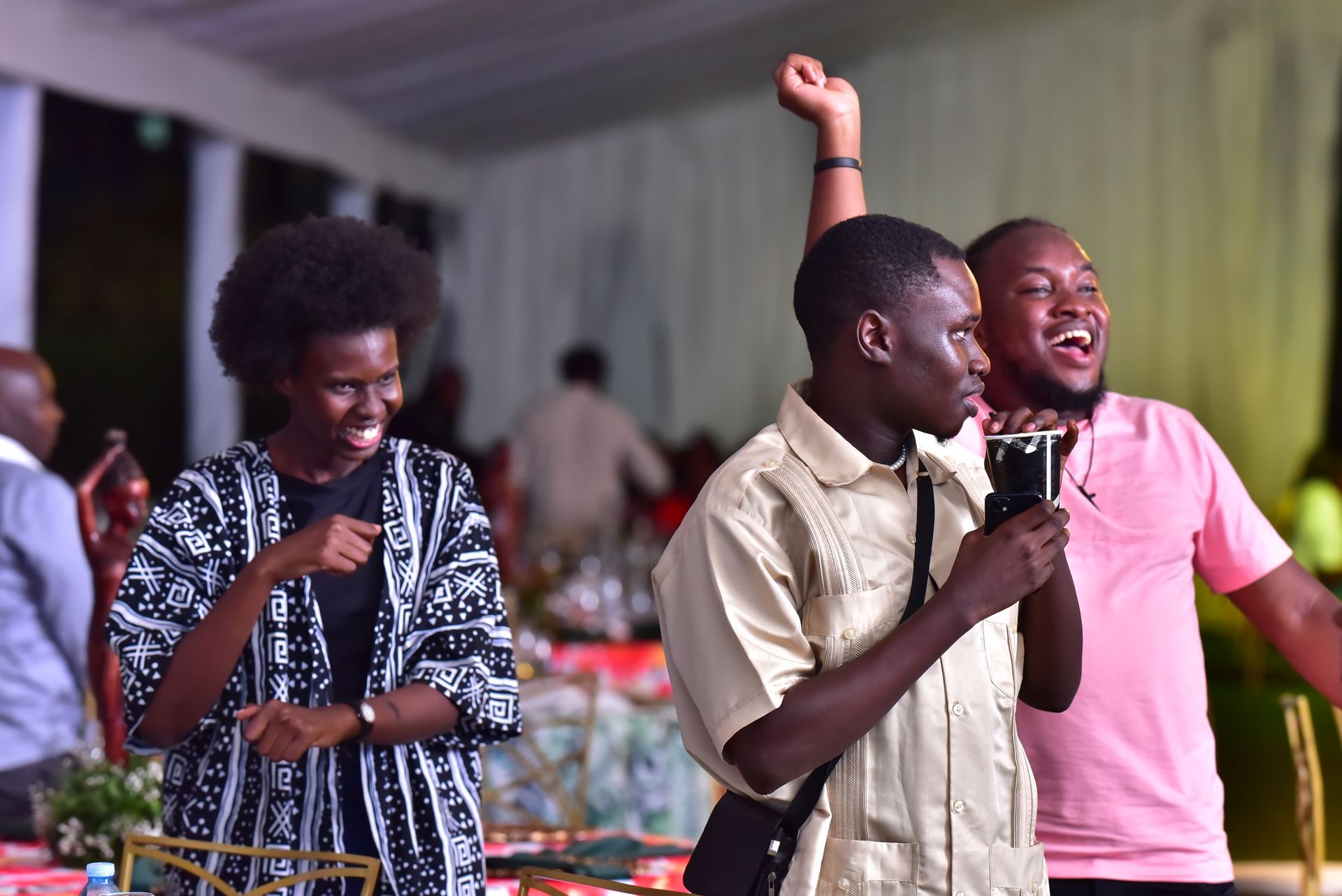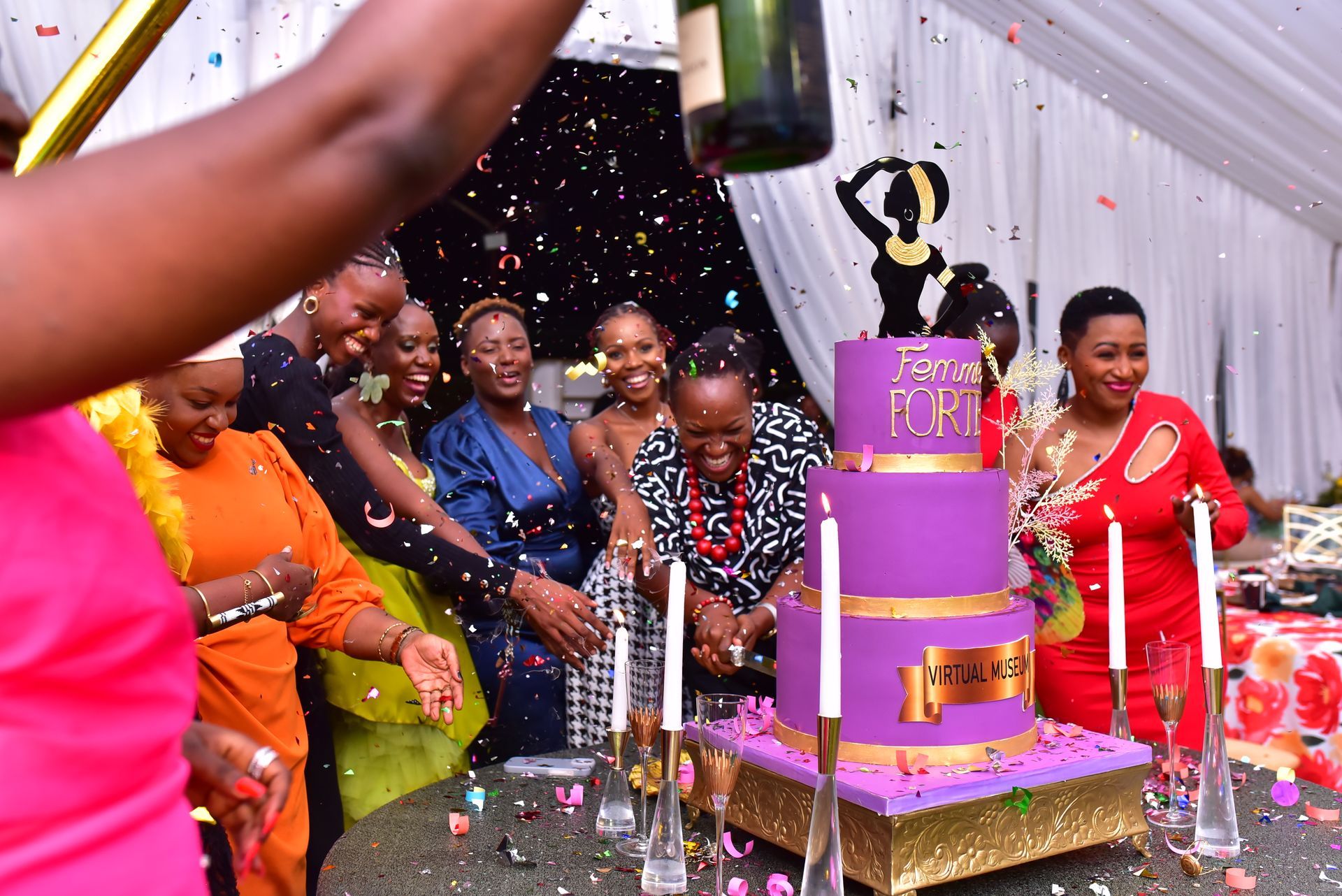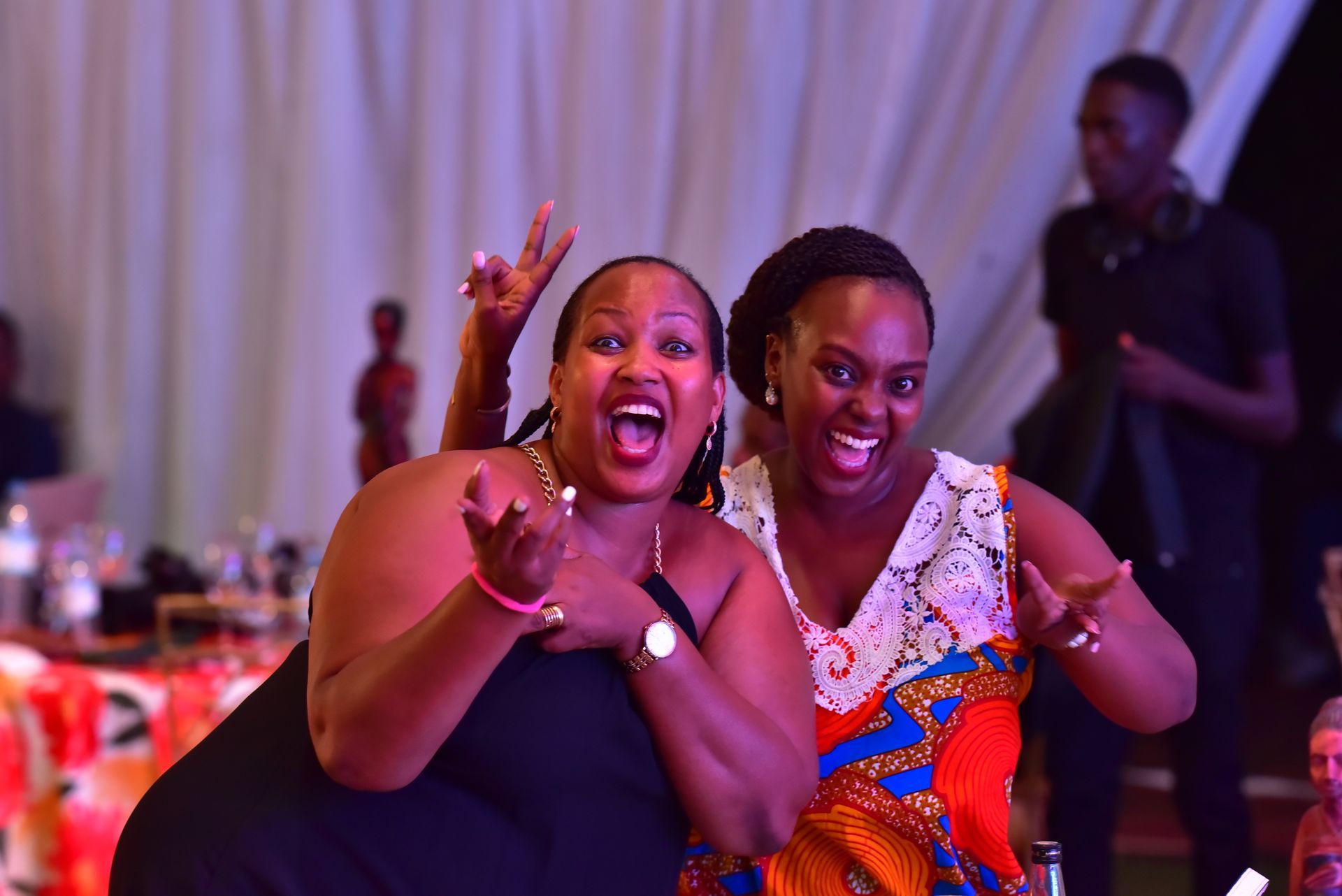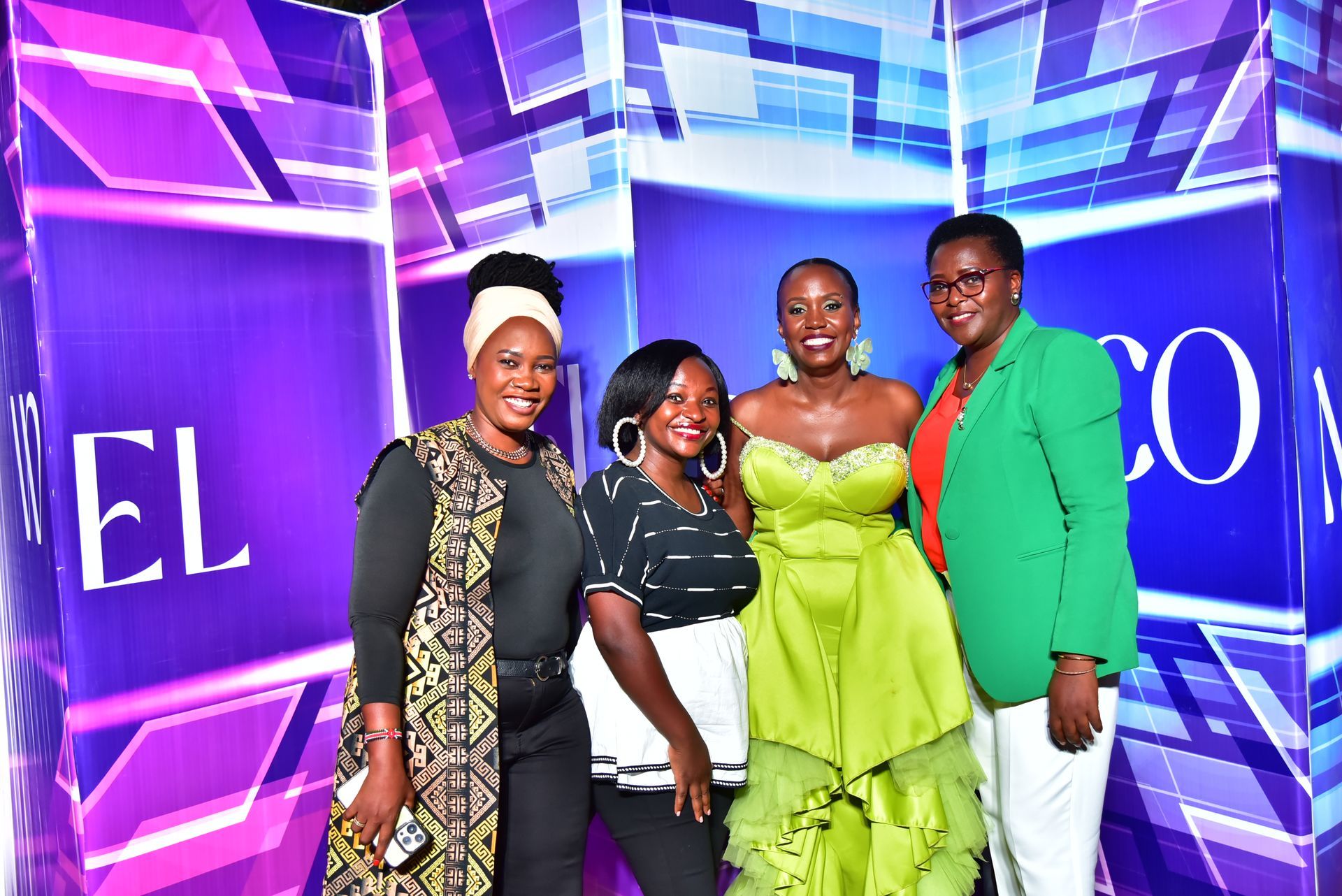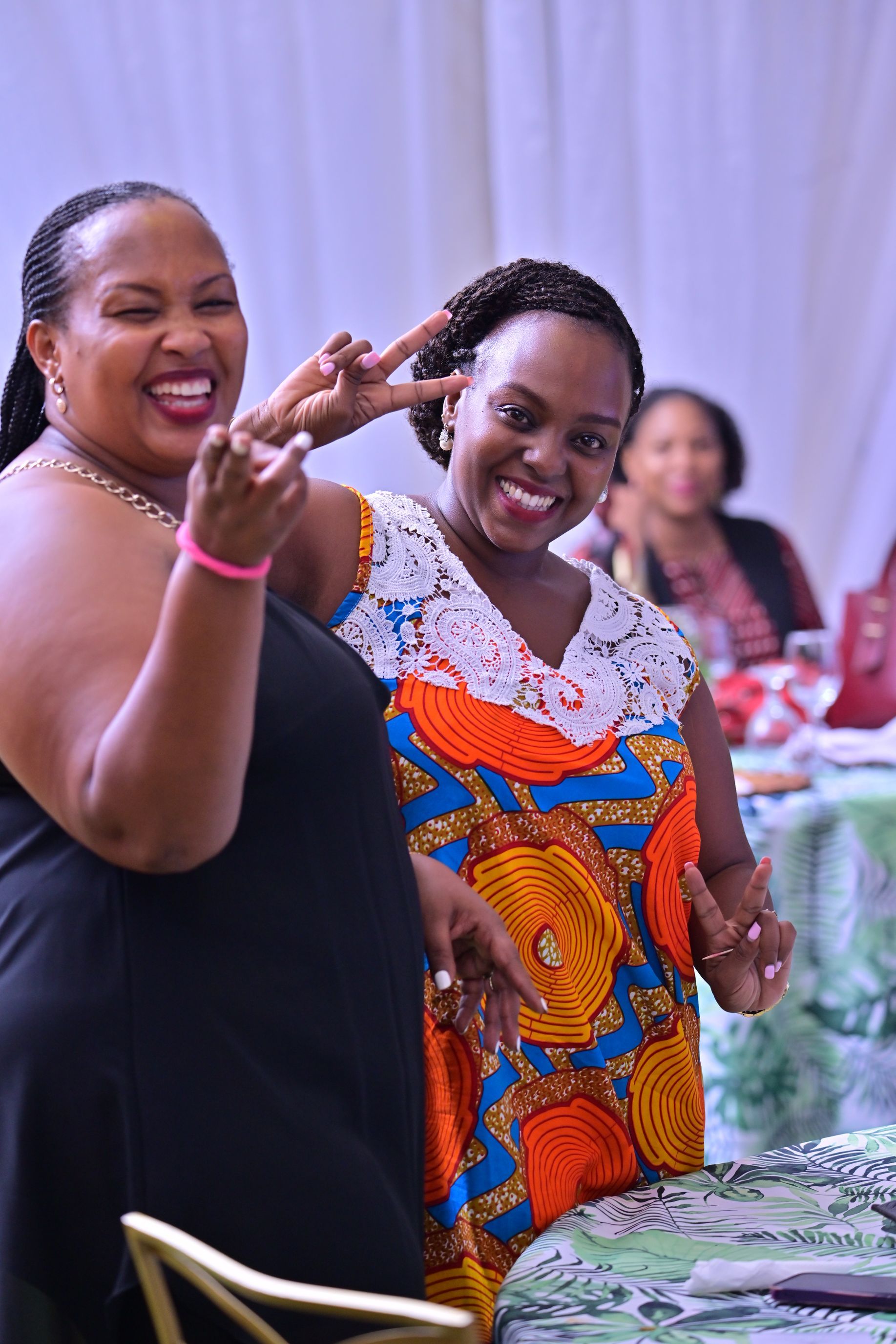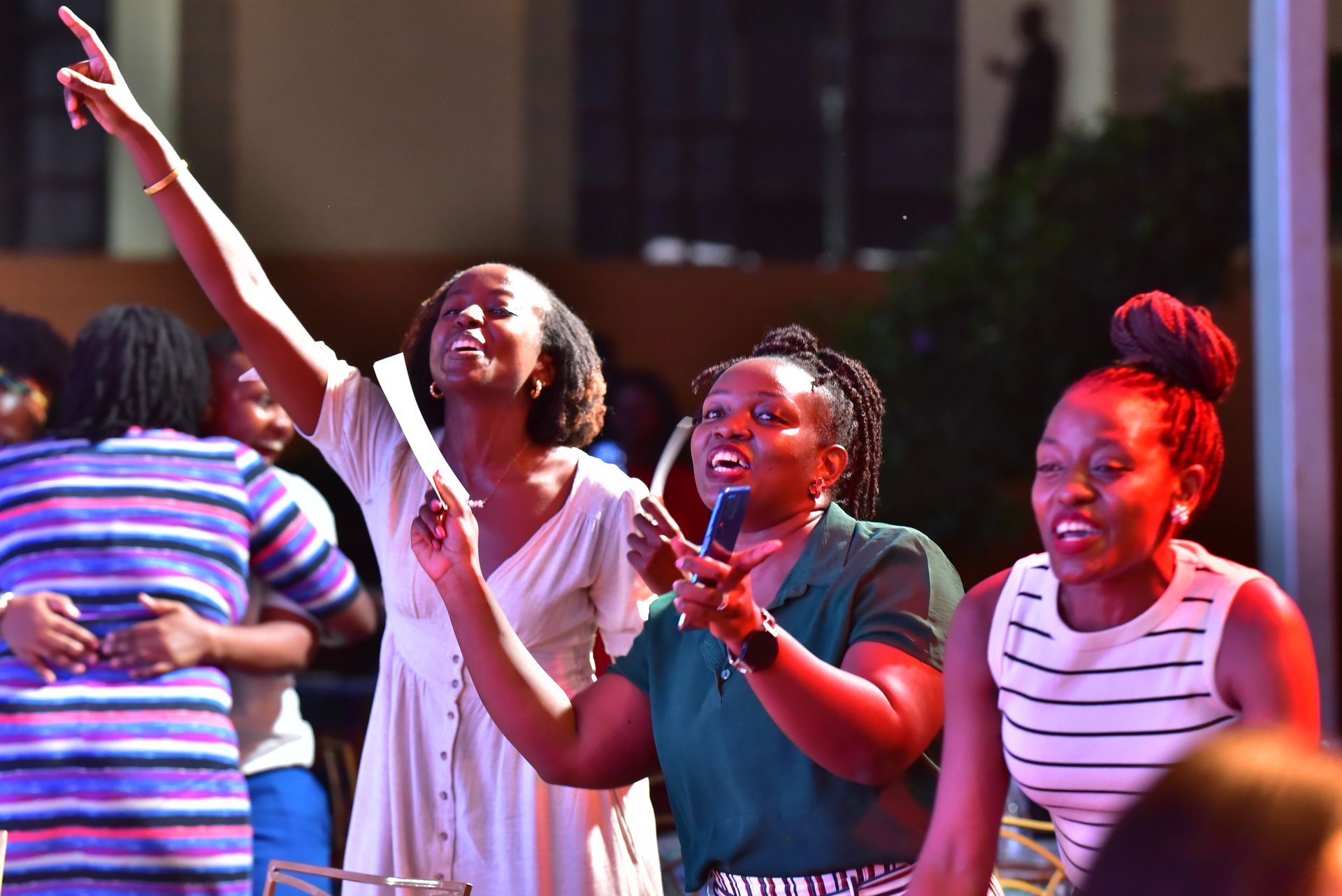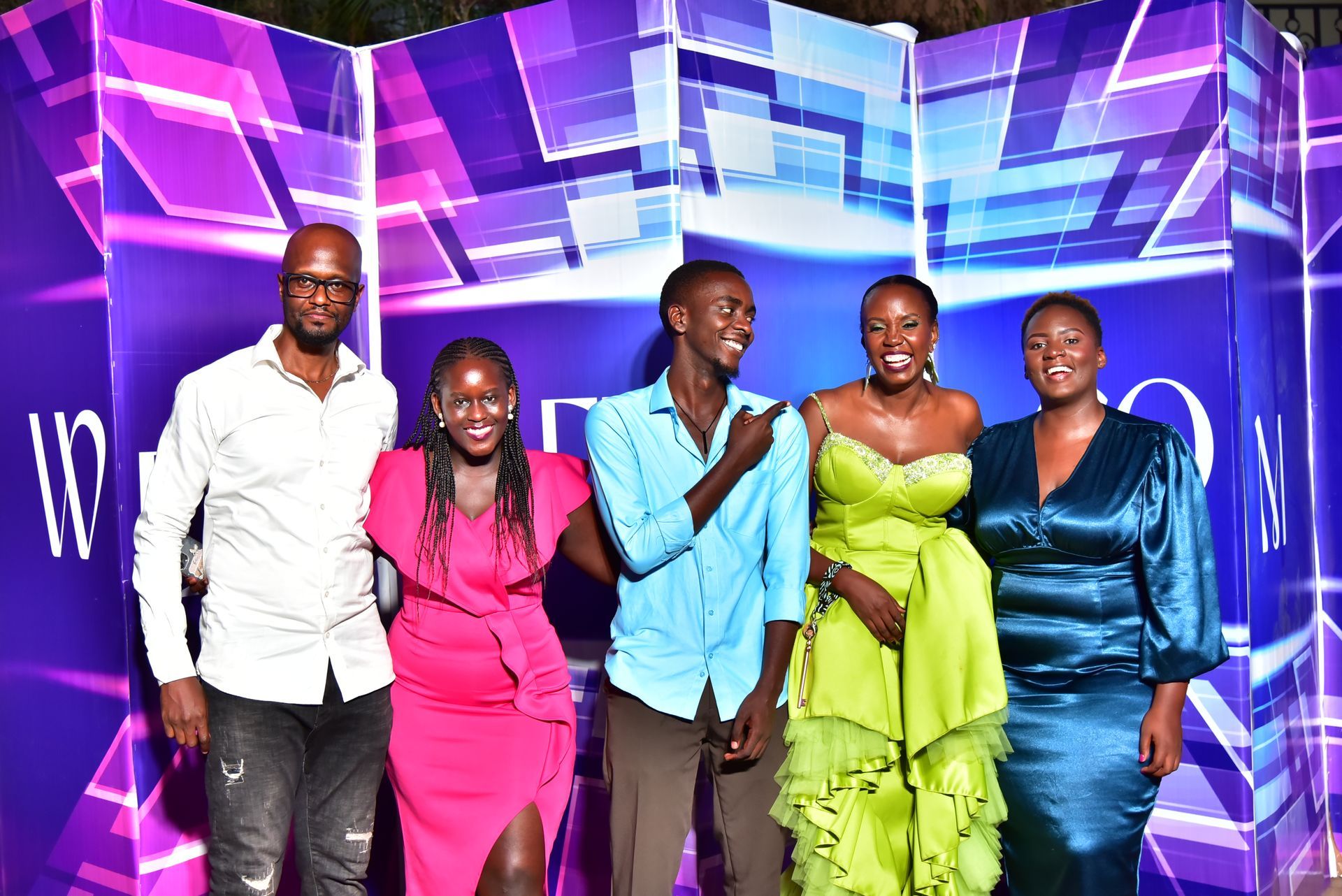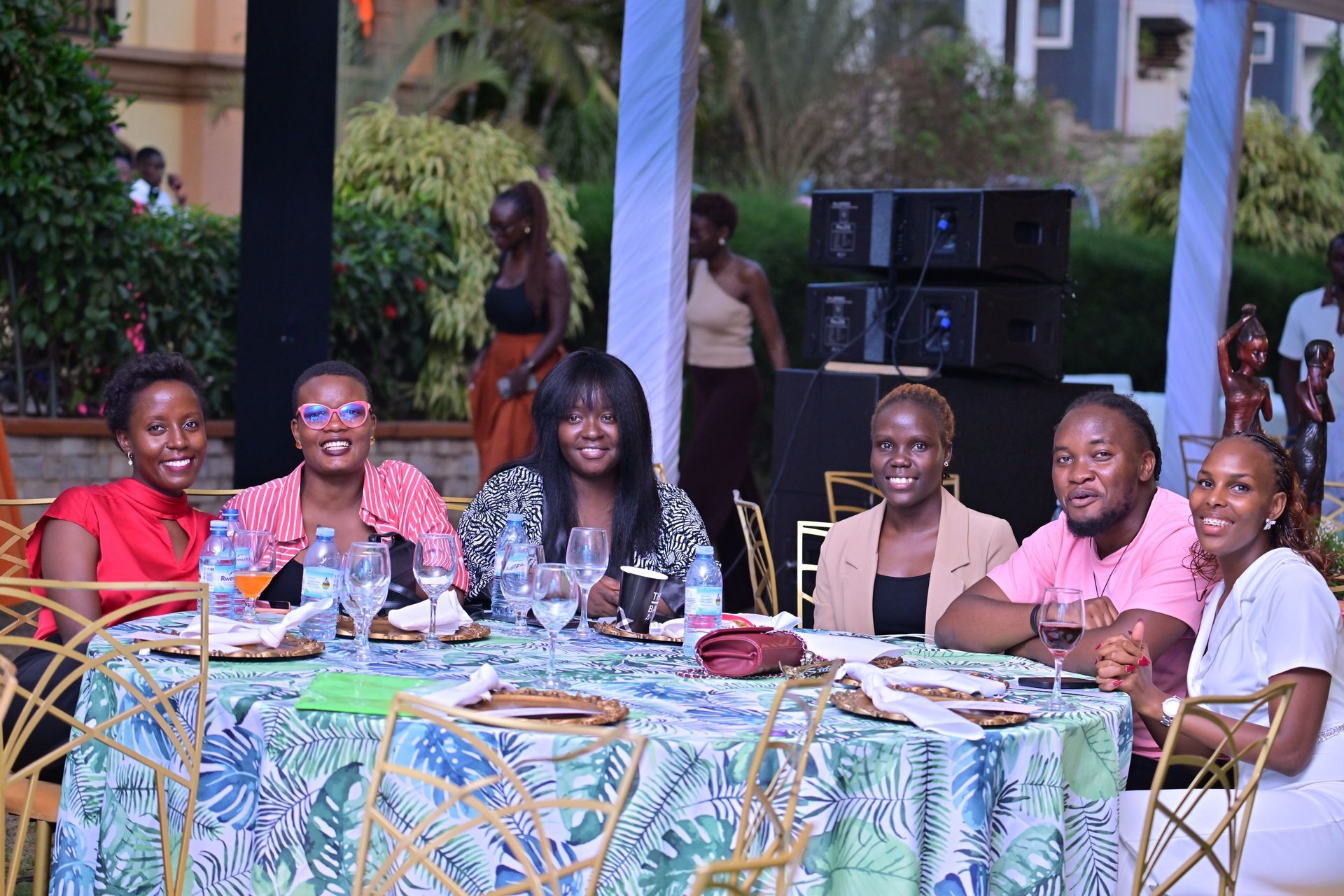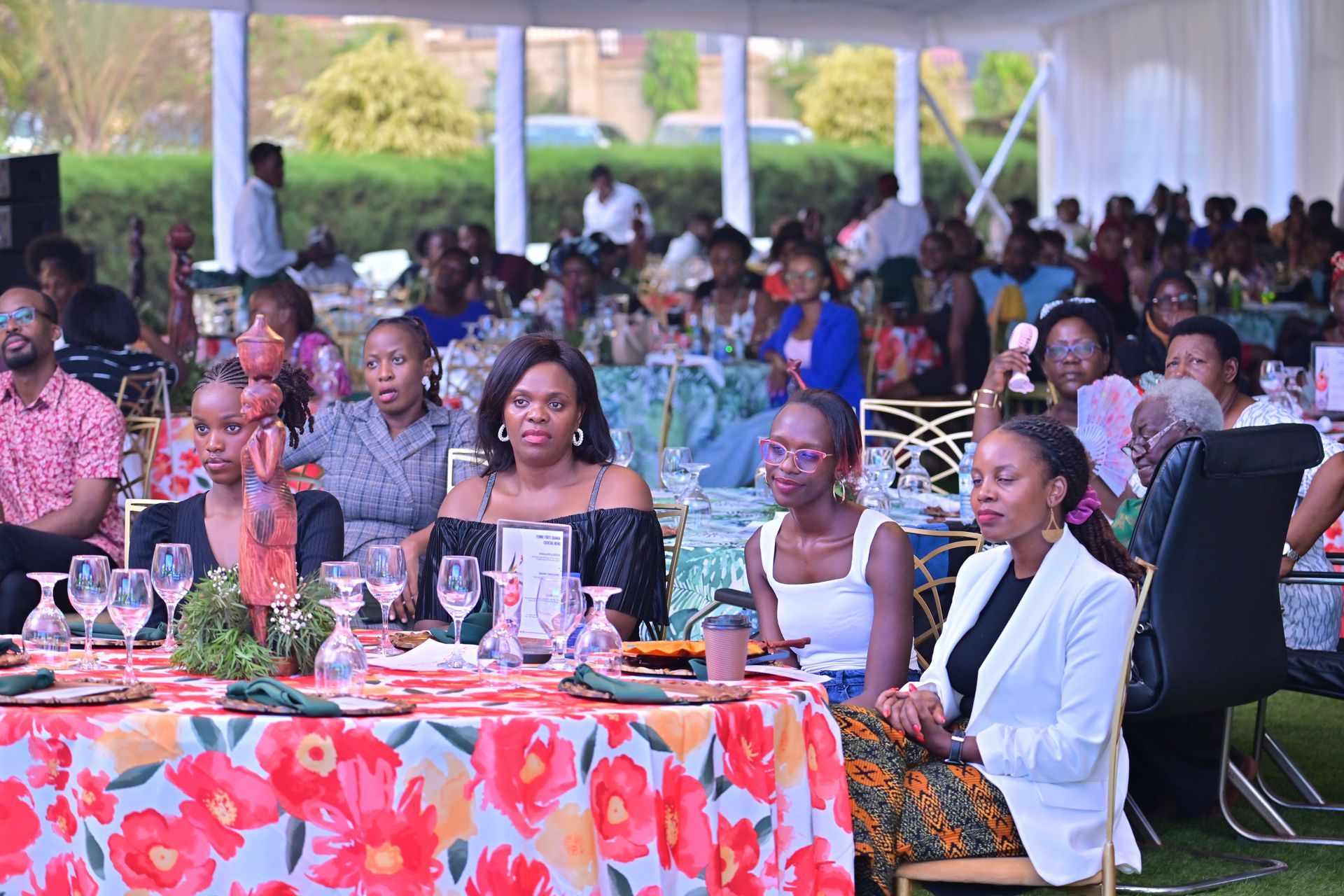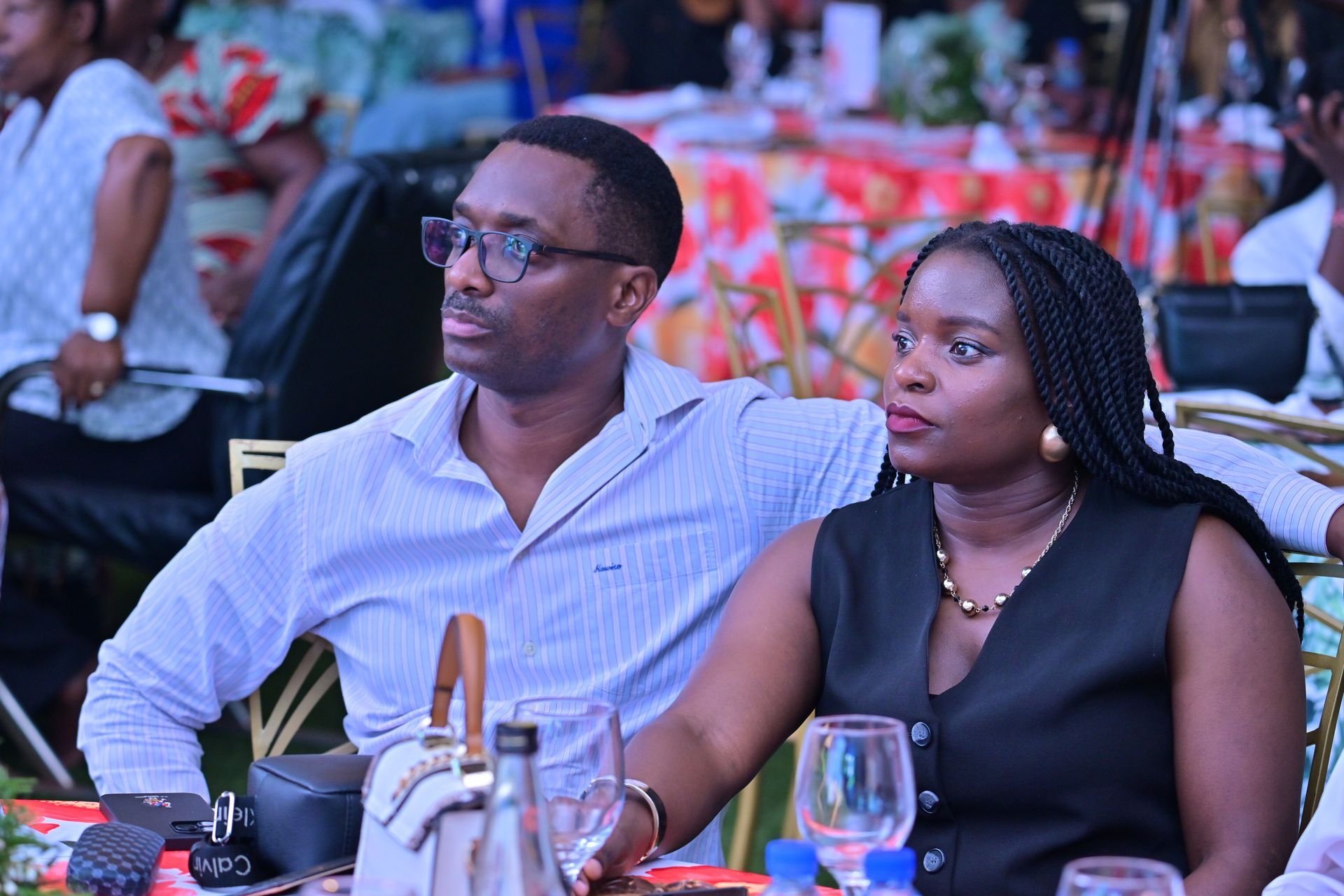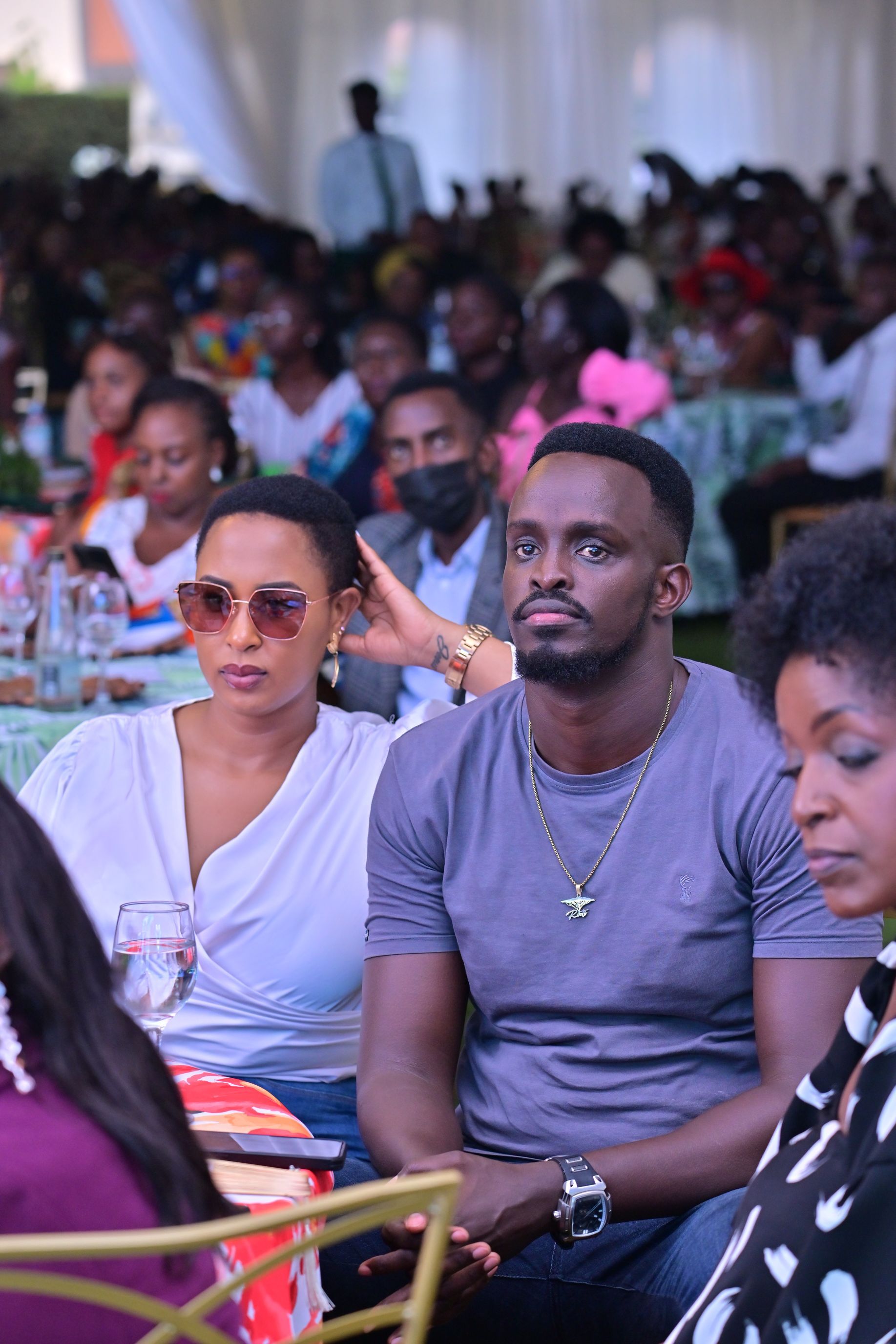November 24, 2025
For many women and girls, the internet is a place of promise and contradiction. It offers avenues for visibility and power, yet still echoes the same inequalities and harms they navigate offline. It is a site of resistance, and of repetition. As we mark the 16 Days of Activism against gender-based violence, the question, "What would a truly feminist internet look like?" becomes increasingly urgent. The Challenge: Digital Inequality and Online Violence Instead of expanding opportunity, the digital sphere has become another site where women are routinely targeted; through harassment, stalking, data exploitation, and the non-consensual sharing of intimate images (UN Women, 2020). This violence isn't merely "virtual". It has profound, lasting consequences on confidence, employment, and wellbeing, highlighting that gender-based violence in digital spaces is a continuation of systemic inequality, not an isolated issue. The Legal Ground: Digital Rights Are Women’s Rights Too Women and girls have the right to participate online without fear. Digital safety and privacy are not privileges; they are legal rights protected under both national and international law. In Uganda, the Data Protection and Privacy Act (2019) affirms every individual’s right to: privacy of personal information, consent before data collection and sharing, access and correction of their personal data, and protection from unauthorized data disclosure. This means that women have the legal right to control how their images, phone numbers, messages, and biometric information are used and shared online. Non-consensual sharing of personal or intimate data violates dignity and constitutes a breach of the law. Globally, frameworks such as the EU General Data Protection Regulation (GDPR) reinforce similar principles of consent, transparency, and data control (EU, 2016). On the African continent, the African Union Convention on Cybersecurity and Personal Data Protection (Malabo Convention, 2014) emphasizes digital rights and state responsibility to prevent cyber violence and exploitation. A feminist internet, therefore, is rooted not only in social justice, but also in law. Systemic Failure and Lack of Representation Legal protections alone are not enough because technology platforms are designed within patriarchal, profit-driven systems. Algorithms, content moderation tools, and platform policies often embed gender biases, prioritizing engagement and speed over user safety. Features that amplify virality can unintentionally promote harassment, while reporting tools frequently fail to address gendered abuse effectively. Women, particularly those from marginalized communities, are also underrepresented in tech leadership and digital policymaking (APC, 2022). This combination of exclusion and systemic bias means platforms rarely center care, equity, or inclusion. Paired with harassment and surveillance, these gaps turn potential digital empowerment into risk, leaving women and girls vulnerable and reinforcing barriers to participation and freedom online. reinforcing barriers to participation and freedom online. A Way Forward: Building the Feminist Internet We Deserve To build the feminist internet we deserve, we must articulate what we are striving toward, not only what we are resisting. A feminist internet is one where safety isn’t a privilege, where content moderation centres survivors rather than trolls. It is an internet where data belongs to the people who generate it, where access is equitable, and where girls can learn, create, and lead without fear of surveillance, shame, or harm. The fight for a feminist internet is fundamentally the fight for freedom itself. It calls us to reclaim digital spaces that have too long been shaped without us, and often against us. A feminist digital future must be built on openness, safety, and justice, not surveillance, profit, or fear. This requires more than just access; it demands agency. Women and girls must not only log in; they must be given the chance to lead, to design, code, legislate, and imagine technology that protects rather than polices them. By prioritizing the voices of diverse groups in the development of digital policies and frameworks, we can move toward a more just and inclusive digital future. Emphasizing critical digital literacy will empower women to navigate online spaces safely and effectively, enhancing their ability to participate fully in both digital and civic life. Conclusion A feminist internet thus demands intention; from the code we write, to the policies we lobby for, to the care we extend toward one another online. Building a just and fearless digital future will not emerge by default. It begins with the choice to centre safety, consent, and justice in every digital space we design, govern, and inhabit. The time for passive connection is over. The time to build the feminist internet we deserve is now. Article by Esther Awor



